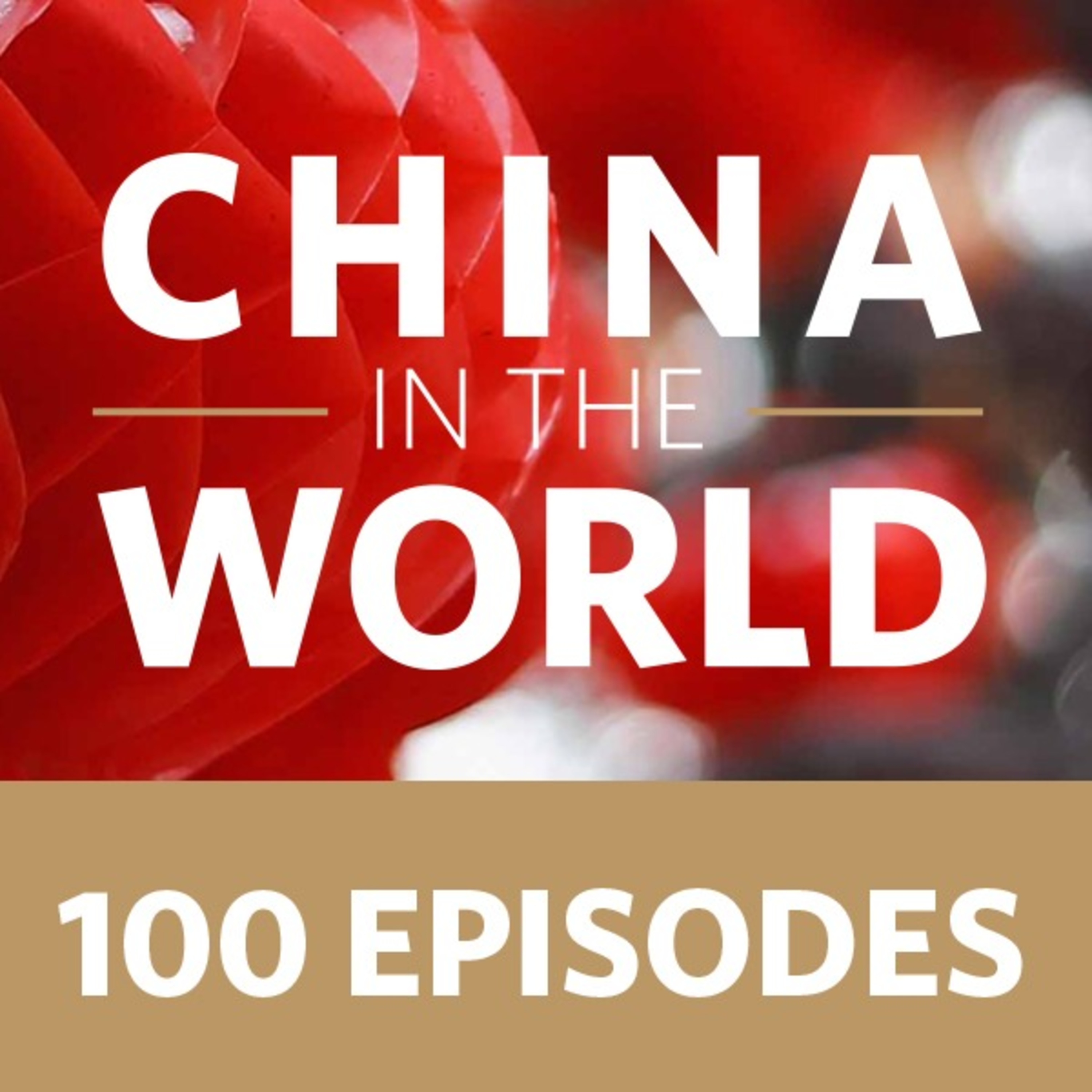China in the World
The Carnegie-Tsinghua China in the World podcast is a series of conversations between Director Paul Haenle and Chinese and international experts on China’s foreign policy, China’s international role, and China’s relations with the world, brought to you from the Carnegie-Tsinghua Center located in Beijing, China.
Government 100 rész Carnegie-Tsinghua Center
Episode 160: Part 2: Four Principles to Guide U.S. Policy Toward China
22 perc
160. rész
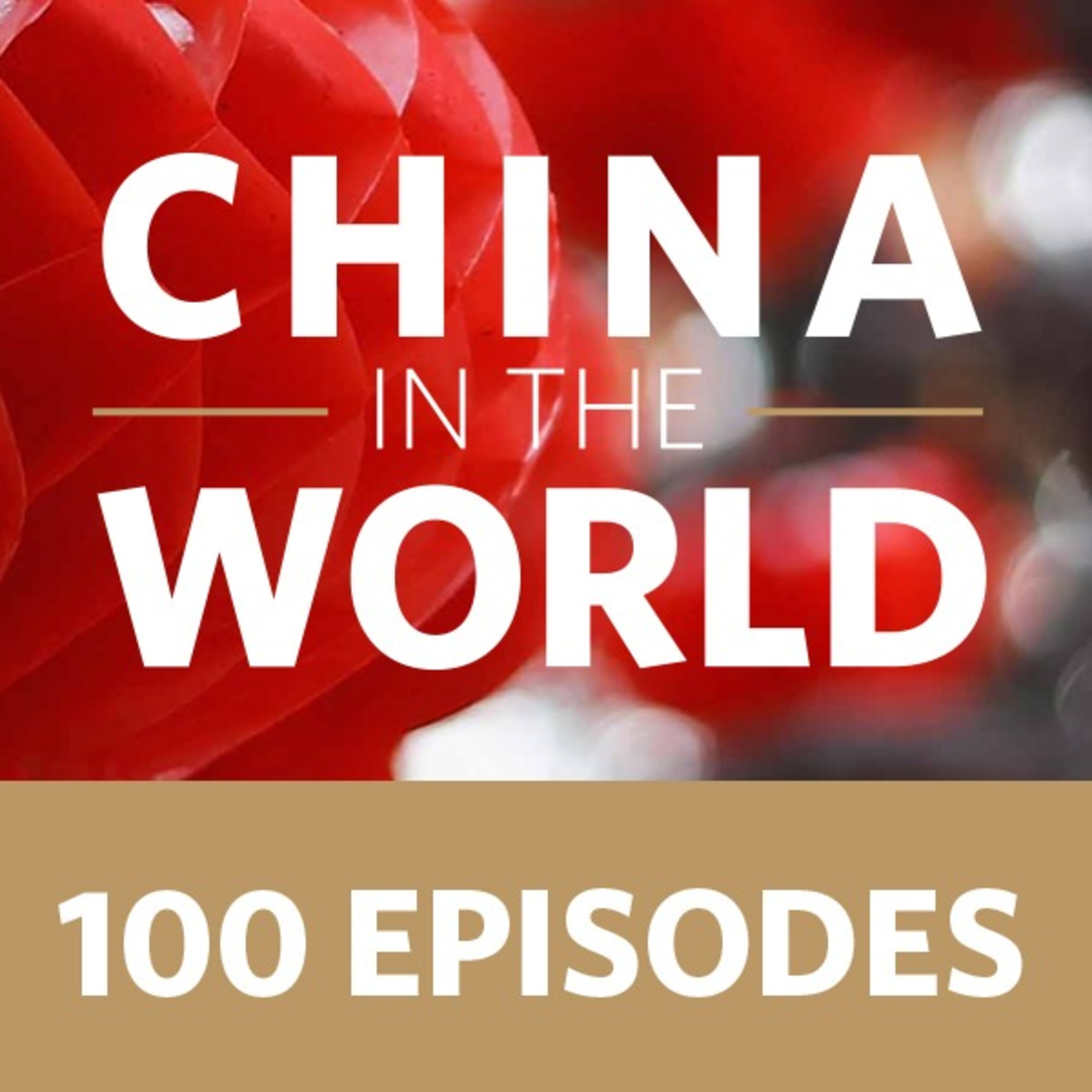
As the U.S.-China relationship becomes more competitive, how should the Biden administration approach ties with Beijing? What concepts should guide Washington’s China policy? In part two of this two-part podcast, Paul Haenle spoke with Ali Wyne, senior analyst with Eurasia Group’s Global Macro practice, about four principles the administration should follow to formulate a sustainable U.S. strategy toward China.
Episode 159: Part 1: Four Principles to Guide U.S. Policy Toward China
49 perc
159. rész

As the U.S.-China relationship becomes more competitive, how should the Biden administration approach ties with Beijing? What concepts should guide Washington’s China policy? In part one of this two-part podcast, Paul Haenle spoke with Ali Wyne, senior analyst with Eurasia Group's Global Macro practice, about four principles the administration should follow to formulate a sustainable U.S. strategy toward China.
Episode 158: Live Recording: What's Next for China-India Relations – A Look Ahead
63 perc
158. rész

Last year’s Mamallapuram summit between Chinese President Xi Jinping and Indian Prime Minister Narendra Modi suggested the historically tense China-India relationship was warming considerably. 2020, however, has been a markedly difficult year for the two countries. The ongoing Himalayan border conflict has plunged bilateral ties into crisis, and New Delhi has taken steps to limit Chinese investment into India and banned hundreds of Chinese mobile applications. While the border situation has stabilized over the past couple months, the future of China-India relations remains uncertain. What has driven the relationship’s deterioration, and is there any chance the two countries can get back on track? During a live recording of the China in the World podcast, Paul Haenle spoke with Ashley Tellis, senior fellow at the Carnegie Endowment for International Peace, and Han Hua, associate professor at Peking University, about the trajectory of China-India ties and the prospect for improved relations between Asia’s two largest countries.
Episode 157: Live Recording Replay: U.S.-China Relations Under Biden – A Look Ahead
61 perc
157. rész

While the recent election of Joe Biden likely signals a raft of domestic political changes, its impact on U.S.-China relations remains unclear. The Trump administration has remolded the relationship, which is now defined by confrontations over economic practices, emerging technologies, and security. There is also growing bipartisan support for pursuing a tougher approach to China, and the Justice, State, and Defense departments are increasingly prioritizing new initiatives to push back on Beijing. Will Biden maintain the confrontational tone and policies of his predecessor? Or will he devise an entirely different posture toward Beijing? The answers to these questions will not only have critical consequences for the two countries in question, but for the broader international community as well. During a live recording of the China in the World podcast, Paul Haenle spoke with Evan Feigenbaum, vice president for studies at the Carnegie Endowment for International Peace, and Xie Tao, dean of the School of International Relations and Diplomacy at Beijing Foreign Studies University, on how the Biden administration might approach China, as well as how Beijing is gearing up for the new U.S. president.
Paul Haenle on The Future of U.S.-China Relations
46 perc
96. rész

President-elect Joe Biden will enter the White House with challenging domestic and foreign policy agendas. Where does China rank on the Biden administration’s priority list? How is Beijing likely to respond to Biden’s election, and what are the implications for U.S. policy in the Asia-Pacific? On this collaborative episode of the China in the World podcast and the Carnegie Endowment’s The World Unpacked podcast, Paul Haenle joined Laura Lucas Magnuson, Carnegie's vice president for communications and strategy, to discuss the future of U.S.-China relations.
Live Recording Replay: The Korean Peninsula After the U.S. Elections
62 perc
95. rész
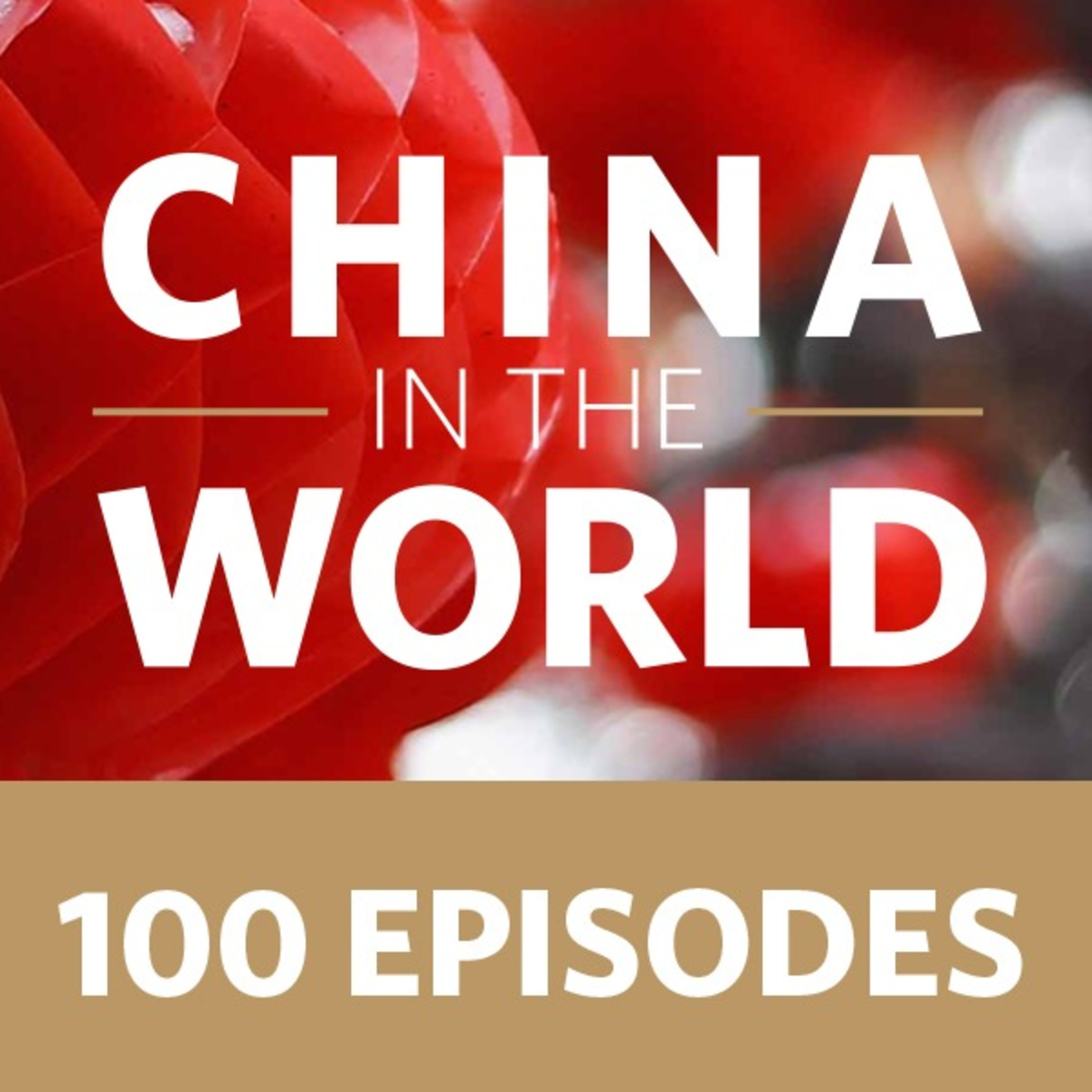
The result of the upcoming U.S. presidential election will directly impact how the United States, China, and Russia approach issues on the Korean Peninsula. How would a second Trump or first Biden administration deal with North Korea? How do policymakers in Beijing and Moscow evaluate their relations with Pyongyang? During a live recording of the China in the World podcast, Paul Haenle spoke with Carnegie experts Alexander Gabuev and Tong Zhao about the outlook for denuclearization of the Korean Peninsula and the role of the United States, China, and Russia.
Pulling U.S.-China Relations Back from the Brink
45 perc
94. rész

Why has the coronavirus crisis evolved into a contest of systems between the United States and China? What is driving China’s “wolf warriors?” Can Washington and Beijing construct more effective official dialogue mechanisms to address bilateral problems? On this episode, Paul Haenle and Zha Daojiong, professor of international political economy at Peking University, have a wide-ranging discussion on U.S.-China relations. Haenle and Zha analyze the many factors driving a downward spiral in U.S.-China relations and the outlook for bilateral ties ahead of the U.S. presidential election. They end the discussion reflecting on steps that both Washington and Beijing should take to pull the relationship back from the brink.
Understanding the Role of Ideology in U.S.-China Relations
29 perc
93. rész

U.S.-China relations are more adversarial than at any time in decades. The risk of confrontation or conflict has significantly increased, and domestic politics in both countries have exacerbated tensions. What role does ideology play in the ongoing deterioration of the relationship, and how will it impact future bilateral ties? In this episode, Paul Haenle spoke with Jie Dalei, associate professor at the School of International Studies at Peking University, to discuss the role of ideology in the U.S.-China relationship and its impact on consequential bilateral issues like Taiwan, Hong Kong, and COVID-19.
China-India, John Bolton, and U.S. Presidential Elections
42 perc
92. rész

On June 15, a month-long border standoff between Chinese and Indian forces escalated into a bloody conflict. A week later, former National Security Advisor John Bolton released his tell-all book revealing troubling positions taken by President Trump on China. In this episode, Paul Haenle spoke with Chen Dingding, professor of international relations at Jinan University and founding director of the Intellisia Institute, to better understand how these developments are being viewed in China and analyze their implications for the U.S.-China relationship and upcoming presidential elections.
Live Recording Replay: Coronavirus and the Korean Peninsula
67 perc
91. rész

As nations confront the pandemic, rumors of Kim Jung-un’s death and a flurry of North Korean missile tests injected even more uncertainty in the international landscape. How do views in Washington, Seoul, and Beijing differ or align on North Korea? What are the prospects for the resumption of diplomacy between Washington and Pyongyang? And how do tensions on the Korean Peninsula affect Northeast Asia more broadly? Paul Haenle spoke with other Carnegie experts Chung Min Lee and Tong Zhao for a live recording of the China in the World podcast, where they discuss the outlook for the denuclearization of the Korean Peninsula and shifting geopolitical dynamics in the Asia Pacific.
SPECIAL LIVE EPISODE: Coronavirus and the Korean Peninsula
1 perc
90. rész

Paul Haenle is hosting a special live episode of the China in the World Podcast this Friday, May 15, at 9 PM EST. Join Paul and other Carnegie experts Chung Min Lee and Tong Zhao for a discussion on the outlook for denuclearization efforts on the Korean peninsula and shifting geopolitical dynamics in the Asia-Pacific. A link to the event can be found here: https://carnegieendowment.org/2020/05/15/china-in-world-interactive-podcast-coronavirus-and-korean-peninsula-event-7328
U.S.-China Relations 2020: Coronavirus and Elections
42 perc
89. rész

China is facing growing international scrutiny due to its initial mishandling of the coronavirus outbreak. Countries are increasingly questioning the motives underlying Beijing’s recent international aid efforts, and there is growing concern over developments in the South China Sea, Taiwan Strait, and Hong Kong. In this episode, Paul Haenle spoke with Xie Tao, dean of the School of International Relations and Diplomacy at Beijing Foreign Studies University, to better understand China’s perspective on recent pushback against Beijing, the implications of regional security developments, and China’s role in the 2020 U.S. presidential election.
Missing in Action: U.S.-China Cooperation on Coronavirus
35 perc
88. rész

The coronavirus outbreak has highlighted the many issues in the U.S.–China relationship. Why can’t Washington and Beijing better coordinate a response to the pandemic, replicating their cooperative efforts during the 2008 financial crisis and 2014 Ebola outbreak? Paul Haenle spoke with Evan Feigenbaum, vice president for studies at the Carnegie Endowment for International Peace, on the dynamics preventing bilateral cooperation and the implications for a post-coronavirus world.
The Erosion of the Global Arms Control Regime
30 perc
87. rész
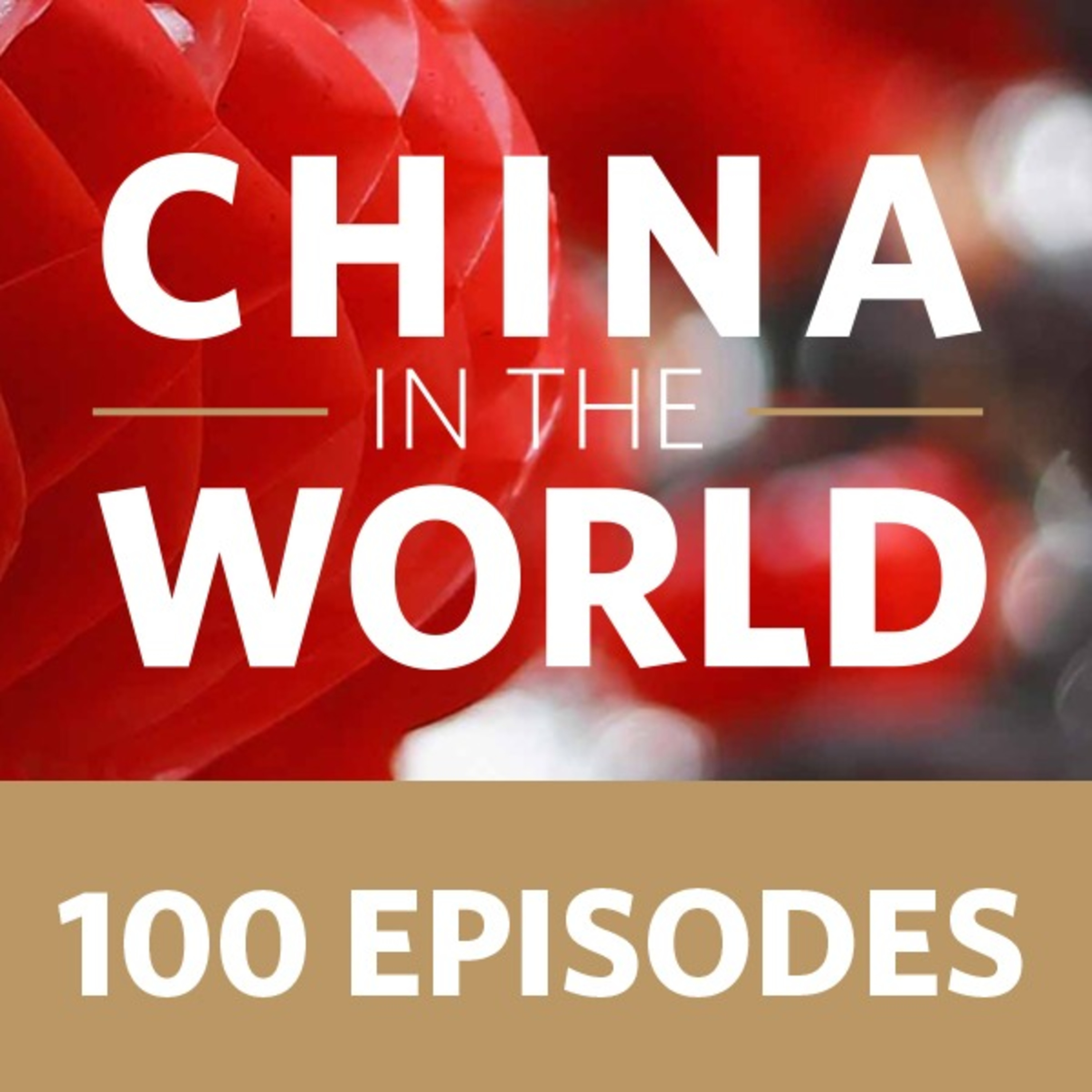
The U.S. withdrawal from the Intermediate-Range Nuclear Forces Treaty (INF) and the expiration of the New START treaty in 2021 threaten to derail decades-long efforts to maintain an effective global arms control regime. In this episode, Tong Zhao spoke with Richard Weitz, senior fellow and director of the Center for Political-Military Analysis at the Hudson Institute, about the deterioration of global arms control institutions and its effects on U.S.-China relations and regional nonproliferation efforts to contain North Korea and Iran's nuclear ambitions. Weitz argued that the U.S. withdrawal from the INF treaty stemmed from Russia’s repeated violations of the agreement and had little to do with China. Weitz said, however, that Beijing must be included in any new negotiations despite the difficulties of implementing trilateral arms control agreements. Furthermore, Weitz highlighted Beijing’s crucial role in either resuscitating the crumbling Iran nuclear agreement or negotiating a new one. On North Korea, Weitz said a lack of forward momentum in diplomacy could lead to increased tensions with Pyongyang. Though measured sanctions relief might be necessary to prevent a return to the brinksmanship of 2017, Weitz cautioned against any such actions that do not include safeguards that prevent Pyongyang from reneging on its commitments.
The Trump Administration's Shifting Rhetoric on China
29 perc
86. rész

Recent speeches by Vice President Mike Pence and Secretary of State Mike Pompeo reiterated the Trump administration’s China-related grievances, yet they also revealed a new openness to engagement with China. Paul Haenle spoke with Michael Swaine, senior fellow at the Carnegie Endowment for International Peace, about how a more thoughtful approach to the bilateral relationship might look, as well as what recent changes in the Trump administration’s rhetoric about Beijing reveal. Swaine said Beijing’s transformation into a more ideological, party-driven, assertive, and capable power has raised questions in the United States over the efficacy of engagement. The Trump administration, however, has been too simplistic in its assessment of China and presented a one-dimensional “cartoonish” picture of Beijing. In doing so, it has failed to articulate a nuanced approach that addresses the real challenges China pose. Recent polls highlight that most Americans still prefer positive relations with Beijing but are concerned about China’s more assertive behavior at home and abroad. Different definitions of human rights, among other issues, limit the possibility of future cooperation. However, Swaine argued recent speeches by senior Trump administration officials may indicate a new attitude toward Beijing–one that does not completely reject engagement. Swaine argued this shift in tone is due to the administration’s realization that American allies and partners have serious misgivings about its zero-sum view of its relationship with China. Swaine cautioned, however, that U.S.-China relations are unlikely to improve substantially in the near future, especially if Beijing continues to be unwilling to take greater responsibility to address growing international concern surrounding its rise.
QUICK TAKE: What Does China Think About Soleimani’s Killing?
32 perc
85. rész

The U.S. strike on Qasem Soleimani took the world by surprise and has enormous implications for U.S. relations not only with Iran, but also with the rest of the Middle East and the international community. How have news of the attack and other related developments been received in China? Just days after the January 3rd strike, Paul Haenle spoke with Jin Canrong, associate dean of the School of International Studies at Renmin University, to discuss China’s view on the killing of Soleimani and developments since.
Are U.S.-China Relations In a Downward Spiral?
46 perc
84. rész

Is the current downturn in U.S.-China relations different from anything the two countries have experienced before? Paul Haenle sat down with Daniel Russel, vice president for International Security and Diplomacy at the Asia Society Policy Institute and former assistant secretary of state for East Asia and Pacific Affairs, to reflect on why bilateral relations have deteriorated and what each country can do to right the ship, as well as expectations for diplomacy on the Korean peninsula in 2020. Russel said the ongoing downturn in U.S.-China ties is different from past pendulum swings and that there is a real possibility the two countries could enter a downward spiral that would be difficult to reverse. He attributed part of the deterioration to China’s growing assertiveness and exploitative economic practices, many of which have provoked the United States, as well as other countries, to push back. Russel also highlighted the Trump administration’s abandonment of a multilateral, deliberate, and solutions-oriented approach to foreign policy. The administration has taken a “wrecking ball” to China policy solely to halt Beijing's rise and express American grievances, Russel said. Escaping this negative spiral will require good-faith actions from both countries. Beijing needs to recalibrate its feedback mechanisms, which have prevented it from understanding how other countries perceive its actions, and should narrow the “say-do” gap that has eroded China’s credibility in the United States and around the world. Along with revising its wrecking-ball approach, the Trump administration needs to resist the temptation to adopt illiberal tactics, such as restricting Chinese investment and limiting people-to-people exchanges. On North Korea, Trump has humiliated American allies, ignored Pyongyang's violations of United Nations Security Council resolutions, and ceded important leverage to Kim Jong-un, Russel said. Put simply, Kim has demonstrated he has a strategy while Trump has demonstrated he does not.
Was Engagement with China Really Such a Failure?
19 perc
83. rész

Shortly before the United States and China announced that they had reached a “Phase One” trade deal, Paul Haenle sat down with Andy Rothman, principal advisor at the investment firm Matthews Asia and former head of macroeconomics and domestic policy at the U.S. embassy in Beijing. The two discussed the trade dispute, whether the U.S. policy of economic engagement with China failed, and the trade deal. Rothman argued that, contrary to the dominant narrative in Washington, engagement has accomplished many of the goals it was designed to achieve. China has dramatically liberalized its economy, is one of the largest markets for U.S. companies, and is a source of cheap goods for American consumers. He argued decoupling is both impractical, given how integrated the two economies have become and how much U.S. companies rely on the Chinese market, and politically unfeasible, insofar as U.S. allies would be reluctant to back the effort. A more viable strategy would be to focus on achieving limited goals, such as securing increased market access and IP protection, rather than a structural overhaul of the Chinese economy. However, Rothman said that the first step should be securing a “Phase One” deal.
Will North Korea Take a “New Path” in 2020?
34 perc
82. rész

At the beginning of 2019, Paul Haenle and Tong Zhao, Carnegie–Tsinghua Center Senior Fellow, discussed the outlook for denuclearization on the Korean Peninsula on the China in the World podcast. As 2019 draws to a close, Haenle and Zhao sat down again to analyze developments involving North Korea, the United States, and China over the past year and discuss Kim Jong-un’s end of year deadline for the United States to change its approach to denuclearization negotiations. Zhao pointed to Trump and Kim’s failure to reach an agreement at the Hanoi Summit as the biggest surprise in developments relating to diplomacy on the Korean Peninsula in 2019. In the wake of the summit and following a series of unproductive working-level talks, Kim is ramping up pressure on the United States to extract concessions, Zhao said. Pyongyang only wants a limited agreement from Washington that would see the relaxation of the most stringent United Nations Security Council sanctions in return for some controls on North Korea’s nuclear program. Zhao argued the United States and the international community no longer have the coercive ability to force North Korea to take significant actions that would circumscribe its nuclear program. As we approach North Korea’s end of year deadline, Zhao said he is uncertain to what extent Pyongyang will ratchet up tensions if a deal cannot be reached. However, he noted that Kim is increasingly adept at ensuring provactive actions such as missile tests do not irritate Russia or China, while applying greater pressure on the United States. North Korea increasingly views Trump as a paper tiger, Zhao said. Facing domestic pressures and unwilling to go to war, many in Pyongyang believe Trump will eventually lower his demands and agree to a lesser deal.
Three Speeches in October
27 perc
81. rész

In October 2019, Vice President Mike Pence, Secretary of State Mike Pompeo, and Delaware Senator Chris Coons, delivered speeches laying out their respective visions for the U.S.-China relationship. In this episode, Paul Haenle spoke with Robert Daly, director of the Kissinger Institute at the Wilson Center, about American and Chinese reactions to the speeches and the implications for the bilateral relationship. “America has woken up to the dangers of China,” Daly said. There is agreement that the bilateral relationship will be more competitive but a lack of consensus on a comprehensive strategy going forward. Daly argued the speeches by Pence, Pompeo, and Coons articulated different strategies for future engagement. Coons laid out an approach in which competition and cooperation with China are not mutually exclusive. He advocated for the United States to revitalize domestic policies that spur economic growth and uphold U.S. values. Alternatively, Pompeo and Pence put forth more confrontational visions for the relationship in line with those of individuals like Steve Bannon and Senator Tom Cotton who view China as an existential threat. Americans must understand that either competition or outright rivalry with China will incur significant costs for the United States, Daly argued, but the latter approach is likely to be more costly in the long term.
Are China-Russia Relations Getting Too Close for Comfort?
37 perc
80. rész

Discussion of U.S.-China-Russia relations often focuses on how American policy is driving Moscow and Beijing closer together. This analysis, however, ignores important factors limiting cooperation between China and Russia and preventing the two countries from forming an alliance. Paul Haenle sat down with Carnegie scholars Dmitri Trenin, Eugene Rumer, and Alexander Gabuev to discuss constraints on the China-Russia relationship and their implications for U.S. policy. Trenin, Rumer, and Gabuev agreed that there are clear limits to further China-Russia cooperation. Trenin characterized the relationship as an “entente” driven by a high degree of mutual strategic understanding on common core interests. Gabuev argued that China’s rapid pace of growth relative to Russia’s has led to insecurities in the Kremlin despite their growing economic, military, and technological ties. Russia does not want the relationship to become too asymmetrical and fears becoming overly reliant on Beijing for economic and technological support. Rumer argued neither side is looking for an alliance, as both Moscow and Beijing want to maintain positive relations, but at an arm’s-length. Haenle highlighted that Russia and China hold divergent views of the international system, leading to fundamental disagreements over whether to reform or undermine the global order. He argued that China is increasingly frustrated by Russian attempts to further its geopolitical aspirations by exploiting global instability.
Part 2: Is the US-China Relationship in Free Fall?
23 perc
79. rész

The U.S.-China relationship is bad, and it’s getting worse. In part two of this two-part podcast, Paul Haenle sat down with Da Wei, assistant president and professor at the University of International Relations in Beijing, to discuss evolutions in China’s politics, economics, and foreign policy affecting the U.S.-China relationship. Da Wei argued that shifting domestic politics in China and the United States are negatively impacting bilateral ties. In Washington, there is no longer widespread support for engagement with China. In Beijing, debates over the role of the state in the economy, driven by a fear of falling into the middle-income trap, are limiting progress in implementing economic reforms. In the international sphere, China has abandoned its policy of “hide and bide” and is pursuing a more active foreign policy representative of it growing strength. The confluence of the above factors is exacerbating tensions between Beijing and Washington, as well as between China and other countries in the Asia-Pacific. No matter who wins the next U.S. election, Da Wei argued, China’s focus will be on creating a more stable and predictable relationship. Specifically, this will require Beijing and Washington to focus on defining clear areas of competition and cooperation.
Part 1: Is the US-China Relationship in Free Fall?
27 perc
78. rész

The U.S.-China relationship is bad, and it’s getting worse. In part one of this two-part podcast, Paul Haenle sat down with Da Wei, assistant president of and professor at the University of International Relations in Beijing, to discuss Chinese perceptions of the Trump administration one month after the August 1st tariff announcements. Da Wei said the Trump administration has focused China’s attention on the need to address underlying issues in the bilateral relationship, but that it has overstepped. President Trump’s use of tariffs has hardened Chinese views and limited Beijing’s ability to make concessions, even if they are in China’s self-interest, without appearing weak. Trump’s decision to impose new tariffs on China following the Osaka G20 meeting and Shanghai negotiations reinforced Chinese views that Trump is unreliable and may even change his mind even if a deal is struck. Da Wei argued Trump’s objectives are different from those of his advisors. Officials in the administration have a range of economic and security goals that are not necessarily aligned with Trump’s. However, Da Wei said that a majority of Chinese people now believe that the United States seeks to undermine China’s rise.
Why Can’t the U.S. and China Make a Trade Deal?
23 perc
77. rész

Temporary truces followed by rapid escalations in the U.S.-China trade war continue to hamper progress toward a lasting trade deal. Policymakers in Washington and Beijing are now preparing for the possibility of a protracted dispute, and the ramifications that accompany it. In this podcast, Paul Haenle spoke with Jia Qingguo, professor at and former dean of the School of International Studies at Peking University, about the many factors hampering trade negotiations and the deeper structural issues in the U.S.-China relationship. Haenle and Jia discuss the difficulties facing leaders in both countries as they grapple to resolve trade tensions while dealing with domestic politics, vested interest groups, and strong historical legacies.
The Crisis Unfolding in Asia
17 perc
76. rész

In this episode, Paul Haenle spoke with Evan Medeiros, former special assistant to the president and senior director for Asian affairs at the National Security Council, on escalating tensions between Japan and South Korea and the implications for the United States and China.
How Might a Democratic President Deal with China?
28 perc
75. rész

Presidents Trump and Xi will meet on the sidelines of the G20 later this week following a breakdown in bilateral trade negotiations and amid growing technological competition. In this episode, Paul Haenle spoke with Jake Sullivan, former national security advisor to vice president Joe Biden and senior fellow at the Carnegie Endowment for International Peace, on how U.S. policy toward China might differ under a Democratic president and China’s role in the 2020 presidential campaign.
Iraq, ISIS, and China’s Balancing Act in the Middle East
43 perc
74. rész

Upheavals and changing political dynamics across the Middle East are threatening to destabilize the region. External powers, notably the United States and China, are shifting their tactics, as Washington rebalances its presence and Beijing expands its economic interests. In this episode, Paul Haenle spoke with Brett McGurk, former special presidential envoy for the global coalition to defeat ISIS and nonresident senior fellow at the Carnegie Endowment for International Peace, on his extensive background working in the Middle East and the implications of shifting U.S. and Chinese policy for the region.
China-India Relations One Year After the Wuhan Summit
36 perc
73. rész

In May 2018, President Xi Jinping and Prime Minister Narendra Modi met in Wuhan for an informal summit that many said helped reset the relationship following the Doklam crisis. In this episode, Paul Haenle spoke with Rudra Chaudhuri, director of Carnegie India, and Srinath Raghavan, senior fellow at Carnegie India, about the state of China-India relations one year after Wuhan, as well as the implications of Trump’s “America First” policies on New Delhi-Beijing relations.
Can China Remain Above Geopolitics in the Middle East?
17 perc
72. rész

As the United States reassess its involvement in the Middle East, China is stepping up its economic engagement with the region. In this podcast, Paul Haenle spoke with Marwan Muasher, vice president for Studies at the Carnegie Endowment for International Peace and former deputy prime minister for Jordan, on difficult transitions Middle Eastern countries face following the Arab Spring, as well as the challenges for China as its grows its presence in the Arab world,
Reassessing China: Europe Sharpens Its Approach
35 perc
71. rész

In recent weeks Beijing has both won victories and suffered defeats during important summits and dialogues with France and Italy, as well as the European Union. Paul Haenle sat down with Tomas Valasek, director of Carnegie Europe, and Pierre Vimont, senior fellow at Carnegie Europe, to discuss underlying issues driving China-Europe relations, the outlook for China’s engagement with the European Union (EU), and the implications for transatlantic relations.
Susan Thornton on a Crisis in U.S.-China Relations
35 perc
70. rész

Over three years into Trump’s presidency, U.S.-China trade and economic issues remain unresolved while security concerns are creeping into the bilateral agenda. In this podcast, Paul Haenle spoke with Susan Thornton, former assistant secretary of state for East Asian and Pacific Affairs, on the trajectory for bilateral ties and the potential for a crisis in U.S.-China relations.
Xi's Visit to Europe and China as a "Systemic Rival"
36 perc
69. rész

President Xi Jinping travels to Italy and France this month for his first overseas trip of 2019. His visit comes soon after the European Commission labeled China a “systemic rival” and “economic competitor.” In this podcast, Paul Haenle spoke with Philippe LeCorre, nonresident senior fellow in the Europe and Asia programs at the Carnegie Endowment for International Peace, on Xi Jinping’s upcoming trip and shifting perceptions of China across Europe.
Nuclear Issues in the Asia-Pacific: The Hanoi Summit and the INF Treaty
37 perc
68. rész

The upcoming Hanoi Summit and the United States’ withdrawal from the Intermediate-Range Nuclear Forces Treaty (INF) are two important developments in the area of nuclear arms control with significant implications for the Asia-Pacific region. In this episode, Tong Zhao spoke with Li Bin, senior fellow in the Carnegie Endowment’s Nuclear Policy and Asia programs, about the importance of these two critical nuclear arms control issues and their implications for China.
The U.S.-China Economic Relationship: Engagement and Decoupling
25 perc
67. rész

To commemorate the fifth anniversary of the China in the World podcast, Paul Haenle is interviewing five of the most influential Chinese scholars to discuss this important inflection point in U.S.-China relations. For the fifth and final episode in this series, Haenle spoke with Professor Yao Yang, one of China's top economists and Dean of the National School of Development at Peking University.
New Summit, Old Issues: Trump-Kim Round 2
43 perc
66. rész

Kim Jong-un’s New Year’s address and fourth visit to Beijing quickly put Pyongyang back in the spotlight in 2019. His meeting with Xi Jinping also likely foreshadowed a meeting with President Trump in the near future. On this episode of the China in the World podcast, Paul Haenle spoke with Tong Zhao, a fellow at the Carnegie–Tsinghua Center for Global Policy, on the implications of Kim’s New Year’s address and meeting with Xi Jinping, as well as the outlook for North Korea’s relations with China and the United States in 2019. Zhao said Kim’s threats to take a “new path” if the U.S. does not lift sanctions does not mean a return to nuclear and missile tests. Instead, Pyongyang will likely strengthen ties with Beijing, departing from its focus on balancing relations between the United States and China. Zhao agreed with Haenle that the North Korea nuclear problem is not solved, as President Trump has claimed. North Korea appears committed to maintaining its intercontinental ballistic missile and nuclear programs. The fundamental barrier preventing progress on denuclearization is that Pyongyang will not trust any U.S. security guarantees, as such commitments are reversible. Instead, Zhao pushed for a long-term process that builds trust and transforms the relationship from hostile to friendly. The Kim-Xi relationship is one of convenience, rather than actual friendship, Zhao said. As Kim prepares for a second summit with Trump, he is not confident he can secure sanctions relief and is more willing to cozy up to Beijing. However, building a long-term relationship with the United States remains Kim’s priority. Washington’s support is key to lifting UN sanctions that prevent the North Korean economy from developing quickly. Zhao said China supports a second meeting between Trump and Kim because there is real hope that it could lead to actual progress on a deal. However, if the meeting does not go well, China is likely to blame the United States for not accommodating North Korean demands, widening the gap between Washington and Beijing during a delicate period in the relationship. If the situation on the Korean Peninsula deteriorates, China might even accuse the United States of deliberately precipitating a crisis to advance its own interests in the region.
Graham Allison on Avoiding the Thucydides Trap
33 perc
65. rész

How can the United States and China peacefully manage growing bilateral competition? In this podcast, Paul Haenle spoke with Graham Allison, Douglas Dillon Professor of Government at Harvard University, on the concept of the Thucydides Trap and its relevance to the U.S.-China relationship. Allison said the Thucydides Trap is the best framework to understand why there is potential for conflict between the United States and China. As China grew stronger, the U.S. failed to recognize Beijing would increasingly assert its own vision for the international order, thereby challenging the American-led global system. China now represents both a strategic rival and partner for the United States. The bilateral relationship needs a new framework that accounts for significant areas of competition and cooperation. Allison said the United States and China share vital national interests in ensuring the survival of their respective nations and must work to resolve issues clouding the economic relationship. This includes devising a new set of rules that accounts for China’s unprecedented economic development and status as a global power. For guidance, policymakers should look to John F. Kennedy’s post-Cuban Missile Crisis call for a world “safe for diversity.” This would allow nations with different political systems, economic development models, and ideologies to compete in peaceful co-existence.
China’s Shift to a More Assertive Foreign Policy
40 perc
64. rész

To commemorate the fifth anniversary of the China in the World podcast, Paul Haenle is interviewing five of the most respected Chinese international affairs scholars to discuss this important inflection point in U.S.-China relations. For the fourth episode in this series, Haenle spoke with Shi Yinhong, Director of the American Studies Institute at Renmin University and Director of the Academic Committee of the School of International Relations. Shi pointed to two important turning points in China’s foreign policy shift to a more assertive international approach. The first was the global financial crisis stressed the importance of China’s economic development as an engine for global growt. The second was Xi’s rise to power and a more ambitious international approach. Shi said China undertook a number of new foreign policy initiative in the South China Sea, relations with Russia, and the Belt and Road Initiative. China is now at a stage where it should assess the successes and failures of its recent foreign policies. Beijing must be willing to be flexible and adjust its future international engagement to reflect the realities of the evolving geopolitical environment. At home, Chinese policymakers should implement much more broad and deep reforms to ensure stable economic and financial systems. This includes areas increasing market access, giving equal treatment to private and state owned enterprises, and addressing core demands laid out in the USTR section 301 report. Time is running out, Shi argued, and China needs to act quickly before implementing further economic reforms becomes too difficult. In the current contentious US-China relationship, Shi said prudent pessimists are needed to think through urgent resolutions and save the bilateral relationship from continuing down a dangerous path.
Devising A New Formula for Global Leadership
42 perc
63. rész

To commemorate the fifth anniversary of the China in the World podcast, Paul Haenle is interviewing five of the most respected Chinese international affairs scholars to discuss this important inflection point in U.S.-China relations. For the third episode in this series, Haenle spoke with Yan Xuetong, dean of the Institute of International Studies at Tsinghua University and secretary general of the World Peace Forum. Yan asserted the U.S.-China relationship is experiencing structural disruptions, the resolution of which will have a lasting impact on the two countries. China’s economic achievements over the past 40 years are based on market economy reforms and the development of the private sector, Yan argued. He said the tensions in the U.S.-China relationship are primarily due to the narrowing gap between the two countries’ national strength. Going forward, the United States and China need to address their own domestic problems related to economic growth and technological development before resolving foreign policy issues. Beijing was right to shift from its past policy of keeping a low international profile, Yan said. However, China should focus on strengthening its regional position before moving too quickly into other parts of the globe. The Trump administration has made clear that it will forsake traditional U.S. global leadership roles, Yan said, but China does not yet have the capacity to supplant the United States in the international arena. This new dynamic stresses the need for the two countries to establish a framework that allows for joint leadership, as neither is willing or able to lead unilaterally.
Sources of Competition in U.S.-China Relations
44 perc
62. rész

To commemorate the 5th anniversary of the China in the World podcast, Paul Haenle is interviewing five of the most respected Chinese international affairs scholars to discuss this important inflection point in U.S.-China relations. For the second episode in this series, Haenle spoke with Wang Jisi, professor in the School of International Studies and president of the Institute of International and Strategic Studies at Peking University.
Managing a Fragile Transition in U.S.-China Relations
35 perc
61. rész

To commemorate the 5th anniversary of the China in the World podcast, Paul Haenle is interviewing five of the most respected Chinese international affairs scholars to discuss U.S.-China relations at an important inflection point. For the first episode in this series, Haenle spoke with Cui Liru, former president of the China Institutes of Contemporary International Relations. During the episode, Haenle and Cui discussed lessons from the past 40 years of the bilateral relationship, central areas of cooperation and competition, and a future framework that will allow the U.S. and China to avoid conflict. Cui asserted that U.S. and Chinese interests are not fundamentally incompatible, but that the relationship is in a fragile transition period that will require each country to work harder to better understand the other side’s common and diverging interests.
U.S.-China Relations Following the Midterms and Ahead of the G20
32 perc
60. rész

Do the U.S. midterm election results have implications for the U.S.-China relationship? In this podcast, Paul Haenle spoke with Douglas H. Paal, vice president for studies at the Carnegie Endowment for International Peace, about the midterm elections and the status of pressing security issues impacting the bilateral relationship, including Taiwan, North Korea, and the South China Sea.
U.S.-China-Russia Cooperation in Mitigating Nuclear Threats
40 perc
59. rész

In this episode, Tong Zhao spoke with Richard Weitz, senior fellow and director of the Center for Political-Military Analysis at the Hudson Institute, about U.S., Chinese and Russian perspectives on nuclear arms control and its relevance to denuclearization of the Korean Peninsula.
Is the U.S. Driving China and Russia Together?
34 perc
58. rész

As U.S. relations with China and Russia deteriorate under the Trump administration, bilateral relations between Moscow and Beijing grow stronger. In this podcast, Paul Haenle spoke with Dmitri Trenin and Alexander Gabuev, director of and senior fellow at the Carnegie Moscow Center, respectively, about dynamics between the three countries and whether U.S. policy is driving China and Russia closer together.
A Perfect Storm in U.S.-China Relations?
46 perc
57. rész

Disagreements between the U.S. and China have the potential to reshape the long-term trajectory of the bilateral relationship. In this podcast, Paul Haenle spoke with Daniel Russel, former assistant secretary of state for East Asian and Pacific affairs, on the future prospects for U.S.-China relations and the potential for significant and long-lasting structural shifts in the relationship.
How Can China Address Global Concerns over its Trade and Economic Policies
39 perc
56. rész

One week after Vice President Pence’s Hudson Institute speech, Paul Haenle spoke with professor Da Wei, assistant president and professor at the University of International Relations in Beijing, to understand China’s reaction to the speech and discuss what steps the U.S. and China might take to address the current tensions over trade and economics. Haenle noted that official Chinese narratives about the U.S.-China trade war have been absent Chinese reflection or discussion of what role China’s own policies have played in creating trade tensions. Haenle argued that many of the concerns on structural issues – i.e. market access, intellectual property rights, forced technology transfer, and China’s industrial policies – are of common concern by the international community. Casting these concerns only in the U.S.-China bilateral context leads to narratives in China that accuse the U.S. of seeking to contain China’s rise, rather than as shared global concerns. Da Wei stressed that as China celebrates its 40th anniversary of reform and opening up, Chinese policymakers and academics are beginning to reflect on the need for further economic reforms. However, vested interests among various Chinese stakeholders make implementing these reforms increasingly complicated. Professor Da Wei agreed with Haenle on the need for China to acknowledge the concerns of the international community, pointing toward the meeting between presidents Trump and Xi at the G20 as an opportunity to do so. At the same time, Professor Da Wei suggested that Trump could use the meeting to reassure Xi the U.S. is not seeking to contain China or block its continued development.
The U.S. and China as Peer Competitors in the Indo-Pacific
33 perc
55. rész

The Trump administration has taken a more confrontational approach to bilateral relations with China, implementing tariffs on nearly half of all Chinese exports to the United States and treating Beijing as a strategic competitor across many aspects of the relationship. In this podcast, Paul Haenle spoke with Abigail Grace, a research associate in the Asia-Pacific Security Program at the Center for a New American Security, on the changing dynamics of U.S. relations with China, and the U.S. Free and Open Indo-Pacific strategy.
Paul Haenle and Kaiser Kuo on DPRK Diplomacy and U.S.-China Relations
62 perc
54. rész
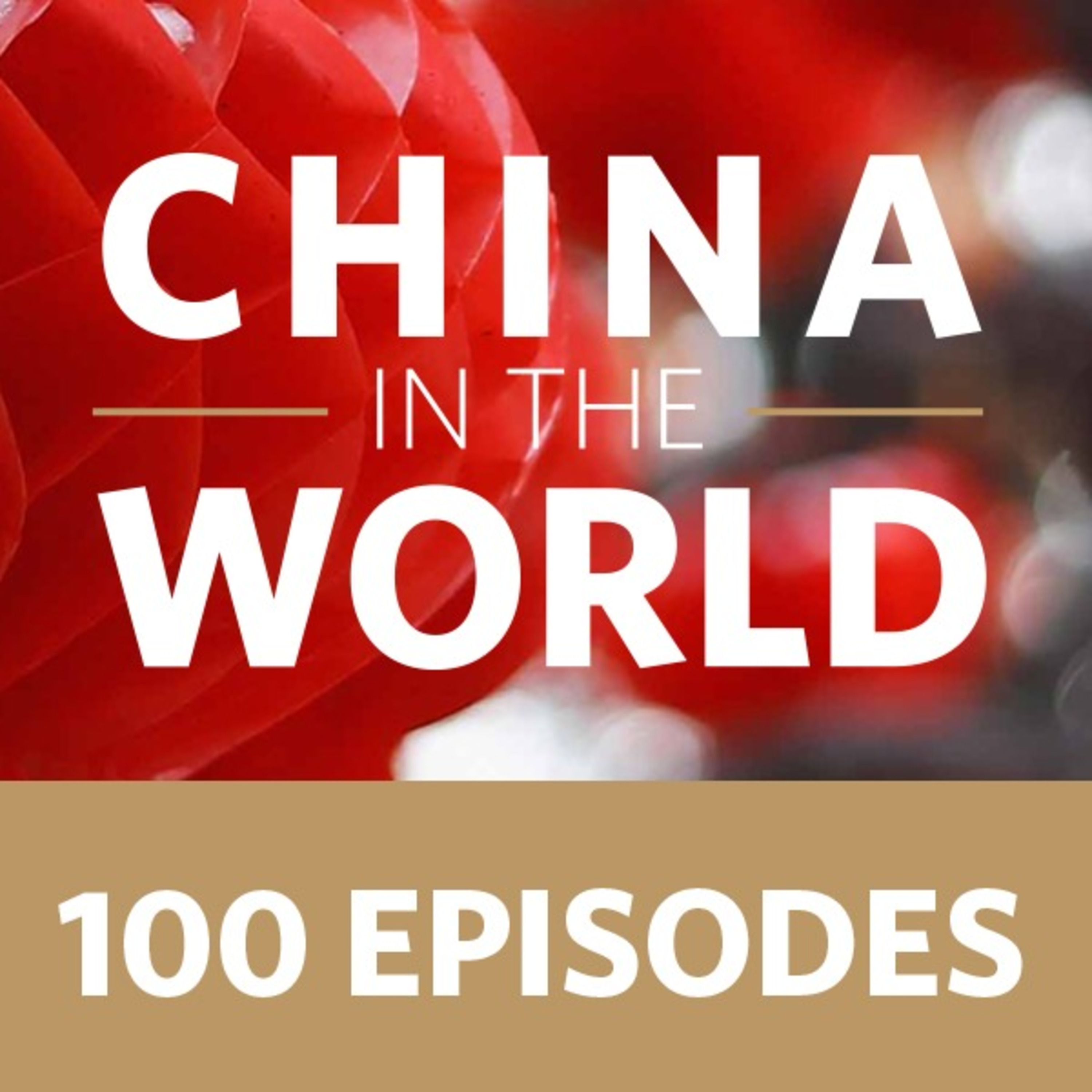
In this episode of the China in the World podcast, Paul Haenle joined Kaiser Kuo, editor-at-large of SupChina, to discuss next steps for DPRK diplomacy and tensions between the United States and China over trade, Taiwan, and the Belt and Road Initiative. Haenle shared his experience working as White House representative to the Six-party talks in the Bush administration. He said China’s relations with North Korea reached a historic low in 2017 due to the leadership's frustration with Pyongyang's provocative nuclear and missile tests, leading to Beijing's increased willingness to join the international maximum pressure campaign. Haenle argued the Singapore summit reduced U.S. leverage with North Korea and produced a vague statement which failed to advance denuclearization. On the U.S.-China trade dispute, Haenle urged the Trump administration to work closely with U.S. allies who share concerns about China's industrial policies, market access restrictions, and intellectual property rights violations. He expressed concern over the lack of a comprehensive U.S. strategy toward China, especially with regard to cross-Strait relations and the Belt and Road Initiative.
China and the U.S. Nuclear Posture Review
39 perc
53. rész

The release of the Trump Administration’s Nuclear Posture Review earlier this year emphasized the growing threat of nuclear competition in the Asia-Pacific, specifically with reference to Russia, North Korea, and China. In this podcast, Tong Zhao sat down with David Santoro, Director and Senior Fellow of Nuclear Policy Programs at the Pacific Forum, to explore pressing nuclear issues in the region and their implications for the U.S.-China relationship.
Technology and Innovation in an Era of U.S.-China Strategic Competition
23 perc
52. rész

China has taken significant steps to implement national strategies and encourage investment aimed at surpassing the U.S. in high-tech fields like artificial intelligence. In this podcast, Paul Haenle sat down with Elsa Kania, Adjunct Fellow at the Center for a New American Security and Carnegie-Tsinghua Young Ambassador, to discuss the growing competition in the development of technology and innovation on the U.S.-China relationship and the consequences for future cooperation in these fields.
U.S.-China Tensions over Trade and Technology
26 perc
51. rész

Trade tensions between the U.S. and China continue to escalate, accentuating disagreements on economic policy and fueling competition over emerging technologies. In this podcast, Paul Haenle sat down with Chen Dingding, professortch of International Relations at Jinan University, to discuss Chinese reactions to the ongoing trade dispute and bilateral competition surrounding strategic technologies like artificial intelligence.
Paul Triolo on Made in China 2025
17 perc
50. rész

China’s “Made in China 2025” policy to upgrade its industry plays a central role in the ongoing U.S.-China trade tensions. Paul Haenle sat down with Paul Triolo, practice head of Geo-technology at the Eurasia Group, to discuss how the initiative impacts and challenges the U.S. and global economies, and how best to formulate policies in response.
Ambassador Chris Hill on the Trump-Kim Summit
43 perc
49. rész

On June 12th President Donald Trump and Kim Jung-un will sit down for a historic summit at Sentosa Island in Singapore. The summit follows a year of rapid change on the Korean peninsula as North Korea accelerated the development of its nuclear weapons program. Just days before the summit, Paul Haenle sat down with Ambassador Chris Hill, the Chief Negotiator for the Six Party Talks during the Bush Administration, to analyze the objectives of the United States, North Korea, China, South Korea, and other regional players heading into the summit, providing insights on the potential successes and pitfalls of the meeting.
Ambassador William J. Burns on a World in Transition
22 perc
48. rész
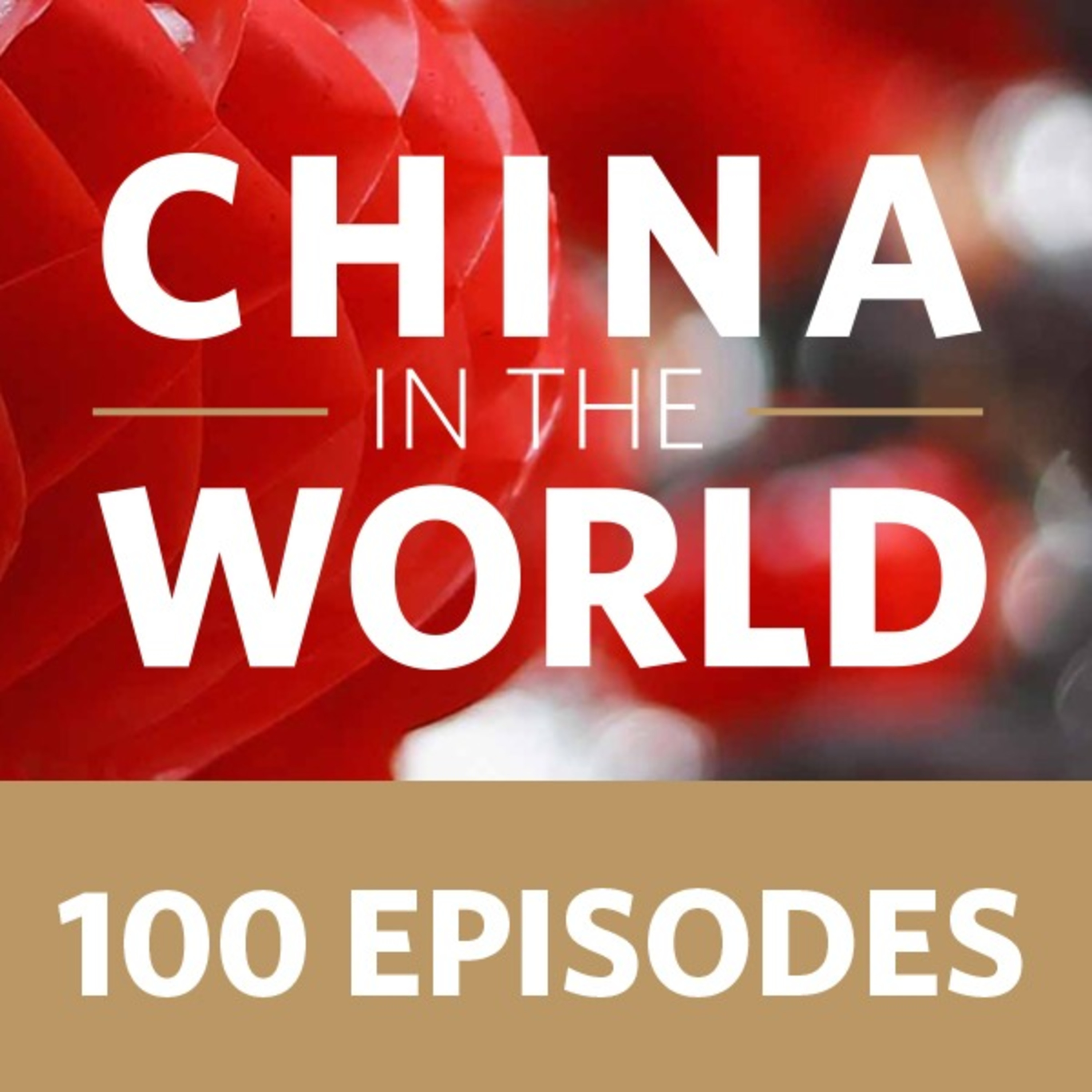
Ambassador William J. Burns served for over three decades at the highest levels of the U.S. government shaping U.S. foreign policy through significant international moments. Now, as president of the Carnegie Endowment for International Peace, Ambassador Burns spoke with Paul Haenle about future of U.S. diplomacy, the rise of China, and the Trump-Kim summit in Singapore.
Resetting China-India Relations in Wuhan
22 perc
47. rész
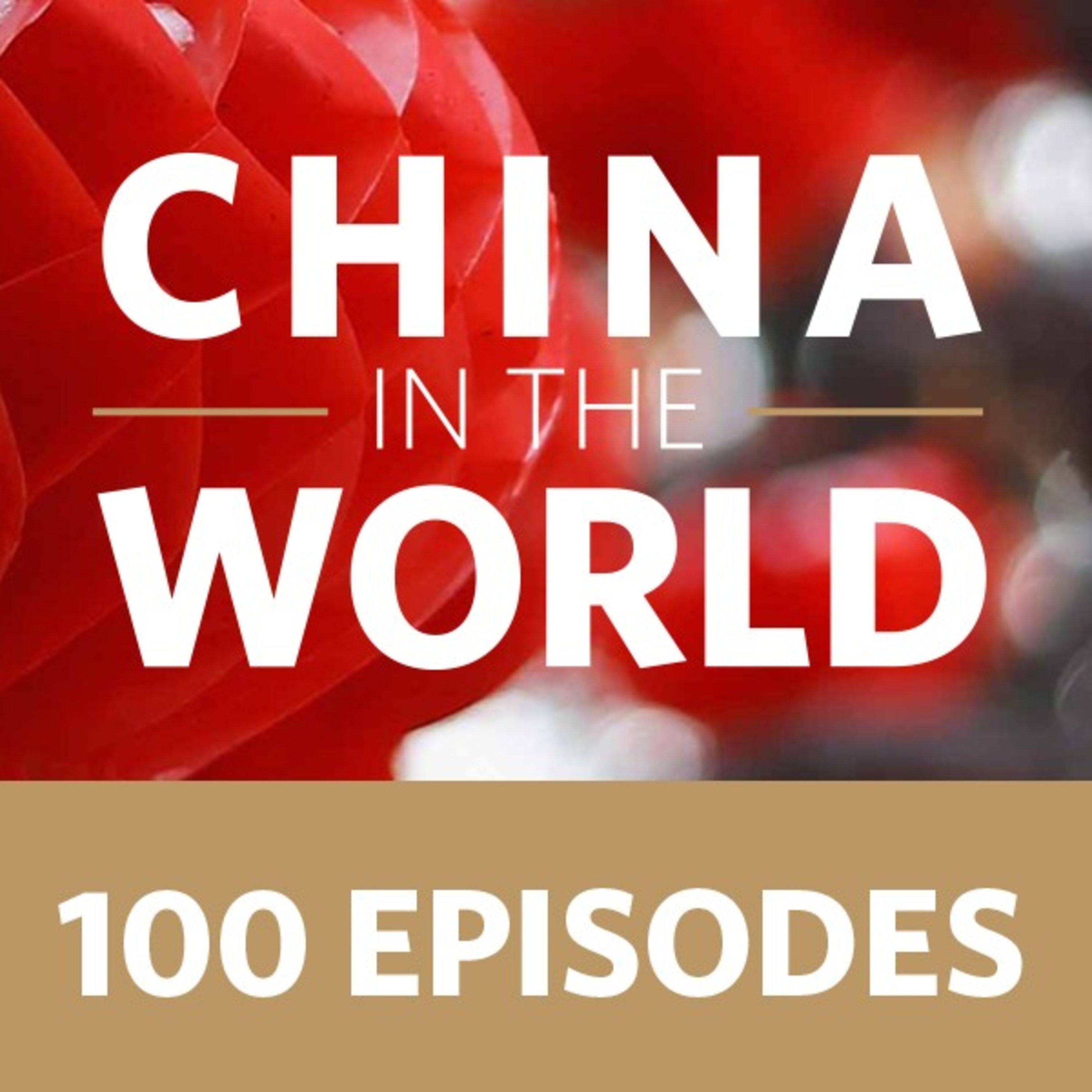
Following a year marked by mounting tensions between China and India, President Xi Jinping and Prime Minister Narendra Modi met in Wuhan for an informal summit in April to reset the relationship. On the heels of their meeting, Paul Haenle sat down with C. Raja Mohan, director of Carnegie India, to discuss the implications for the future of China-India relations.
What Comes Next: The Panmunjom Summit
44 perc
46. rész
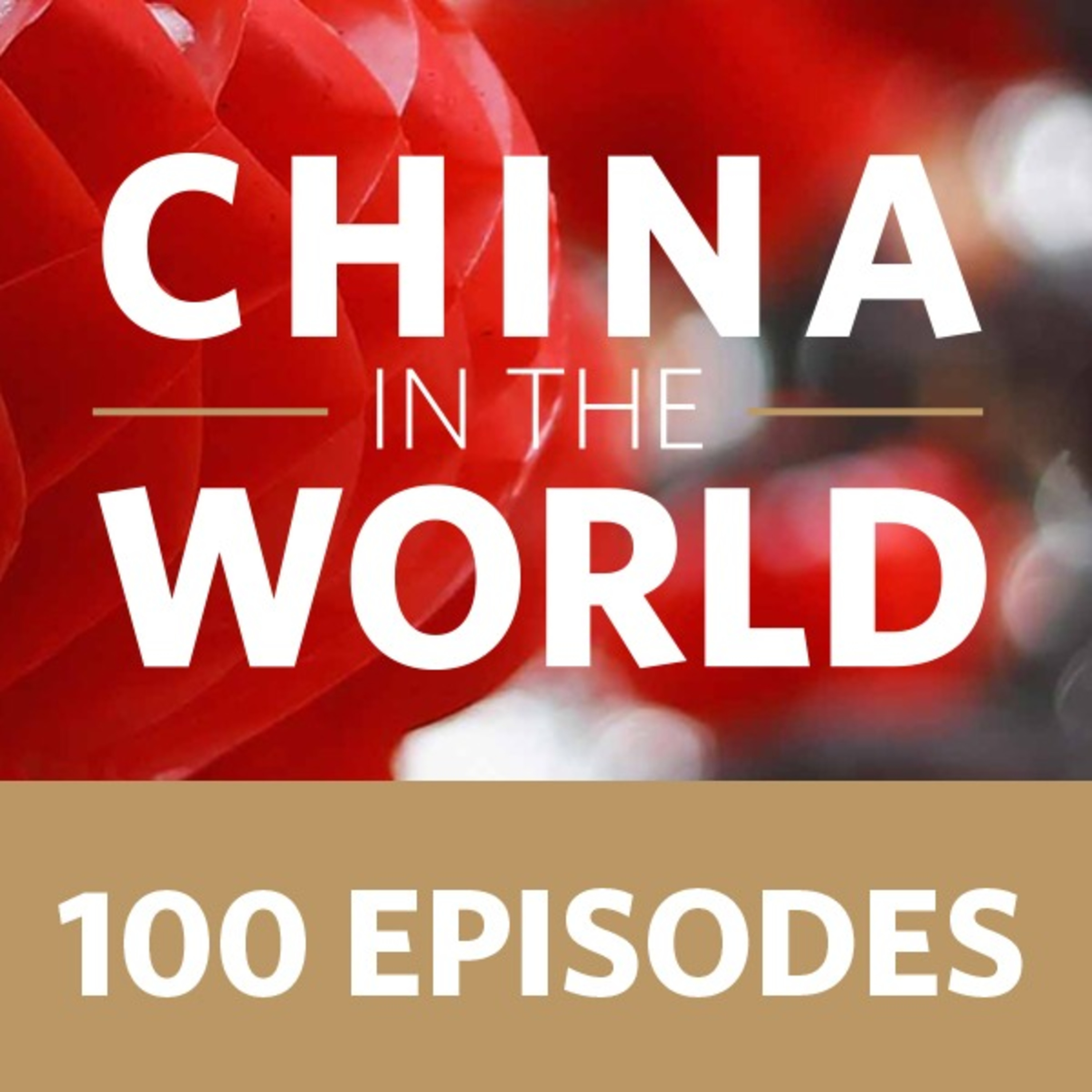
Kim Jong-un became the first North Korean leader to step foot in South Korea at the Panmunjom Summit in April 2018, setting the stage for President Trump’s meeting with Kim in June. Just days after the summit, Paul Haenle spoke with Dr. Tong Zhao, a fellow in the Nuclear Policy Program based at the Carnegie–Tsinghua Center for Global Policy, on the significance of the Kim-Moon meeting and its implications for China and the United States.
The Rise of Populism and Implications for China
22 perc
45. rész
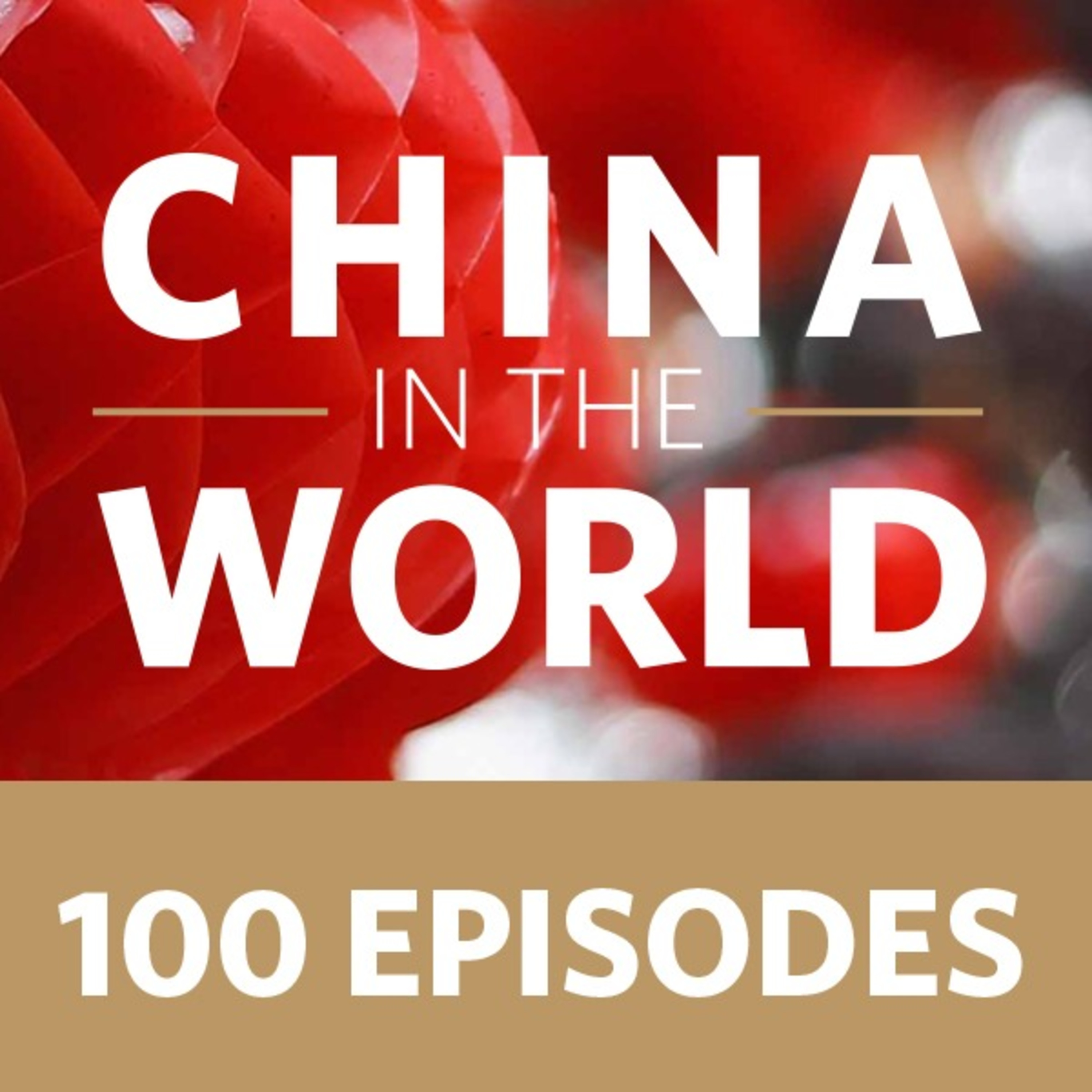
The rise of populism in Europe and United States has had a pronounced impact on domestic politics and foreign policy, as seen in Brexit and the election of Donald Trump. In this podcast, Paul Haenle sat down with Thomas Carothers, Senior Vice President for Studies at the Carnegie Endowment for International Peace, to discuss the rise of populist and anti-establishment movements and their implications for China.
Putin’s Fourth Term
39 perc
44. rész
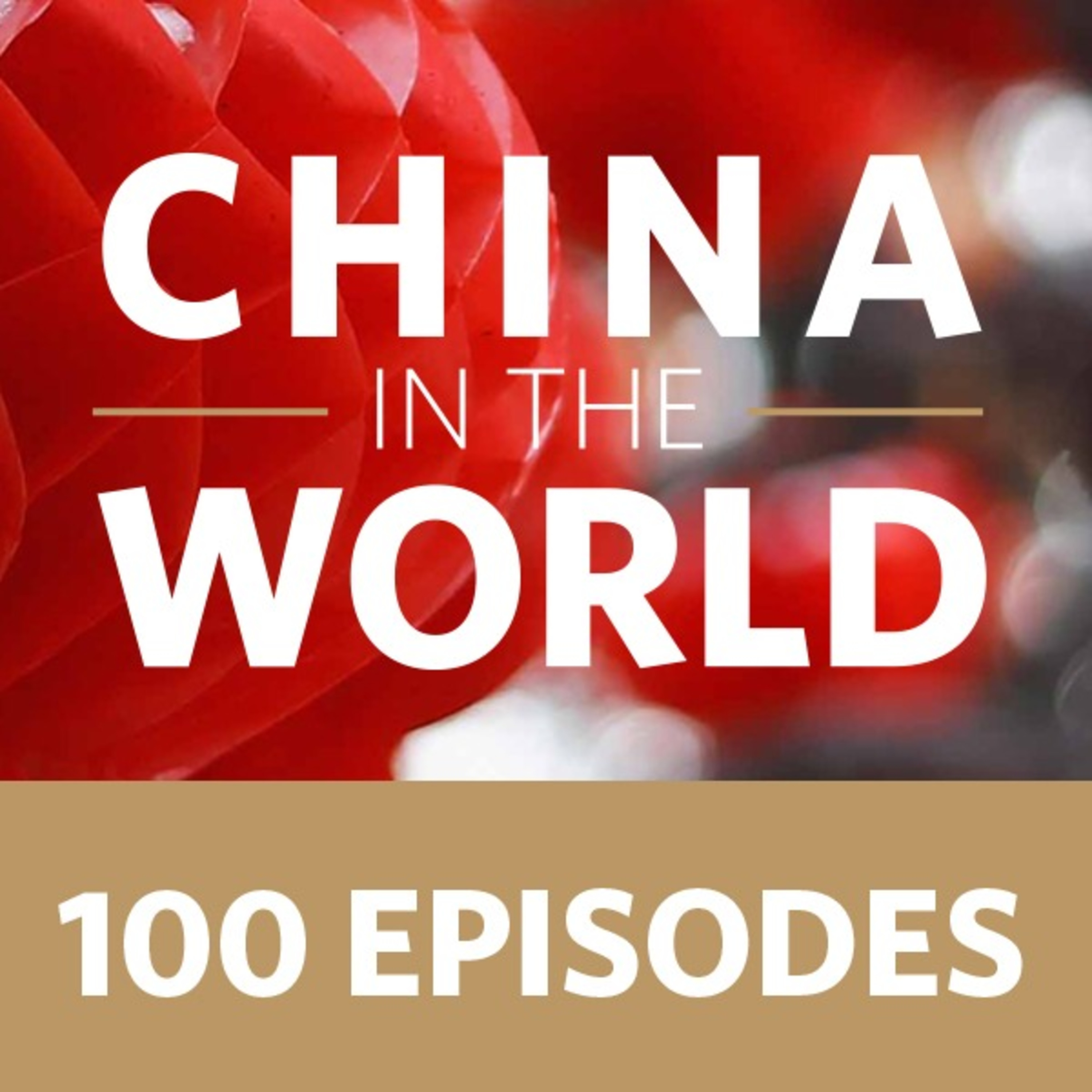
Vladimir Putin was elected to his fourth term as president of Russia on March 18, 2018. His continued leadership has important implications for the international community, including China. On this episode of the China in the World Podcast, Paul Haenle sat down with Alexander Gabuev, senior fellow and the chair of the Russia in the Asia-Pacific Program at the Carnegie Moscow Center, to discuss the state of Russia-China relations, including issues like the Belt and Road Initiative and North Korea.
Shifting European Perceptions of China
23 perc
43. rész
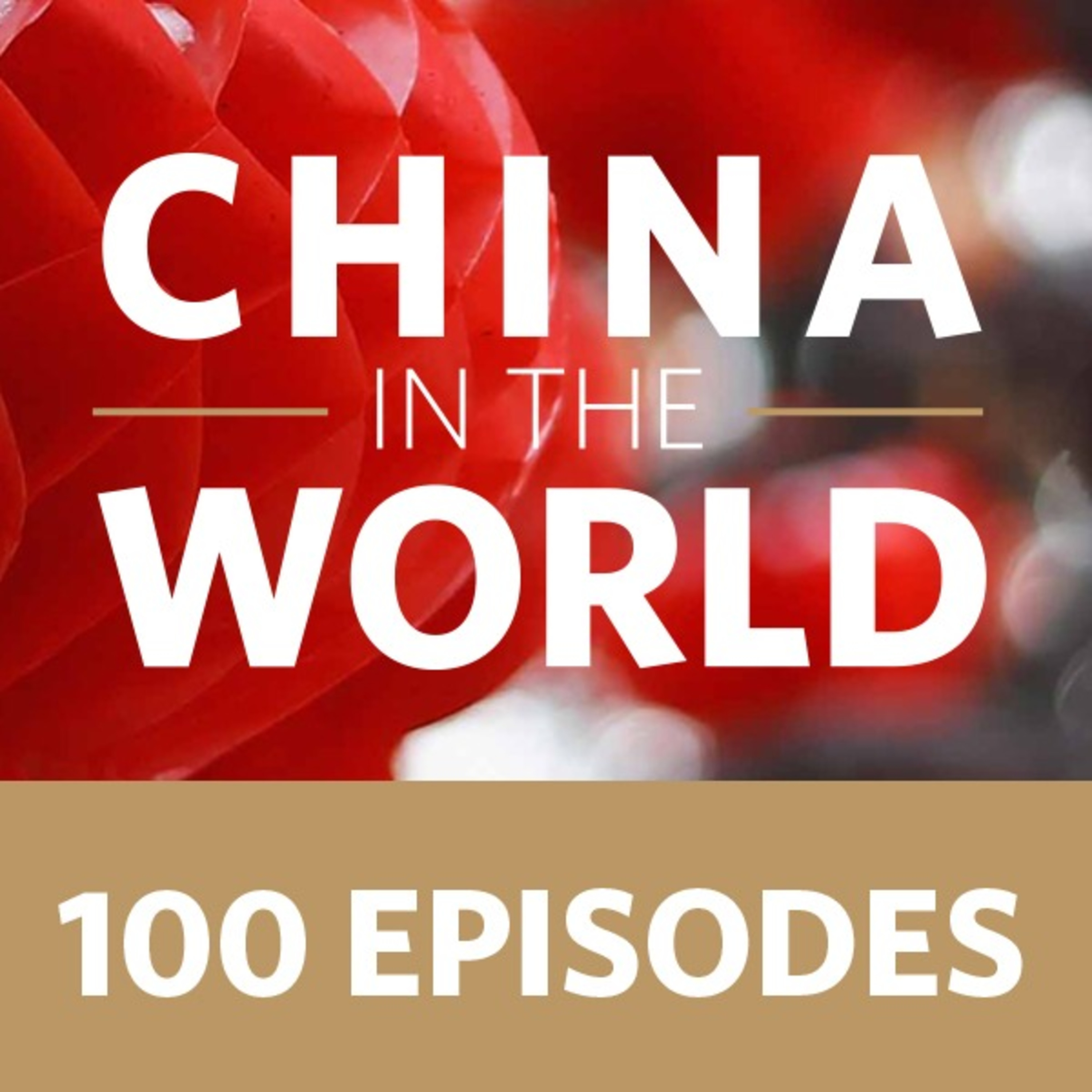
The rise of China and the election of Donald Trump have had major implications for Europe’s strategic outlook. European nations increasingly need to balance both the benign opportunities and malign consequences of increased Chinese investment and influence in the region. They must also take into account new frictions in the transatlantic relationship. In this podcast, Paul Haenle sat down with Erik Brattberg, director of the Europe Program and a fellow at the Carnegie Endowment for International Peace, to discuss similarities and differences in European and American engagement with China as well as shifting perceptions of China in Europe.
Jia Qingguo on the North Korean Nuclear Dilemma Pt. II
23 perc
42. rész
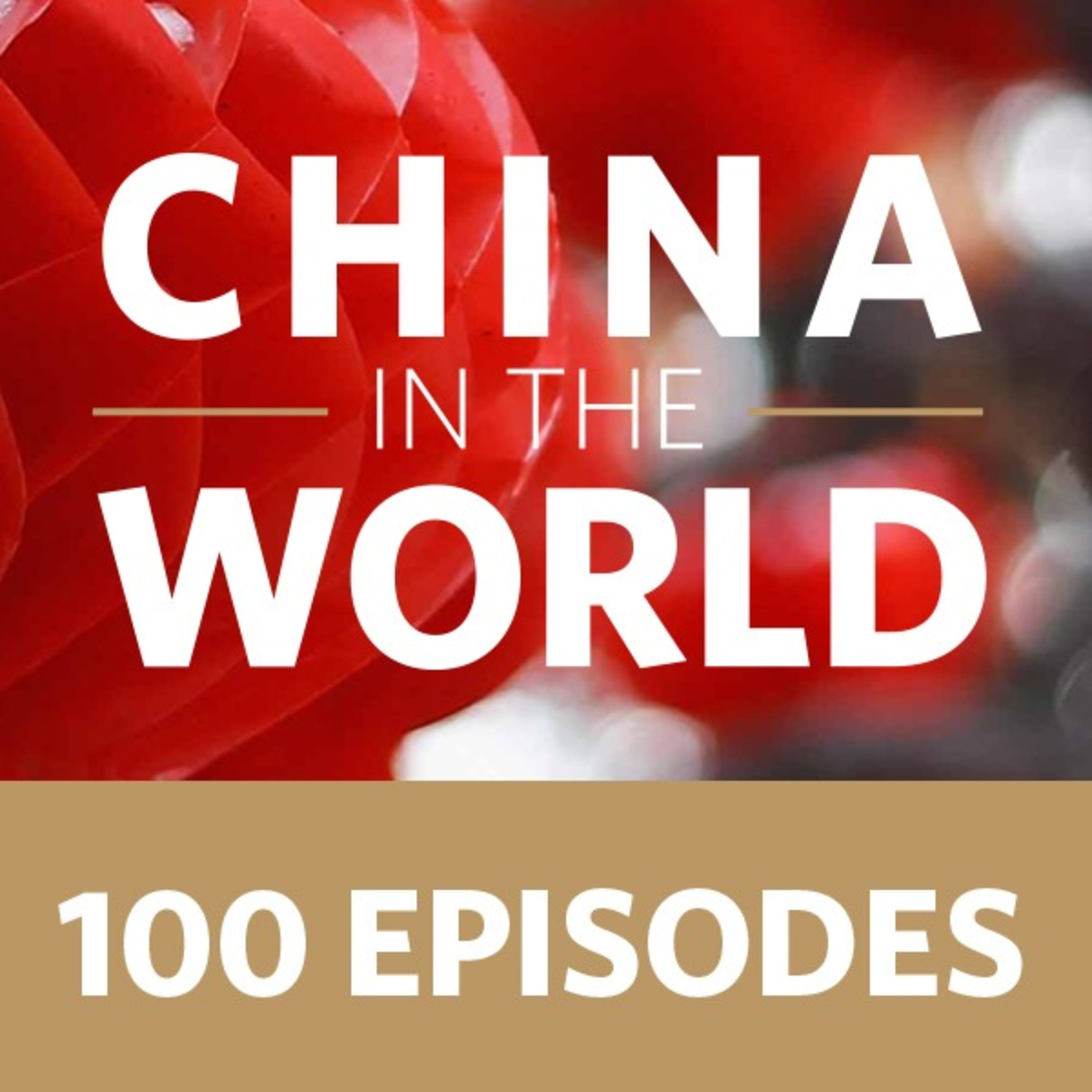
Changes in regional politics around the North Korea issue, including growing speculation about a preemptive U.S. strike on North Korea and a warming in North-South relations ahead of the PyeongChang Olympics have generated new debates in China on its North Korea policy. In part two of this two-part podcast, Paul Haenle sat down with Jia Qingguo, Dean of the School of International Studies at Peking University, to discuss the possibility of a preemptive military strike on North Korea, the stability of the North Korean regime, and the dangers of North Korea’s weapons program for international nuclear proliferation.
Jia Qingguo on the North Korean Nuclear Dilemma Pt. I
23 perc
41. rész
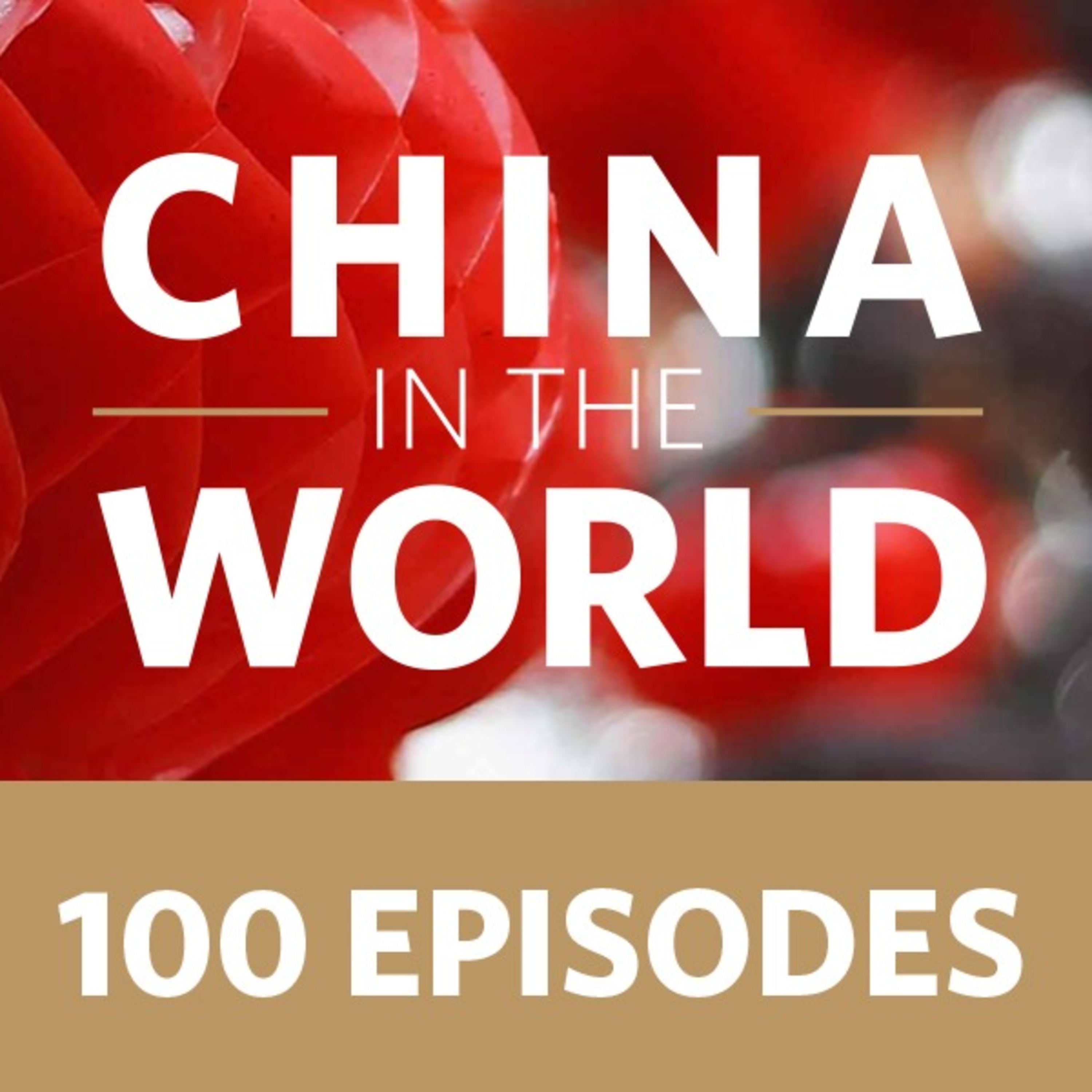
Changes in regional politics around the North Korea issue, including growing speculation about a preemptive U.S. strike on North Korea and a warming in North-South relations ahead of the PyeongChang Olympics have generated new debates in China on its North Korea policy. In part one of this two-part podcast, Paul Haenle sat down with Jia Qingguo, Dean of the School of International Studies at Peking University, to discuss recent shifts in regional geopolitics, debates around Chinese leverage over North Korea, and developments that could lead to greater U.S.-China cooperation to resolve the issue.
The 100th Episode: Stephen Hadley on New Realities in the U.S.-China Relationship
37 perc
40. rész
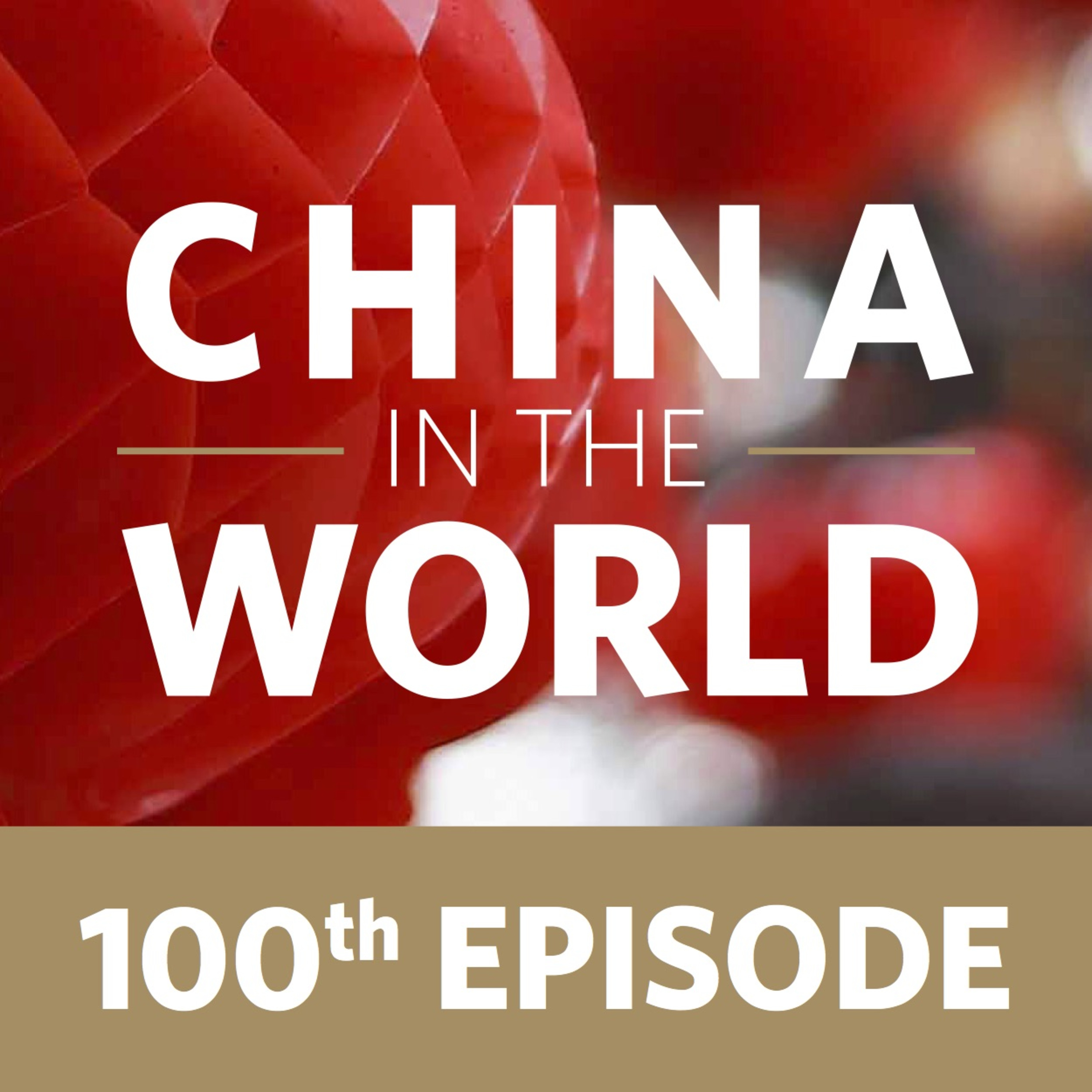
In 2013 on the first episode of the China in the World Podcast, Paul Haenle spoke with Stephen Hadley, former national security advisor to President George W. Bush, about the potential for a “new type of great power relations” between the United States and China. Four years later, on the 100th episode of the podcast, Hadley joined Haenle again to discuss how U.S. foreign policy has adapted to new realities in the bilateral relationship amidst a shifting global order.
Former U.S. Commerce Secretary Penny Pritzker on Commercial Diplomacy with China
30 perc
39. rész
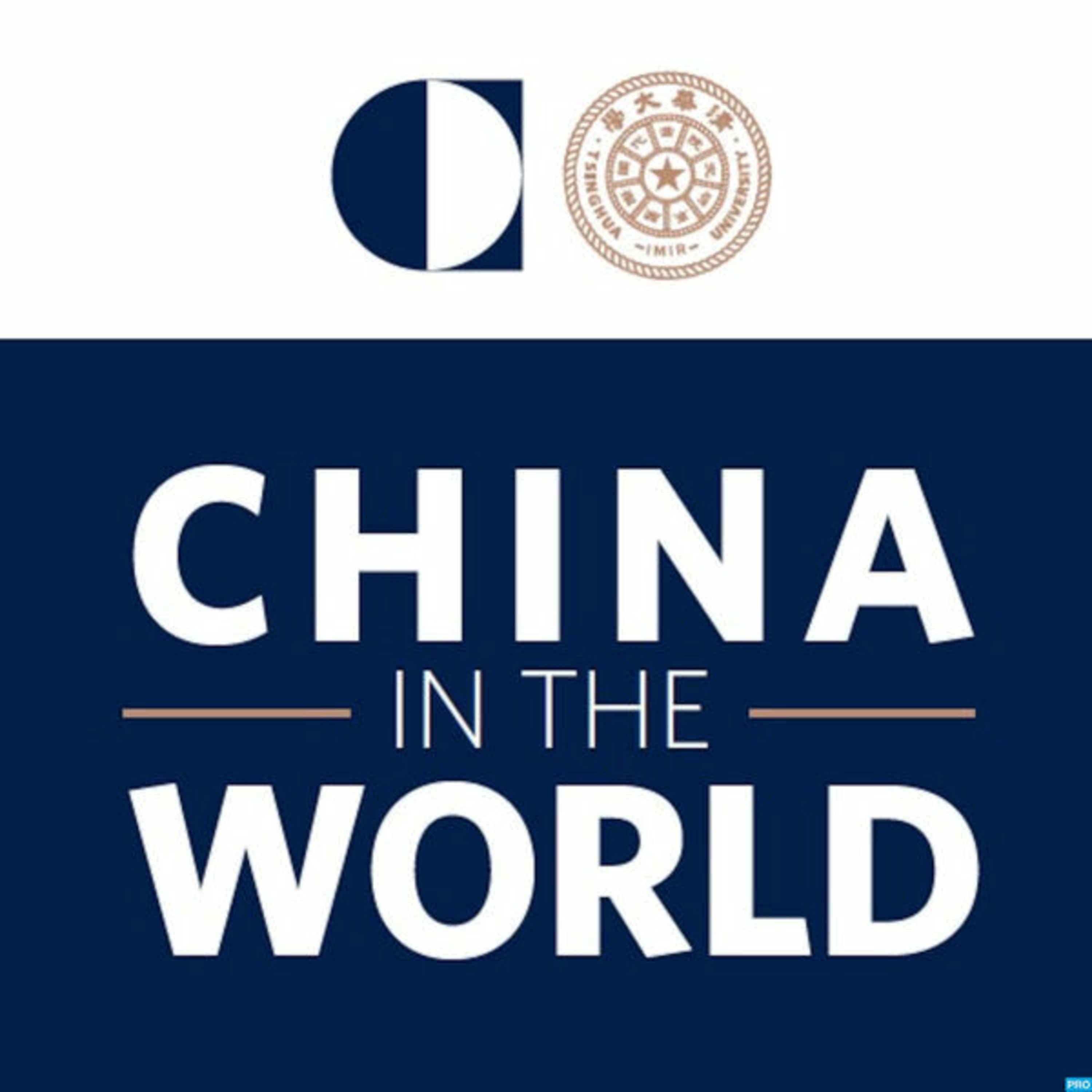
As the chief commercial advocate for US businesses in the policymaking process, the Commerce department plays a crucial role in the U.S.-China trade and economic relationship. In the 99th episode of the China of the World Podcast, Paul Haenle spoke with former U.S. Secretary of Commerce and founder and Chairman of PSP Capital, Penny Pritzker, to discuss the role of the Commerce Department in U.S. foreign relations.
Jake Sullivan on U.S. Global Leadership
33 perc
38. rész
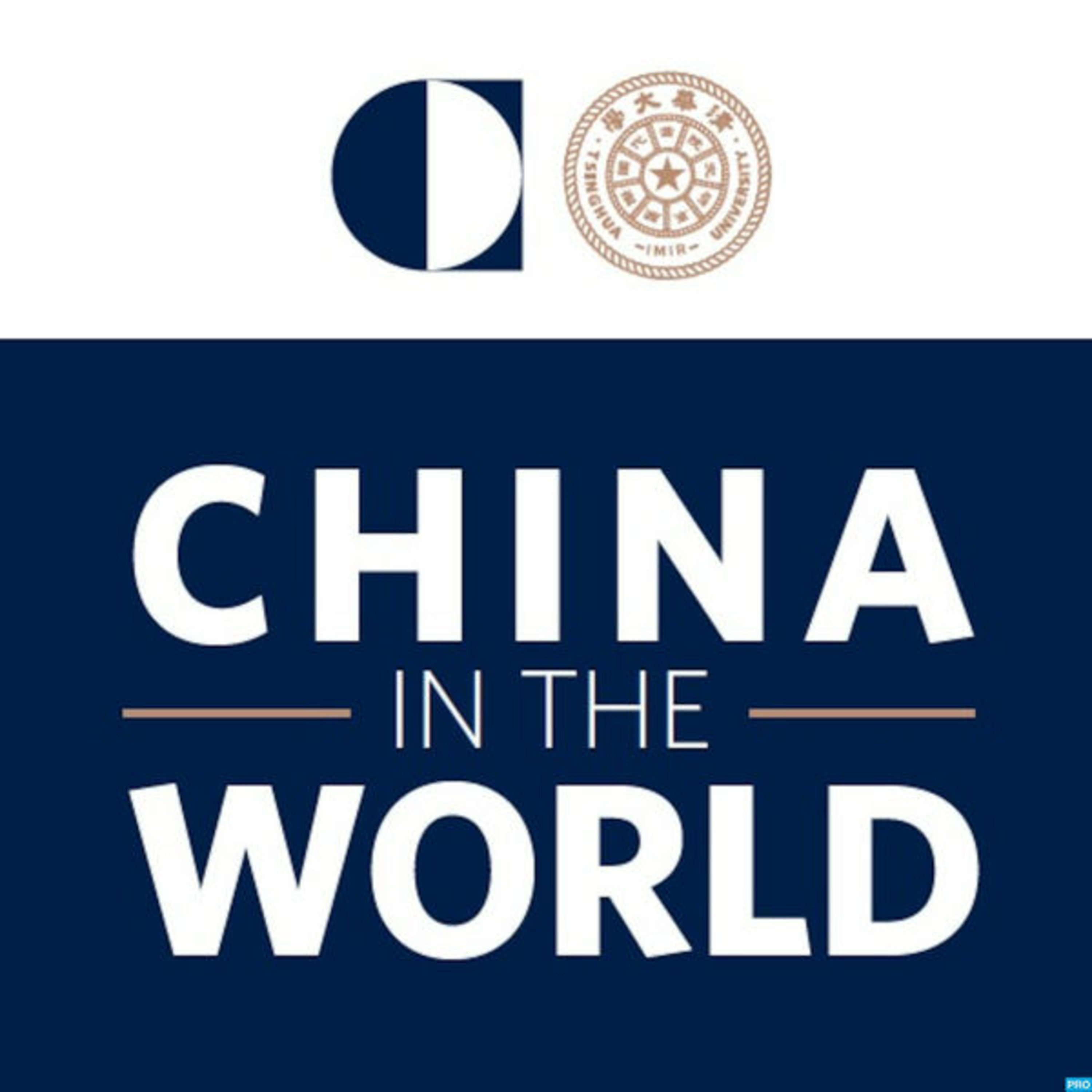
Power in the world is increasingly being measured and exercised in economic terms with China and other significant countries already treating economic power as a core part of their statecraft. But Jake Sullivan, a former senior official in the Obama administration, argues in this podcast with Paul Haenle that there is a disconnect in U.S. grand strategy in linking foreign policy with national economic policies. The U.S. policy community, Sullivan said, needs to examine how to better use economic tools and influence to advance national security objectives—questions that Sullivan is working to address in his new role as senior fellow in the Carnegie Geoeconomics and Strategy Program.
Breaking Down Trump’s Visit to Asia
37 perc
37. rész
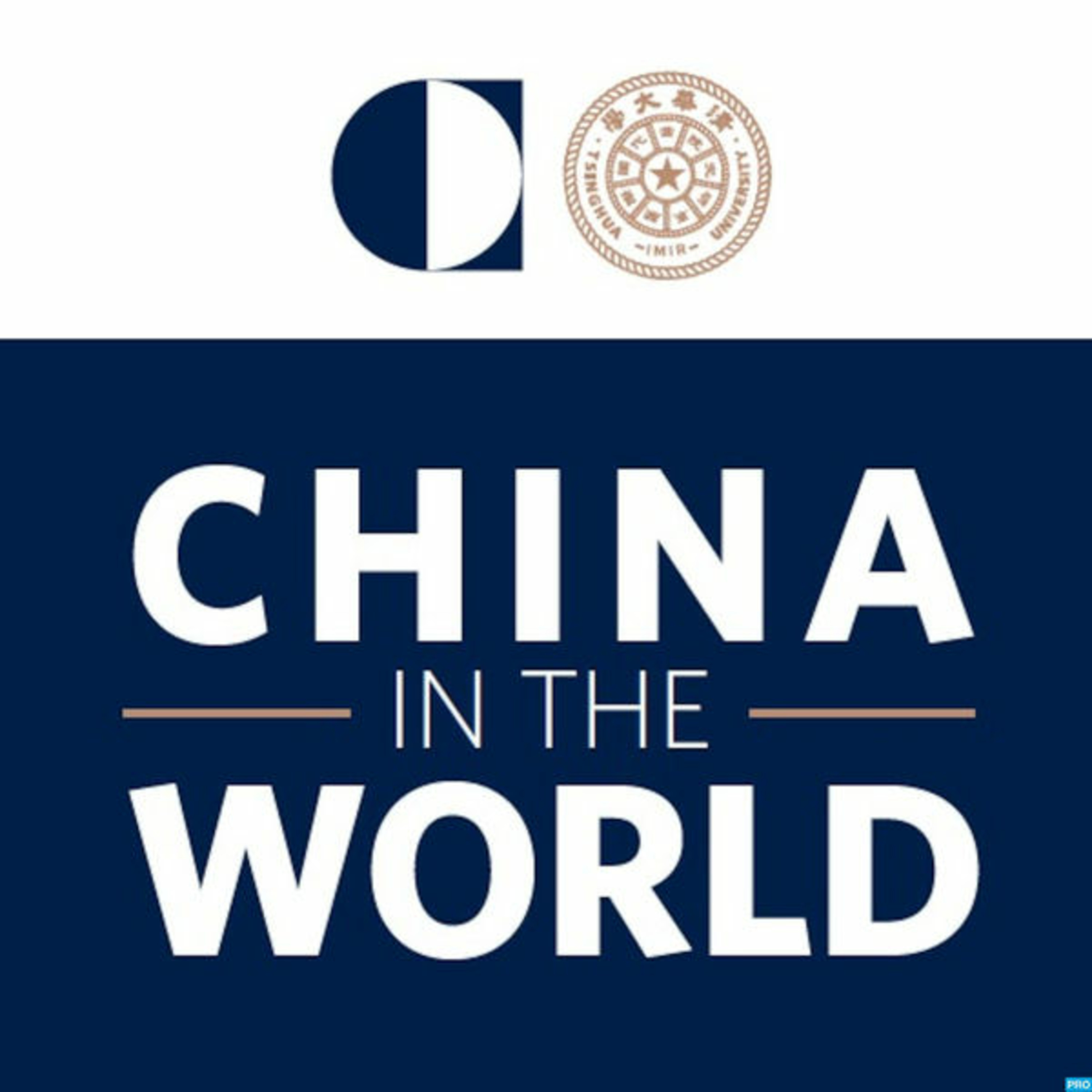
What is the future of geopolitics and U.S. engagement in the Asia-Pacific following President Donald Trump’s first official state visit to the region? In this podcast, Paul Haenle sat down with Daniel Russel, former special assistant to President Obama and senior director for Asian Affairs on the National Security Council, to discuss the major outcomes of Trump’s visit, the U.S. Indo-Pacific strategy, and the pressing security issue of North Korea.
The North Korean Nuclear Threat: The View From Beijing
17 perc
36. rész
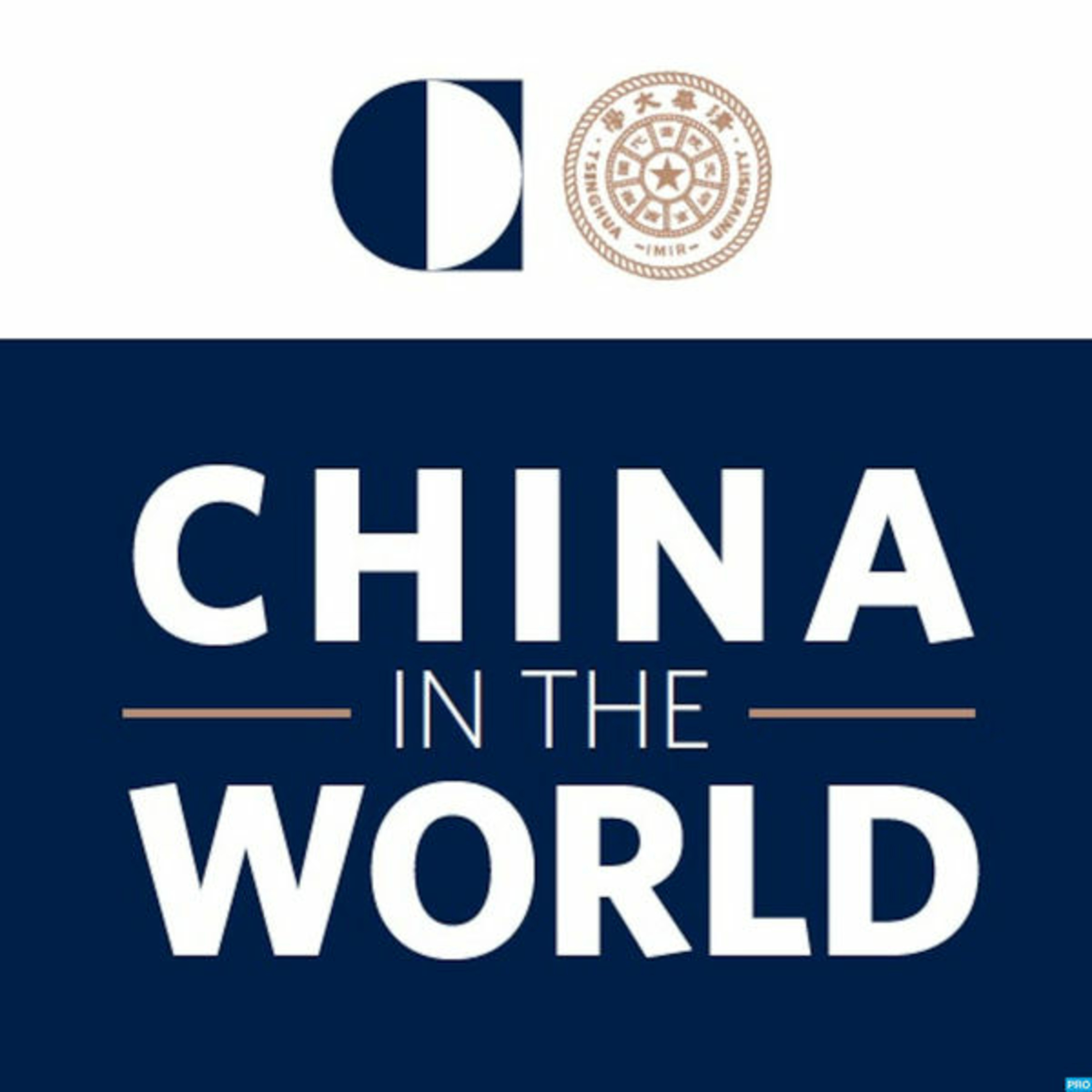
North Korea was atop the list of priorities for President Donald Trump during his first visit to China, but it remains to be seen how much substantive progress was made on bringing parties closer to dialogue toward the denuclearization of the Korean Peninsula. In this episode of the China in the World Podcast, Paul Haenle joined Carnegie Vice President for Communications and Strategy Jen Psaki on the Carnegie Endowment’s DiploPod podcast to discuss Chinese perspectives on North Korea and the outcomes of Trump’s visit to Beijing.
Yukon Huang on Why Conventional Economic Wisdom on China is Wrong
21 perc
35. rész
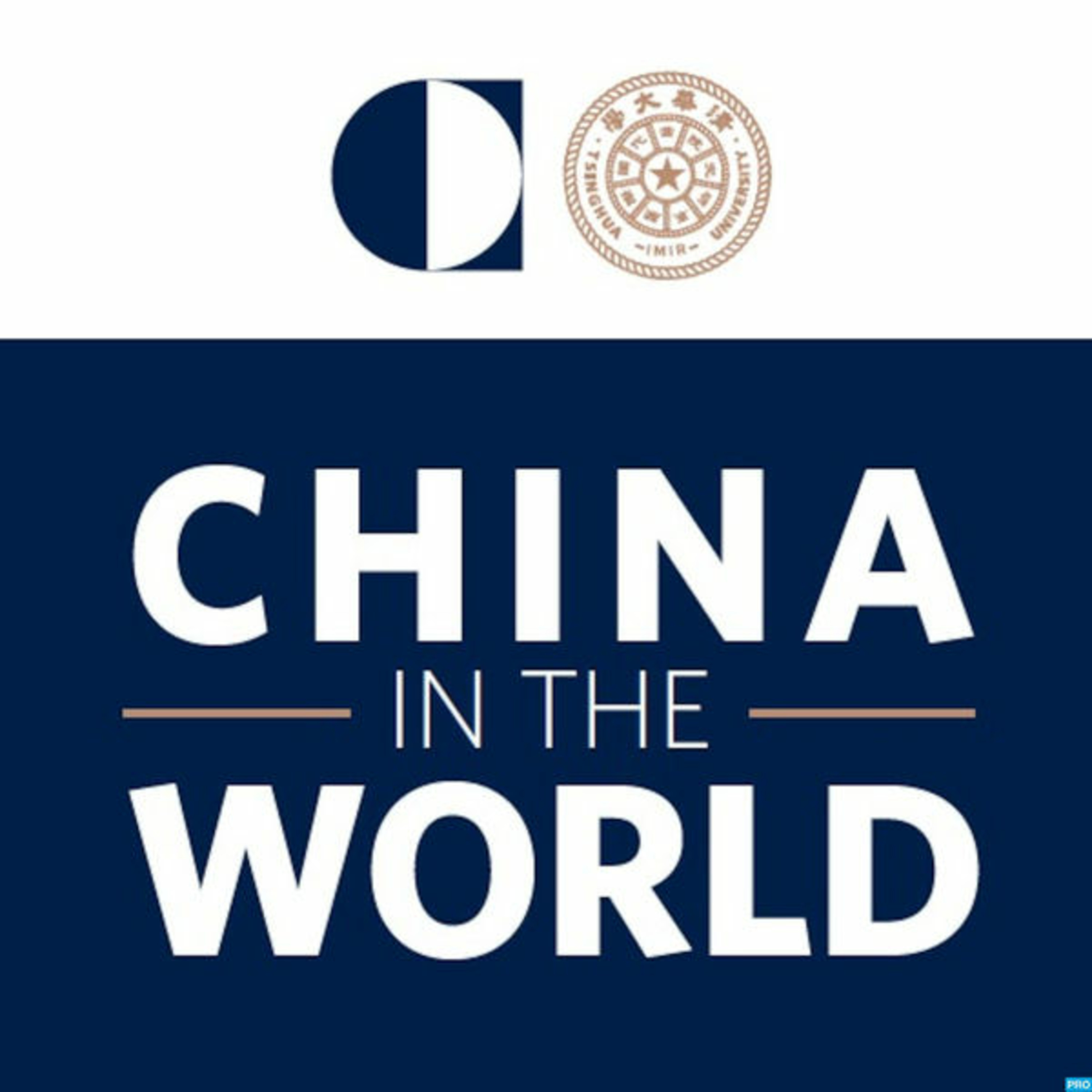
Despite intense scrutiny and analysis surrounding China’s economy, there is still no consensus on how best to understand China’s increasingly complex markets. How should we view China’s economy and what are key indicators for its future development? In this podcast, Paul Haenle sat down with Carnegie Senior Fellow Yukon Huang to discuss his new book, Cracking the China Conundrum: Why Conventional Economic Wisdom Is Wrong and evaluate pressing issues in U.S.-China economic relations.
Will China Change Its Approach to North Korea
47 perc
34. rész
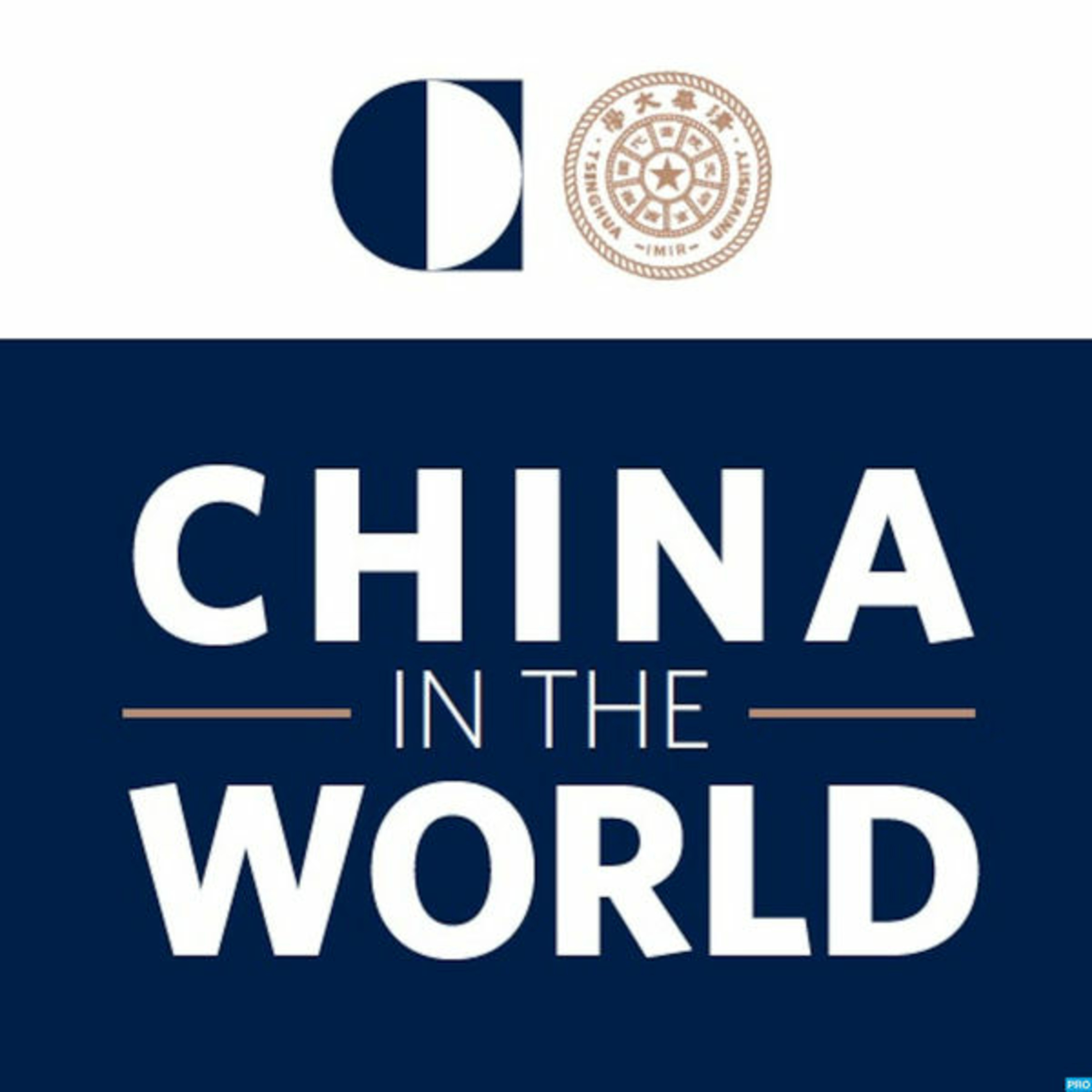
A fierce debate is raging in China over the best policy for dealing with North Korea’s nuclear and missile programs. Recent rhetoric between U.S. President Donald Trump and North Korean leader Kim Jung-un, in which both men publicly attacked and shamed each other, has further complicated and added urgency to that debate. In this podcast, Paul Haenle spoke with Dr. Cheng Xiaohe, an associate professor at the School of International Studies and Deputy Director of Center for China’s International Strategic Studies at Renmin University of China, to discuss the internal debate on China’s North Korea policy and understand the implications of Trump and Kim Jung-un’s heated rhetoric.
Approaching China’s “Red Line” on North Korea
40 perc
33. rész
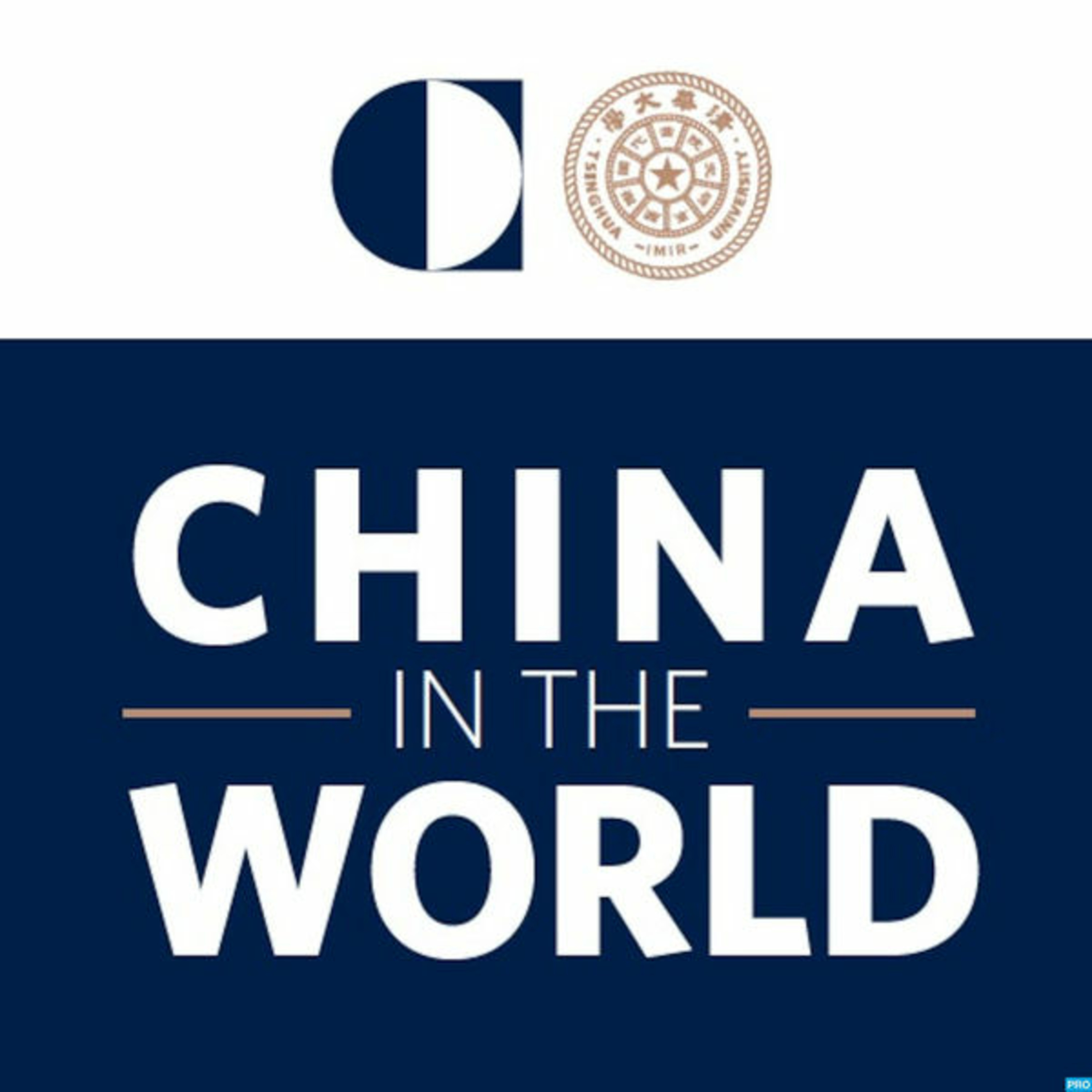
What are Chinese “red lines” when it comes to the Korean Peninsula? What further actions by Pyongyang might lead China to fundamentally shift its approach to one that involves more comprehensive pressure and sanctions, such as a complete oil embargo? In this podcast, Dr. Tong Zhao, a fellow in Carnegie’s Nuclear Policy Program based at the Carnegie–Tsinghua Center for Global Policy, tells Paul Haenle that while the sixth nuclear test did not cross a Chinese “red line”, there are actions North Korea could take that would do so. Most notably, if North Korea were to launch a nuclear warhead and detonate it over the Pacific Ocean, that would cross Beijing’s “red line” and lead to a significantly harsher stance towards the regime, Zhao argued. This is especially alarming given statements by North Korea’s Foreign Minister, Ri Yong Ho, on September 22nd, that indicated North Korea may be preparing to do just that.
Cyber Norms in US-China Relations
15 perc
32. rész
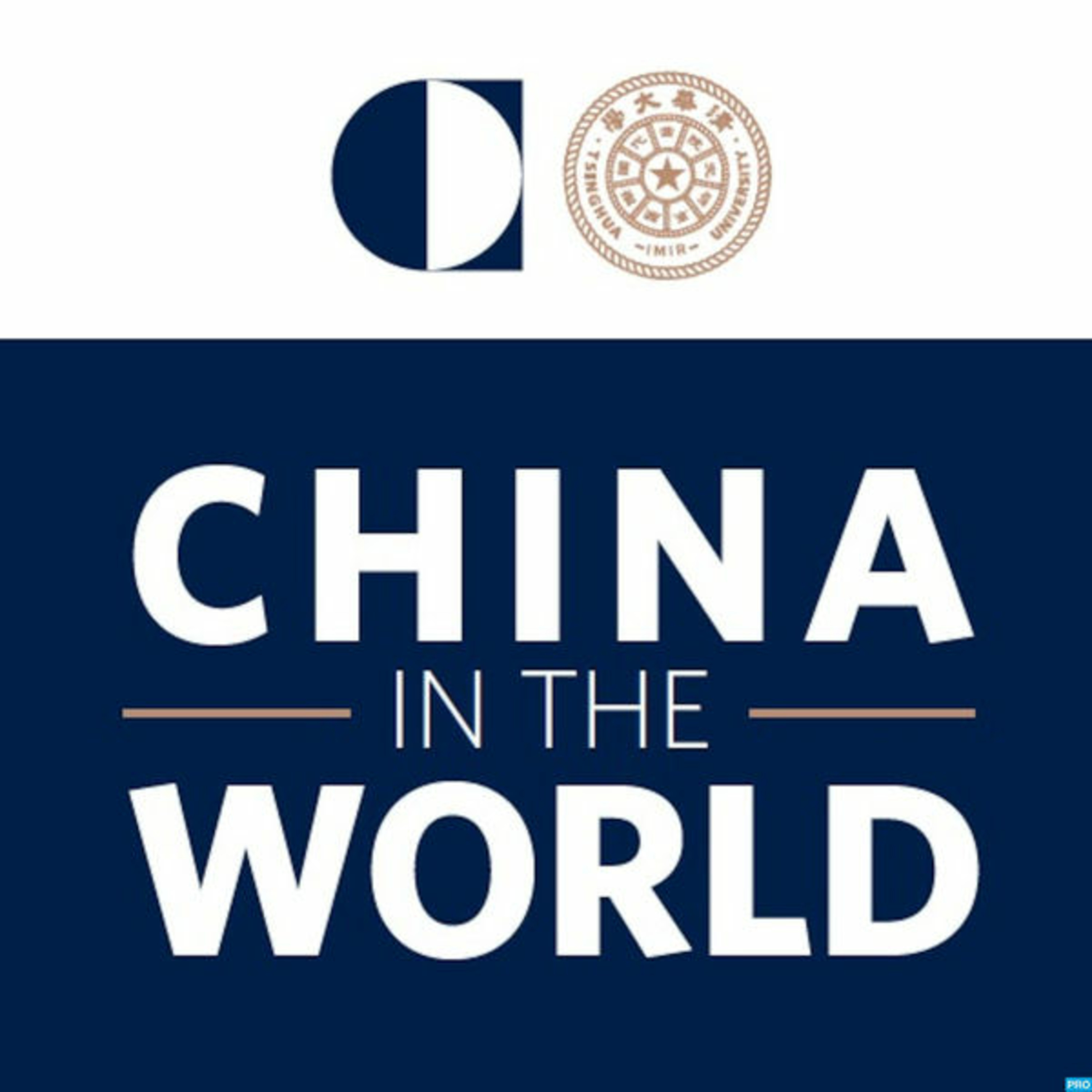
The United States and China agreed in 2015 that neither government would support or conduct cyber-enabled theft of intellectual property, and committed to working with international partners to identify appropriate norms in cyberspace. Both countries are expected to continue discussions on a broad range of cybersecurity issues at the Law Enforcement and Cyber Security Dialogue, established during the Mar-a-Lago summit in April . In this podcast, Paul Haenle sat down with Tim Maurer, co-director and fellow at the Carnegie Endowment’s new Cyber Policy Initiative, to discuss the global debate surrounding cyber norms and the outlook for future collaboration on cybersecurity.
Yukon Huang on the U.S. Trade Deficit with China
22 perc
31. rész
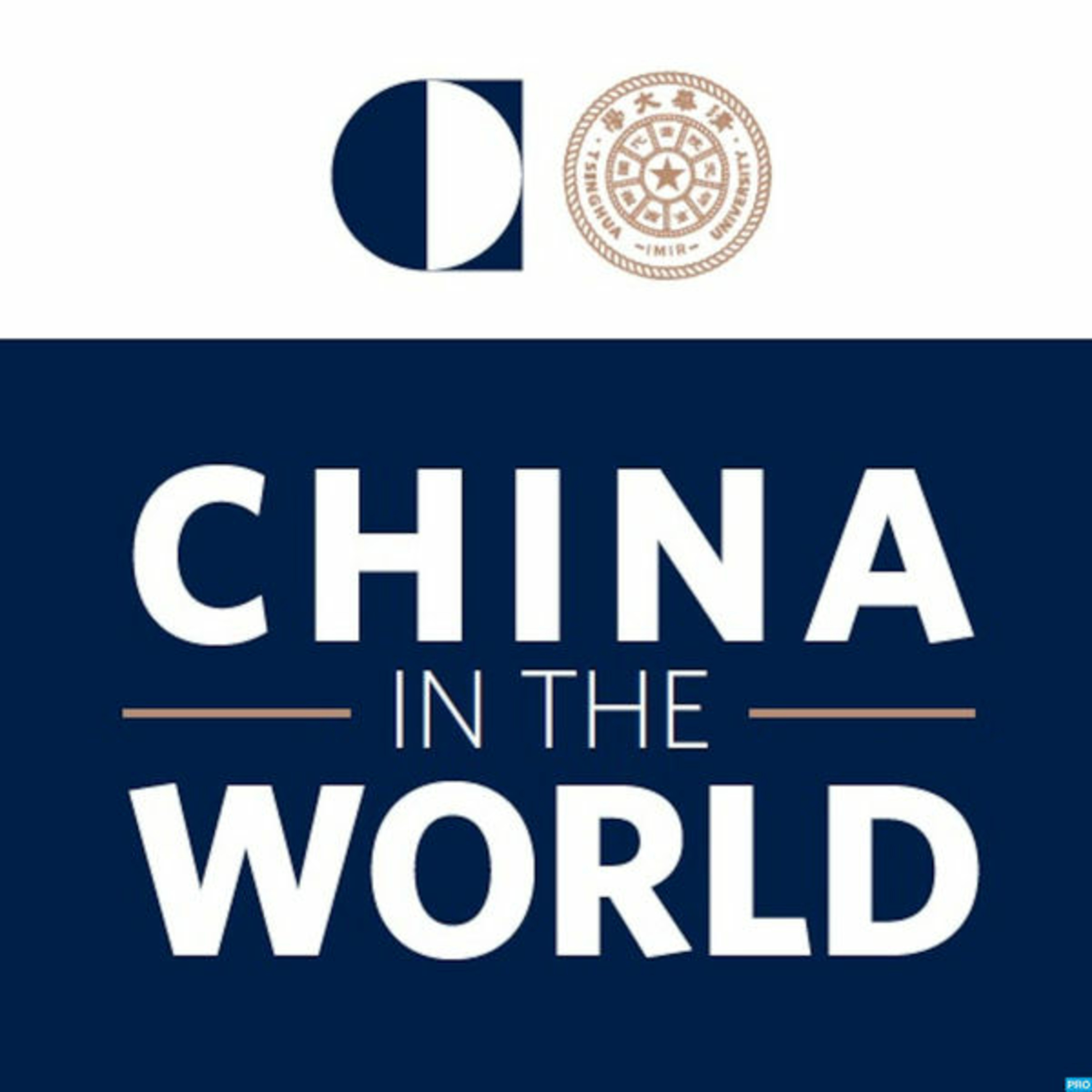
A positive relationship between the United States and China, the world’s two largest economies, is crucial for promoting global growth and development. The bilateral relationship, however, has become increasingly fraught by disagreements over what a “fair” economic relationship entails. In this podcast, Paul Haenle sat down with Carnegie Senior Fellow Yukon Huang to discuss major issues in U.S.-China economic relations. Yukon explained that many Americans incorrectly attribute the United States’ large trade deficit with China to bilateral issues, when trade is inherently a multilateral dynamic. Yukon noted other factors which drive the U.S. trade deficit with China, such as the diverging average savings rate per household in the two countries. In the coming years, Yukon predicted U.S. companies will continue to advocate for China to loosen restrictive investment barriers, especially in the service sector. While China recently indicated it is willing to further open up industries to foreign investment, it remains unclear when these changes will go into effect. Yukon argued that as China continues to develop, regional trade agreements like the former Trans-Pacific Partnership will help apply outside pressure for China to implement domestic reforms. In his view, a regional trade agreement is in in the interest of all parties.
An “Alternative Future” for the Korean Peninsula
18 perc
30. rész
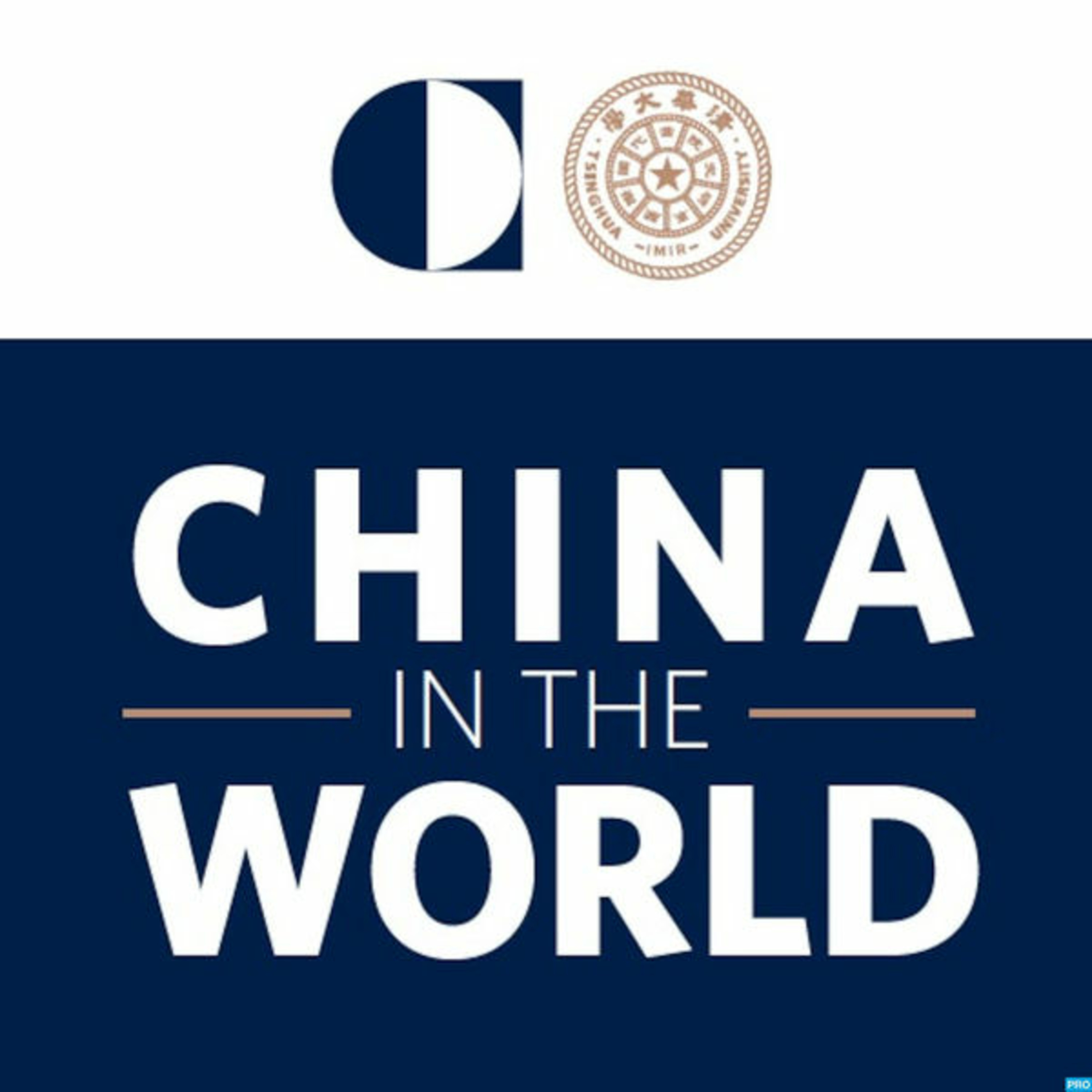
Despite widespread international condemnation of North Korea’s recent inter-continental ballistic missile test, strategic distrust and misperceptions continue to impede deeper cooperation between the United States and China on the nuclear issue. In this podcast, Paul Haenle sat down with Evans Revere, senior director at Albright Stonebridge Group and former principal deputy assistant secretary of state for East Asian and Pacific Affairs, to discuss the recent DPRK ICBM test and how the United States and China can respond to enhance regional security.
Differing Perceptions in U.S.-China Relations
20 perc
29. rész
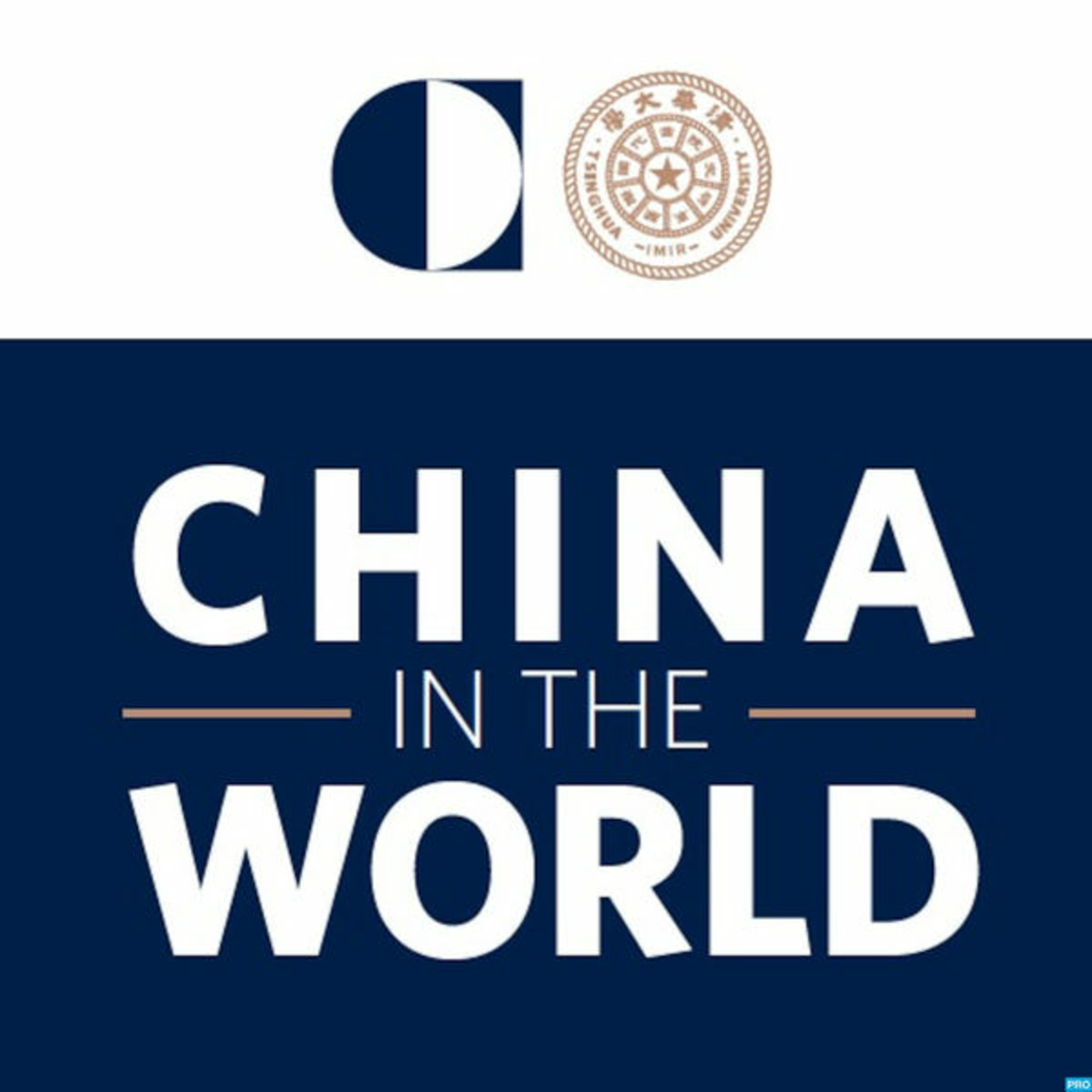
The United States and China have found areas for cooperation on global issues in recent years, including on the Paris Climate Agreement, the Iran nuclear deal, and global pandemics. Despite these successes, relations remain hindered by systematic mistrust and misunderstanding. In this podcast, Paul Haenle sat down with David Firestein, Perot fellow and senior vice president at the EastWest Institute, to discuss his recent report “’Alternative’ Strategic Perceptions in U.S.-China Relations,” which analyzes fundamental misconceptions that are impacting bilateral relations.
Are China’s New Naval Capabilities a Game Changer?
16 perc
28. rész
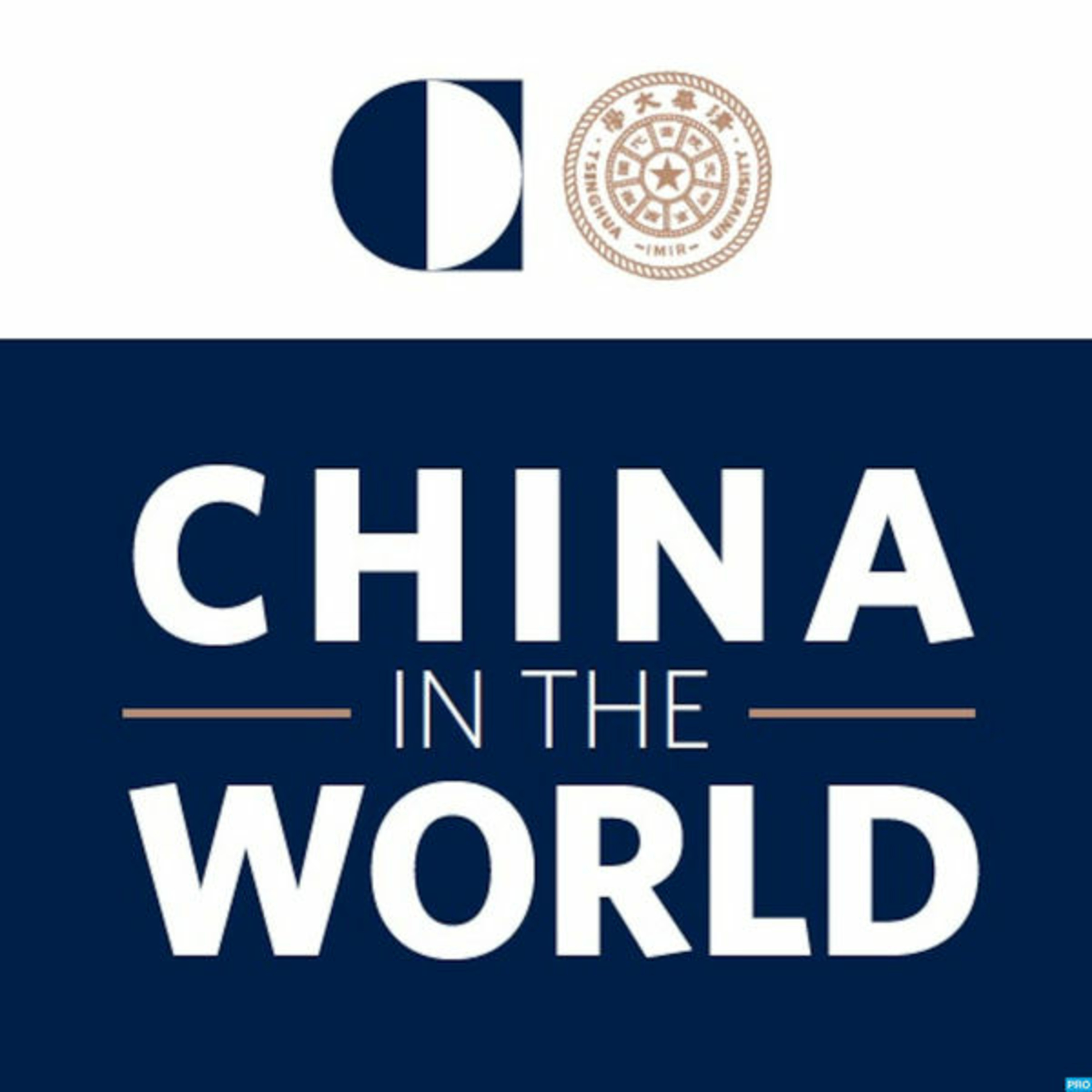
As the post-World War II order adjusts to a rising China, America’s predominance in the Asia-Pacific faces new challenges. Over the past five years, China has substantially built up its navy and demonstrated more assertive behavior toward its territorial claims in the South China Sea. In this podcast, Paul Haenle sat down with Robert Ross, a political science professor at Boston College and an associate at the John King Fairbank Center for Chinese Studies at Harvard University, to discuss the shifting tides in the Asia-Pacific and what this means for the new Trump administration.
What Do Trump’s Views on Europe Mean for China?
29 perc
27. rész
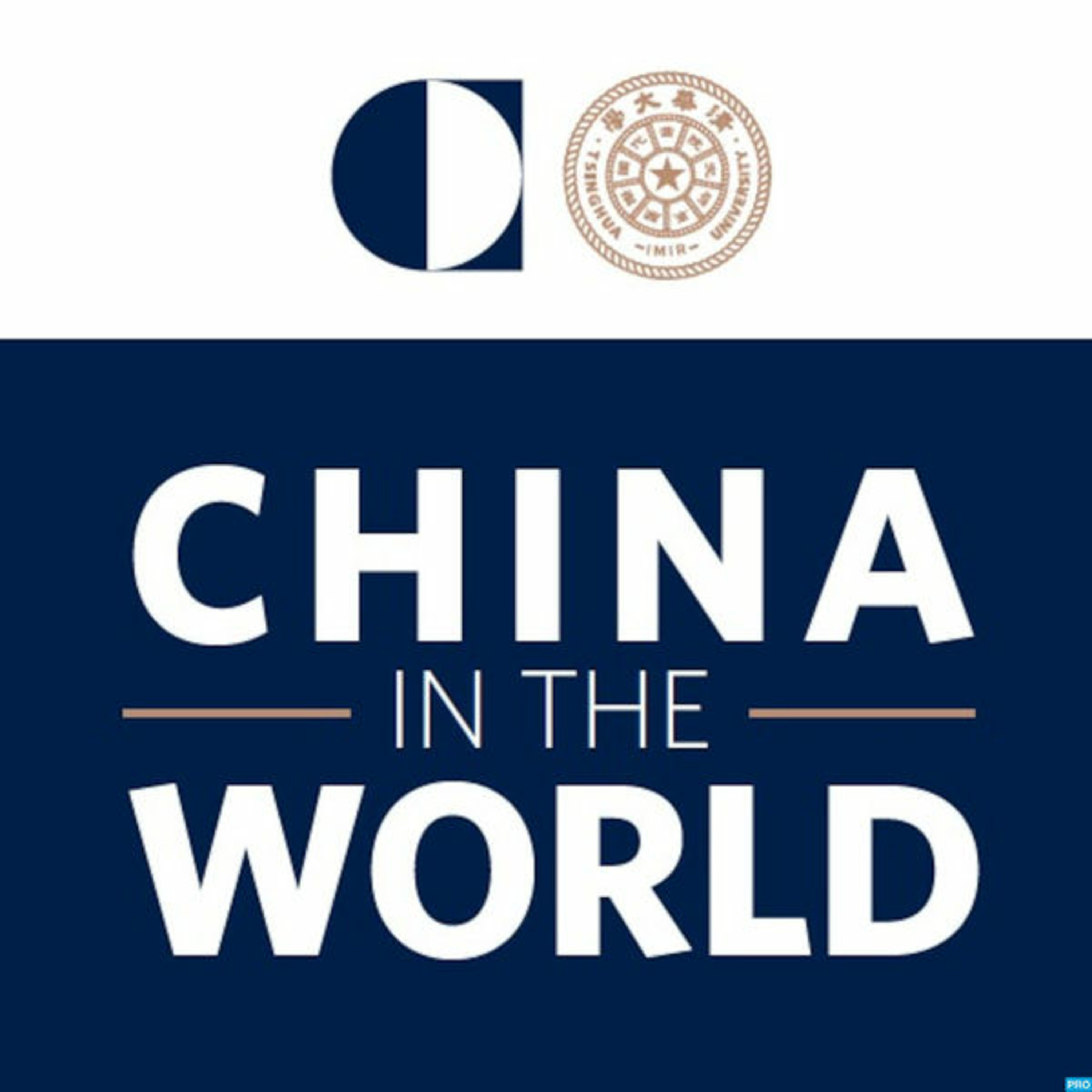
President Trump will travel to Europe in May for his first time since taking office to meet with EU leaders, attend a NATO meeting, and visit the organization’s headquarters in Brussels. Although he has walked back some of his more extreme criticisms of the European project and transatlantic organization from the campaign, Trump’s unpredictability remains a concern for many American allies. In this podcast, Paul Haenle sat down with Tomas Valasek, the director of Carnegie Europe and former permanent representative of the Slovak Republic to NATO, to discuss the future of transatlantic relations and what shifting dynamics across Europe could mean for China.
Evaluating Trump’s First 100 Days
25 perc
26. rész
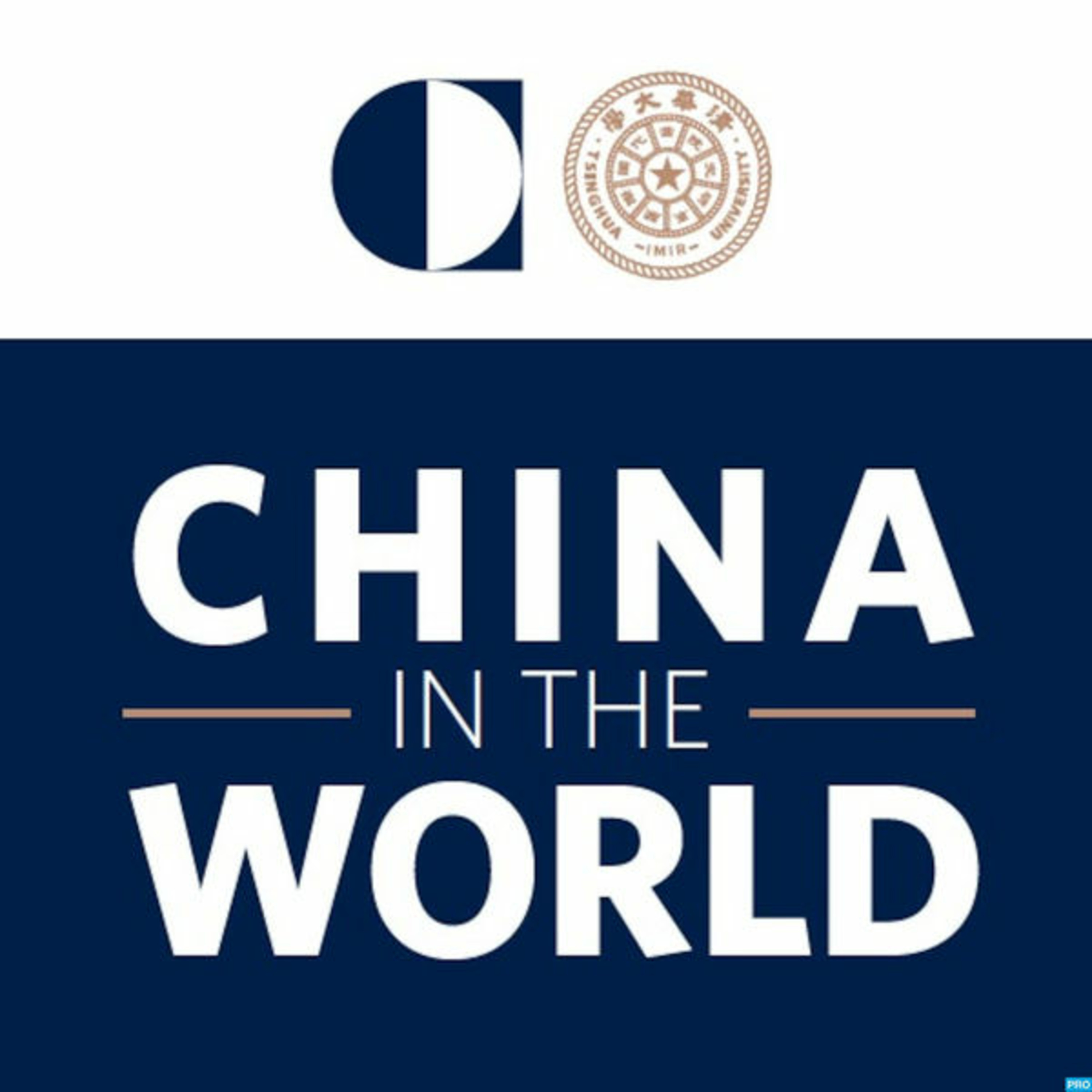
One hundred days into Donald Trump’s presidency, he has shocked the establishment and foreign governments with many foreign policy reversals, and also some surprising areas of consistency. In this podcast, Paul Haenle sat down with Jon Finer, former chief of staff to Secretary of State John Kerry and director of policy planning at the U.S. Department of State, to discuss the major takeaways from Trump’s first 100 days in office, and the future of U.S.-China engagement.
India Finds Its Place in a Trump World Order
16 perc
25. rész
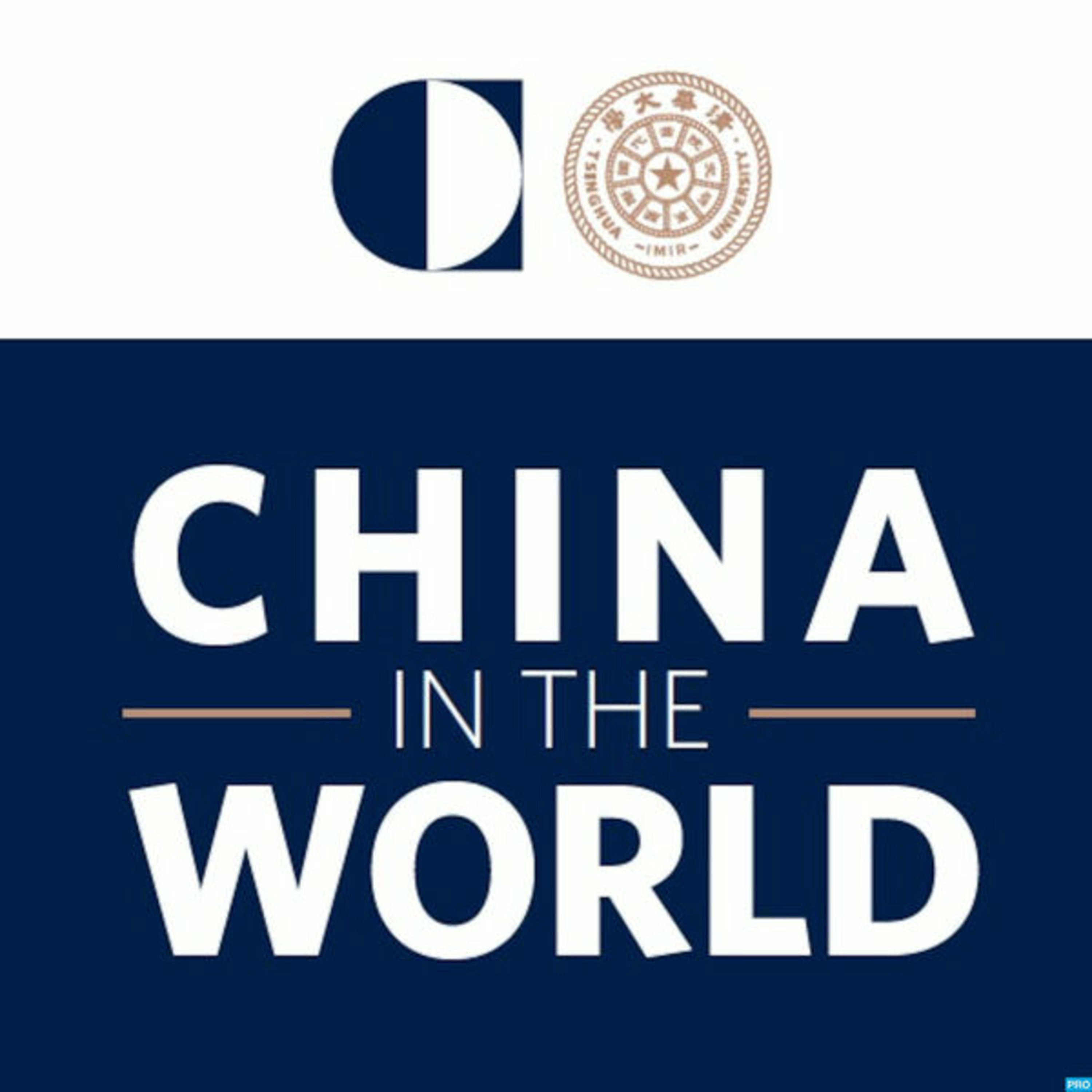
This fall, China and India’s leaders will meet during the 9th Annual BRICS Summit in Xiamen. The meeting comes on the heels of a tense year for the two countries, as long-simmering border disputes reignited and China blocked India's bid to join the nuclear suppliers group. In this podcast, Paul Haenle sat down with Raja Mohan, Director of the Carnegie Endowment’s Carnegie-India Center, to discuss India's shifting dynamics with the United States and China in the wake of Trump's election.
What Happened at Mar-A-Lago?
39 perc
24. rész
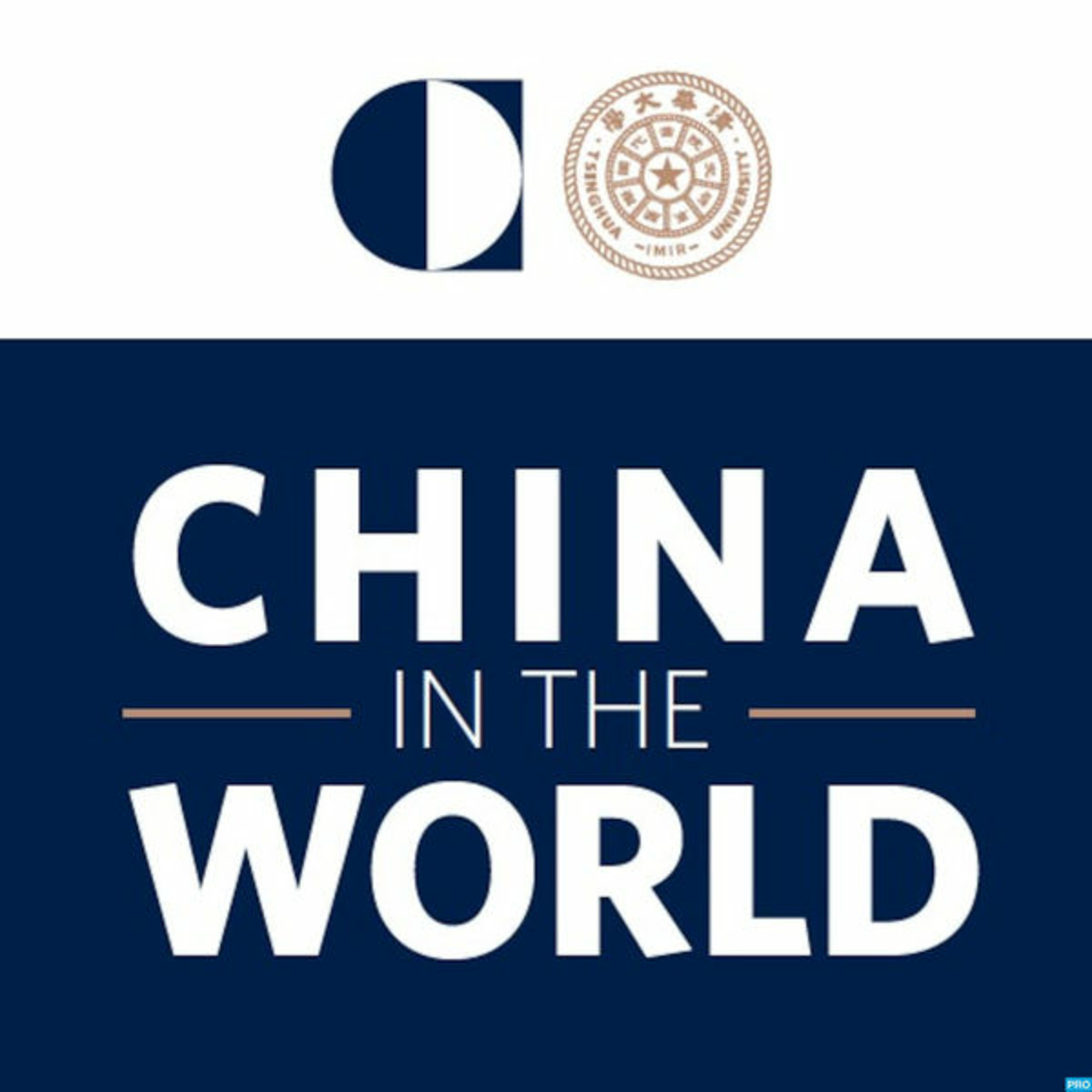
One week before their first in-person meeting, President Trump told the Twitter world that he expected the dialogue with his Chinese counterpart Xi Jinping to be "a very difficult one" unless China was prepared to make major concessions on issues like trade and North Korea. At Mar-a-lago, however, the two leaders appeared to build a congenial rapport. Shortly following their meeting, Paul Haenle spoke with Dr. Zha Daojiong, a professor of International Political Economy at Peking University and a Senior Arthur Ross Fellow at the Center on U.S. China Relations at the Asia Society, to discuss his reaction to the summit.
Ashley Tellis on Trump and Xi’s First Meeting
22 perc
23. rész
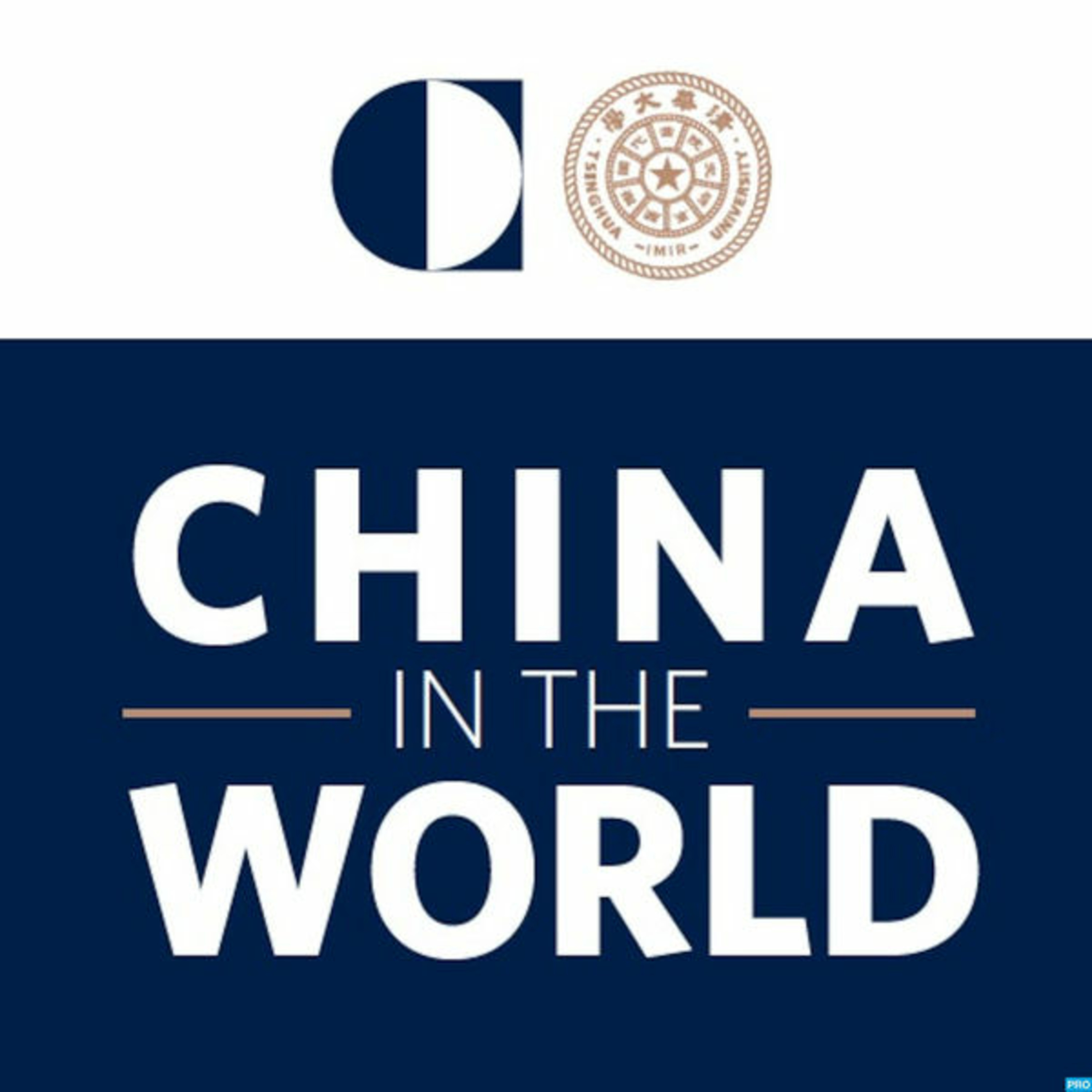
All eyes are on Mar-a-lago this week, where Chinese President Xi Jinping and U.S. President Donald Trump will meet for their first time. The summit is expected to be heavy on symbolism rather than on concrete deliverables, but the ability to set a positive tone and foundation for the relationship will be significant nevertheless. Ahead of this meeting, Paul Haenle discussed the Trump administration's foreign policy in its early months and expected outcomes for the Trump-Xi meeting with Ashley J. Tellis, a senior fellow at the Carnegie Endowment for International Peace and former special assistant to the President on the National Security Council under George W. Bush.
Trump's First Test: Asia with Michael Green Pt. 2
22 perc
22. rész
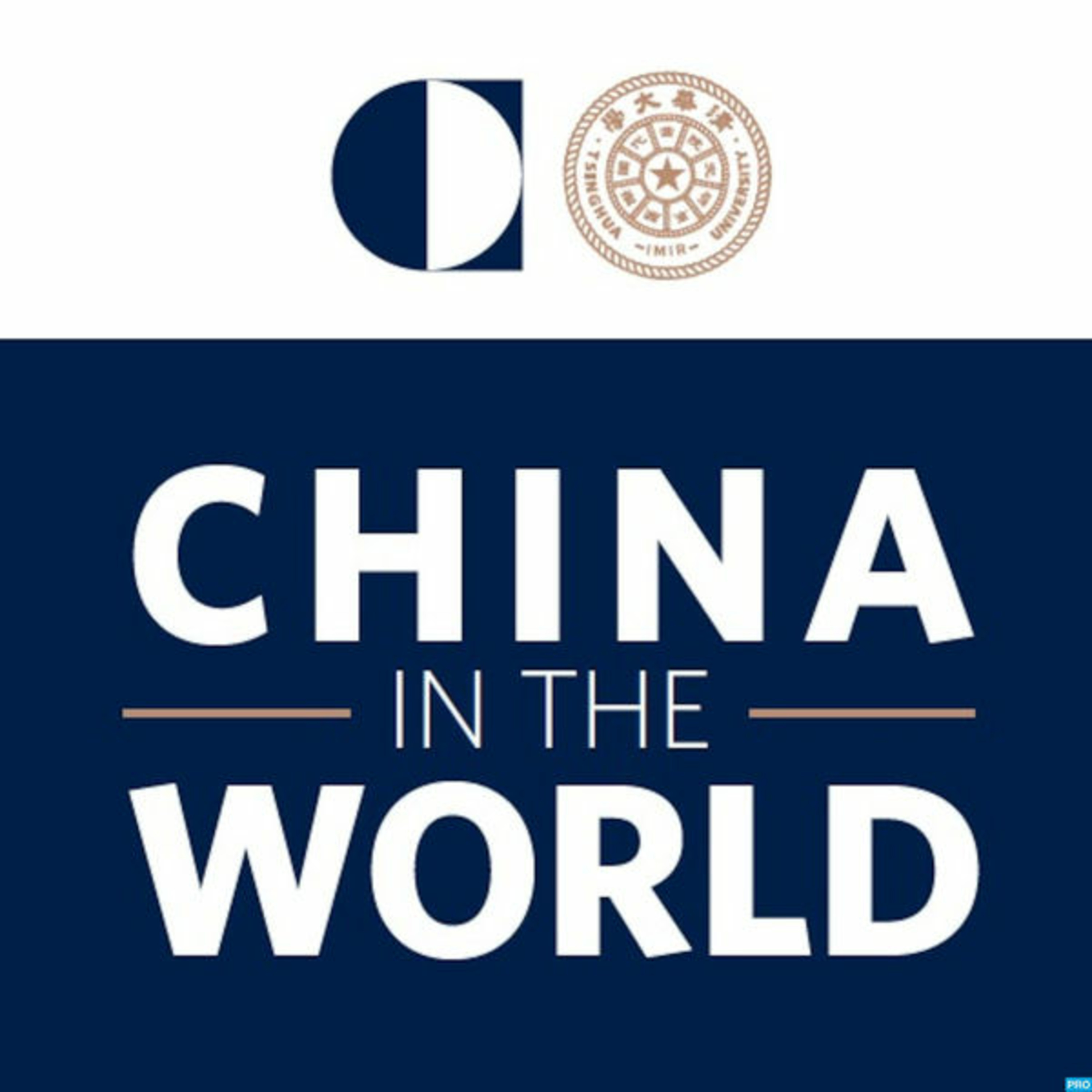
While President Trump appoints new officials to his administration and reviews policy frameworks, Asia-Pacific leaders are moving ahead. Since taking office, Trump has grappled with consequential developments in the region from North Korea's ballistic missile tests to the removal of South Korea's Park Geun-hye. In part two of this two-part podcast, Paul Haenle discussed the future of U.S. strategy in the Asia-Pacific under the Trump administration with Dr. Michael Green, CSIS Senior Vice President for Asia and Japan Chair, Georgetown University professor, and former senior director for Asia on the White House National Security Council.
Trump's First Test: Asia with Michael Green Pt. 1
28 perc
21. rész
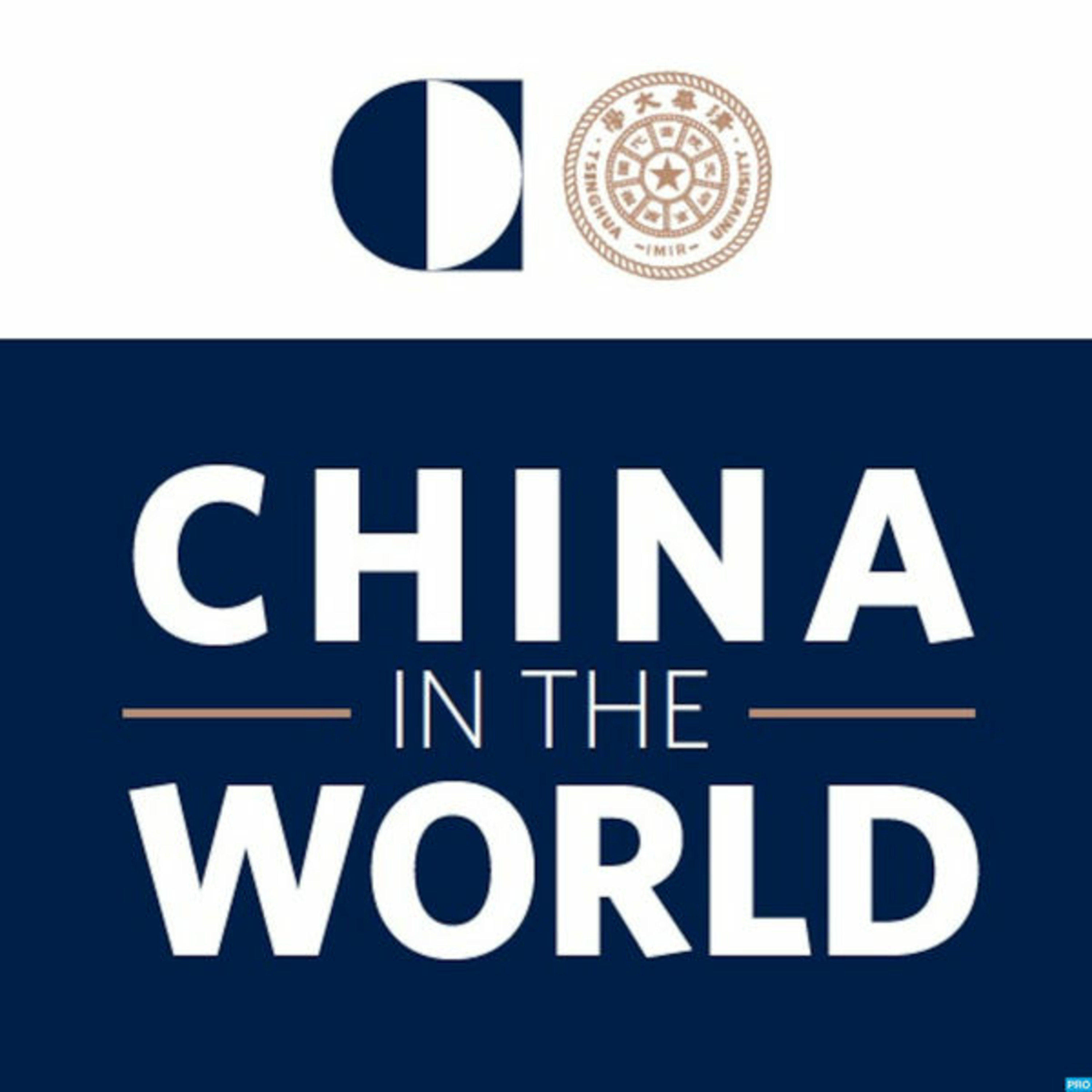
While President Trump appoints new officials to his administration and reviews policy frameworks, Asia-Pacific leaders are moving ahead. Since taking office, Trump has grappled with consequential developments in the region from North Korea's ballistic missile tests to the removal of South Korea's Park Geun-hye. In part one of this two-part podcast, Paul Haenle discussed the future of U.S. strategy in the Asia-Pacific under the Trump administration with Dr. Michael Green, CSIS Senior Vice President for Asia and Japan Chair, Georgetown University professor, and former senior director for Asia on the White House National Security Council.
What Would Closer U.S.-Russia Relations Mean for China?
20 perc
20. rész
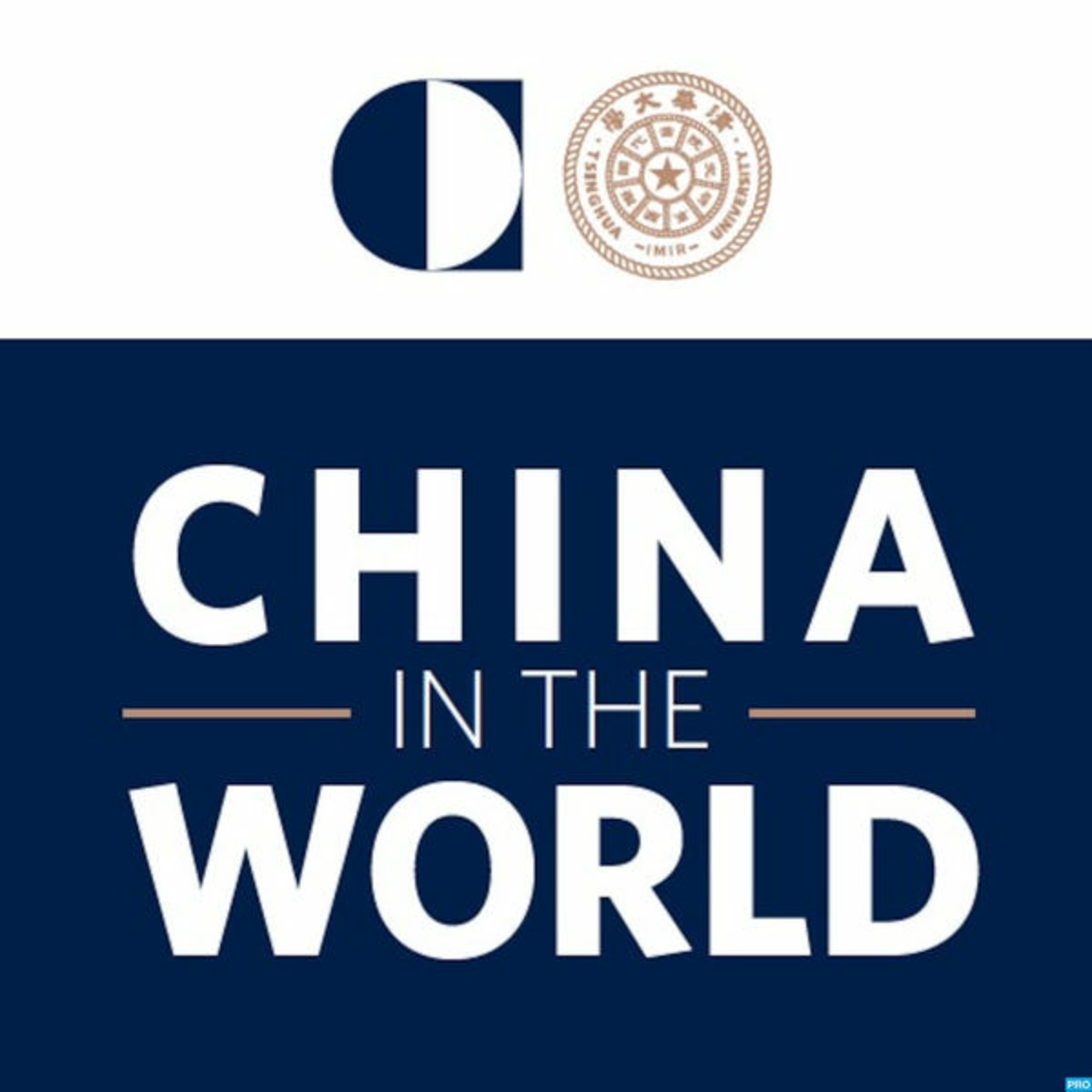
The Trump administration has spurred a debate in the United States on how to best manage the complex bilateral relationship with Russia. Paul Haenle sat down with Carnegie scholars Andrew Weiss, Paul Stronski, and Alexander Gabuev on the sidelines of the Carnegie Global Dialogue to discuss the implications of changes in the Trump administration's Russia and China policies for China-Russia relations.
Paul Haenle on U.S.-China Relations in the Trump Administration
24 perc
19. rész
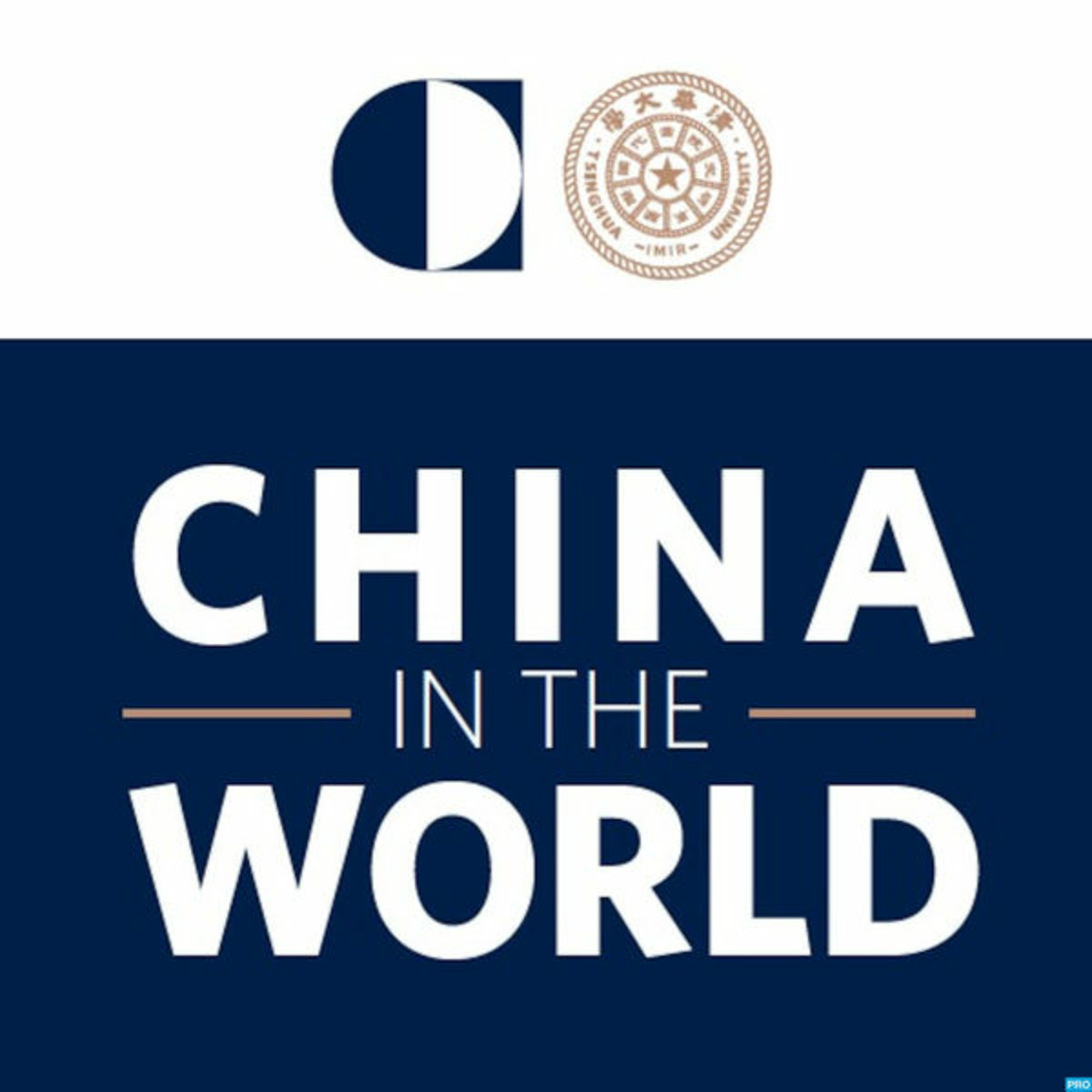
The U.S.-China relationship is pivotal to the world order. U.S. President Donald Trump has repeatedly criticized China during his campaign and since his inauguration. Carnegie-Tsinghua Center for Global Policy Director Paul Haenle sat down with Tom Carver, vice president for communications and strategy for the Carnegie Endowment for International Peace, to discuss Trump’s direct assaults on the cornerstones of the U.S.-China relationship, and assess the administration’s confrontational approach to questions such as the One China policy, the Trans-Pacific Partnership, and North Korea. Haenle also addressed the pressures facing Chinese President Xi Jinping as he approaches the 19th National Congress of the Communist Party of China, and how conceptions of China’s role in the world are shifting within the country.
Quick Take: Trump Will Honor US "One China" Policy
16 perc
18. rész
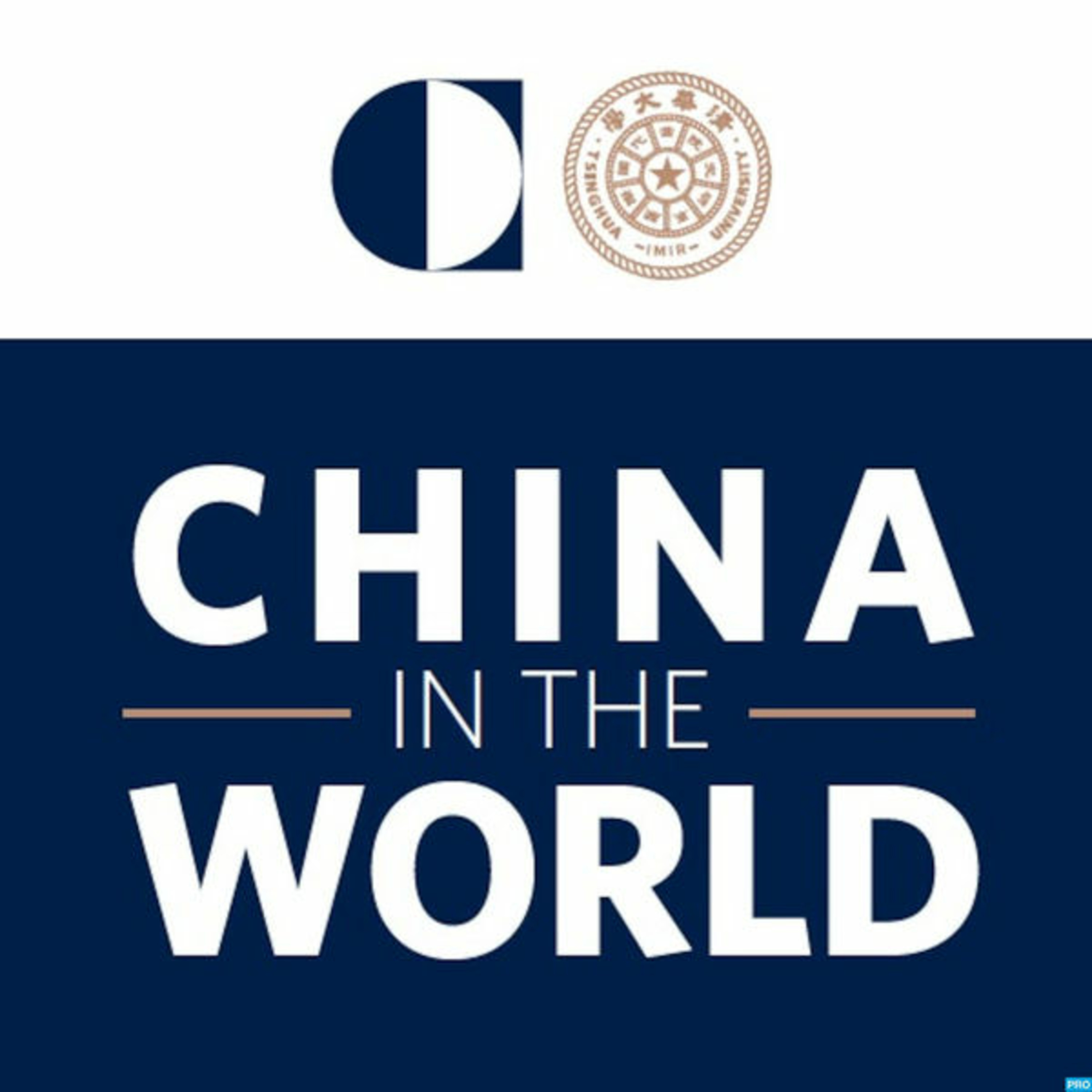
Dr. Evan Medeiros, former NSC Senior Director for Asian Affairs under the Obama administration, and Paul Haenle, former NSC China Director under the George W. Bush administration, pick apart the significance of President Trump's phone call to Chinese President Xi Jinping on Thursday night, in which Trump said the U.S. would honor our "One China" policy, and look at what's next in the U.S.-China relationship.
China’s North Korea Calculus under Trump
48 perc
17. rész

Two weeks into President Trump’s first term, the White House has launched a review of its North Korea policy. Dealing with the threat from Pyongyang's missile launches and nuclear weapons program is likely to top the administration's security agenda in the region. Paul Haenle spoke with Tong Zhao, a fellow in Carnegie’s Nuclear Policy Program based at the Carnegie–Tsinghua Center for Global Policy, about how North Korea and other regional security challenges will fit into the new context for U.S.-China relations under the Trump administration.
Chen Dingding on U.S.–China Relations Pt. 2
15 perc
16. rész
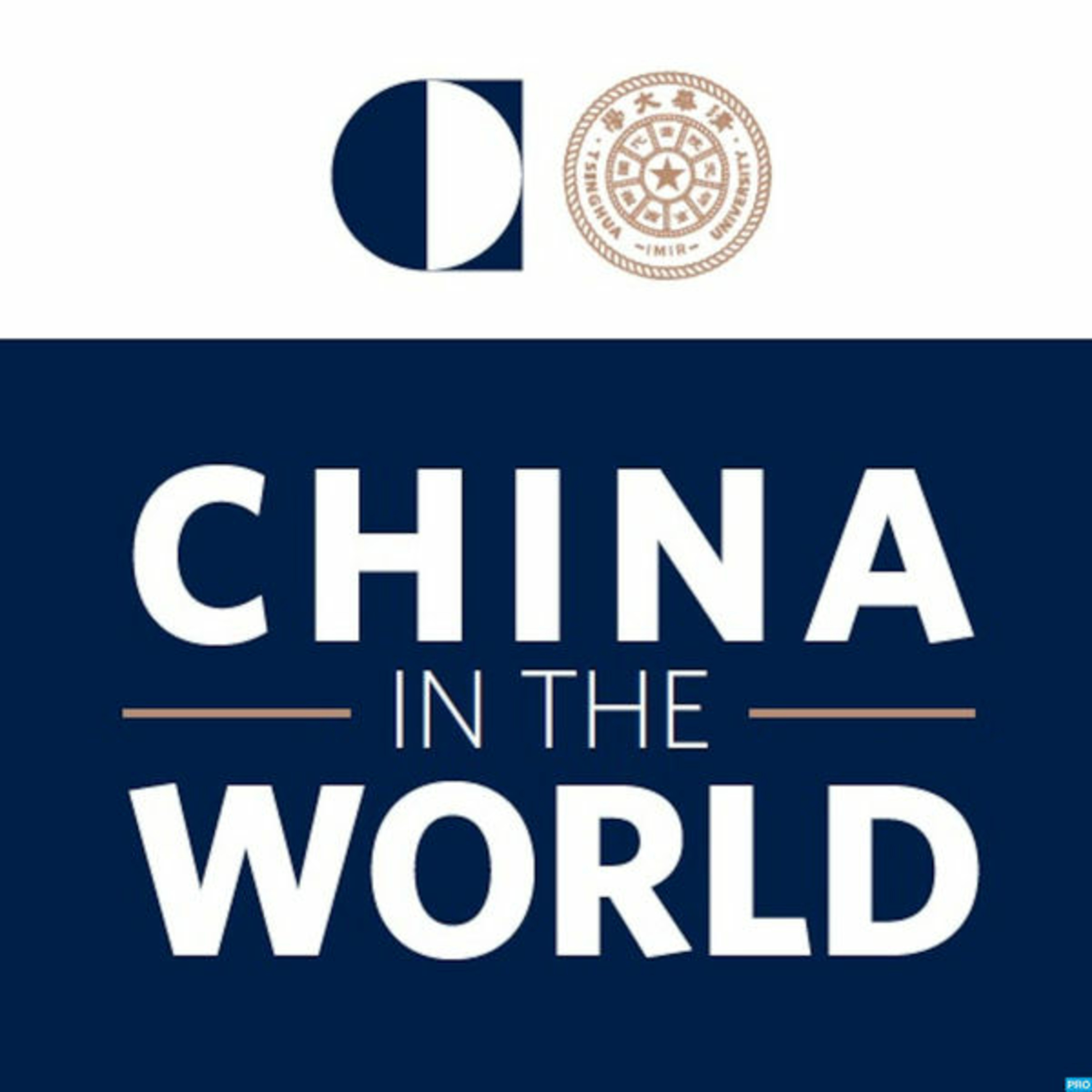
In the wake of Donald Trump's inauguration, uncertainty looms over the future of U.S China policy. In part two of this two-part podcast, Paul Haenle spoke with Chen Dingding, an international relations professor at Jinan University and Founding Director of the Intellisia Institute, about the Chinese reaction to Trump’s election and his views on how it could impact future bilateral relations.
U.S.–China Relations Leading Up to Trump’s Inauguration Pt. 1
19 perc
15. rész
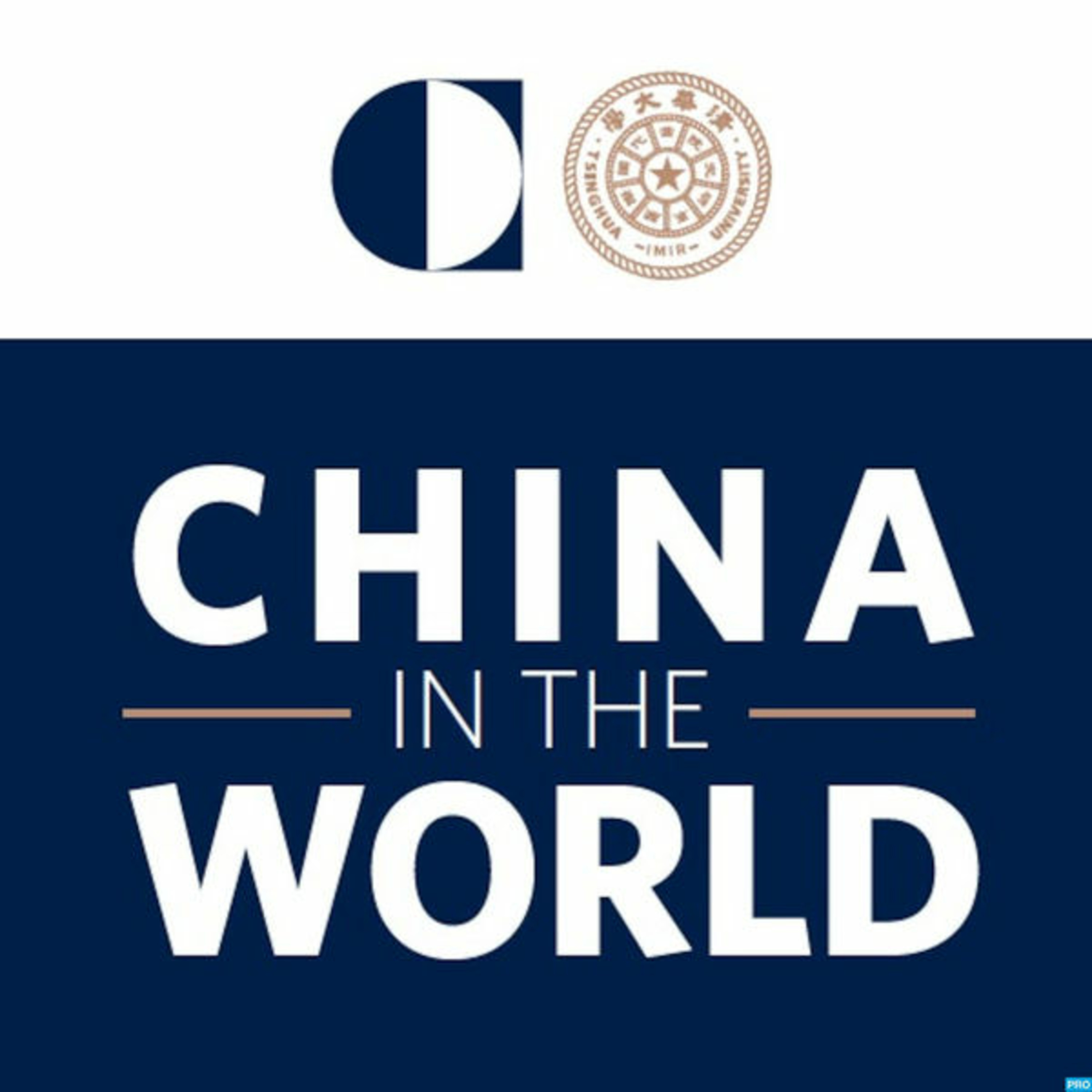
As Donald Trump’s inauguration approaches, uncertainty looms over the future of U.S China policy. In part one of this two-part podcast, Paul Haenle spoke with Chen Dingding, an international relations professor at Jinan University and Founding Director of the Intellisia Institute, about the Chinese reaction to Trump’s election and his views on how it could impact future bilateral relations.
China’s Growing Role in Battling Climate Change
30 perc
14. rész
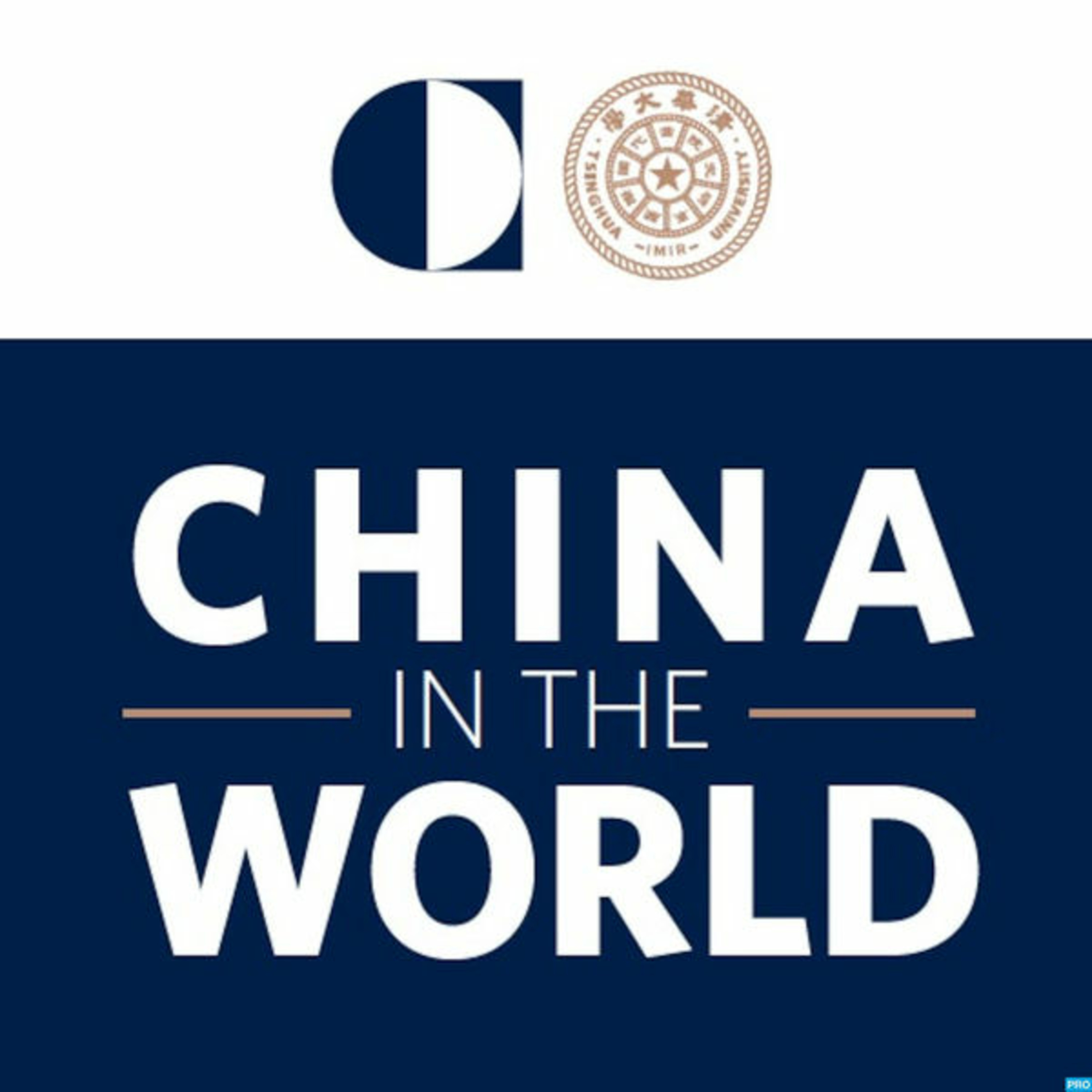
With the United States leadership role in the fight against climate change now being called into question, China has found itself in the unique position of being a global leader of the cause. In this podcast, non-resident Carnegie-Tsinghua Scholar Wang Tao spoke with Yang Fuqiang, a senior advisor on climate and energy at the National Resource Defense Council, about China's ongoing energy transition.
U.S.-China Trade Relations in the Trump era
27 perc
13. rész
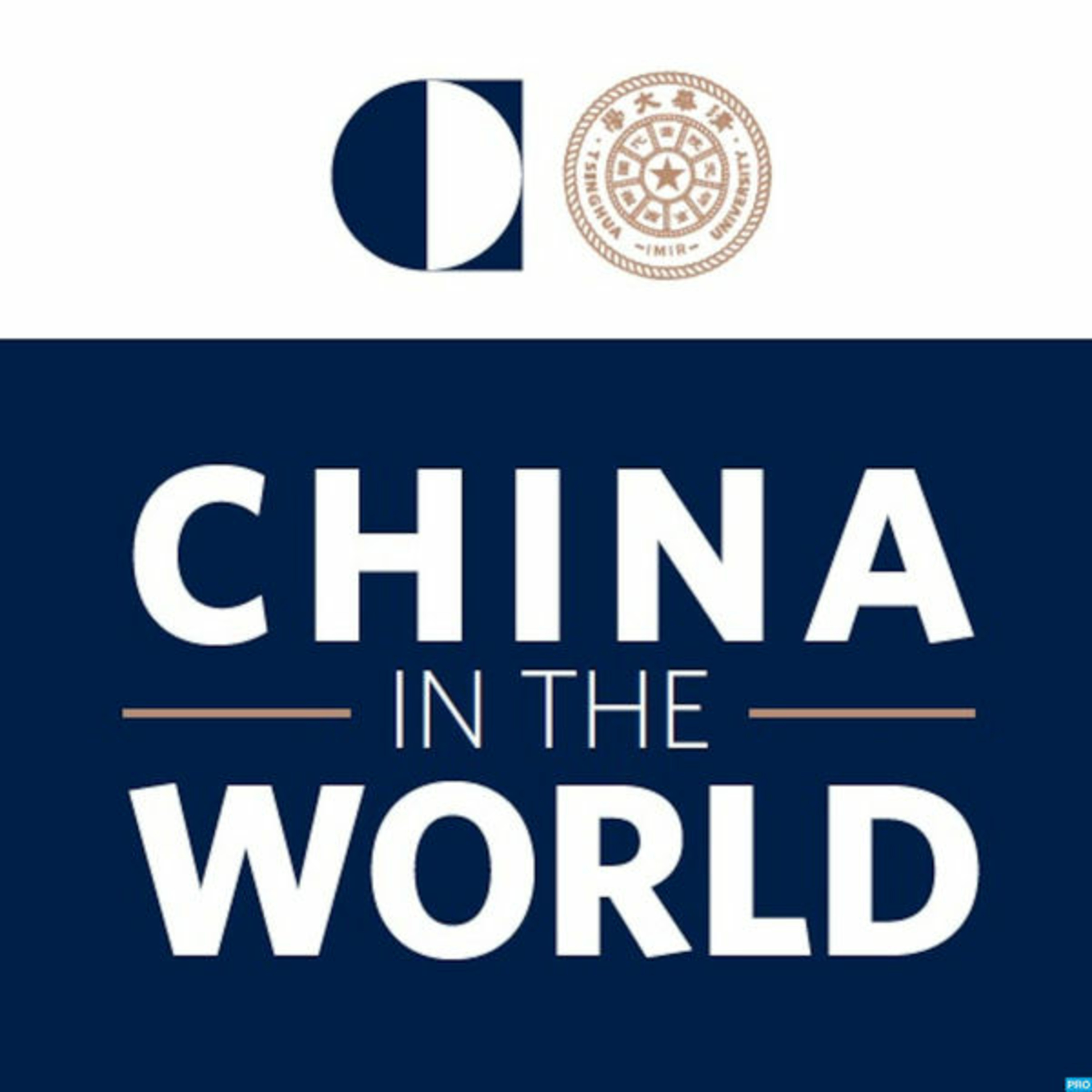
Donald Trump’s election promises to inject greater uncertainty and contention into the trade and investment relationship between the United States and China. In this podcast, Paul Haenle spoke with Claire Reade, a senior associate with the Freeman Chair in China Studies at the Center for Strategic and International Studies and a senior counsel at Arnold & Porter, about her experience shaping the development of U.S.-China trade and economic ties over the past decade.
Electing Donald Trump: The View from China
29 perc
12. rész
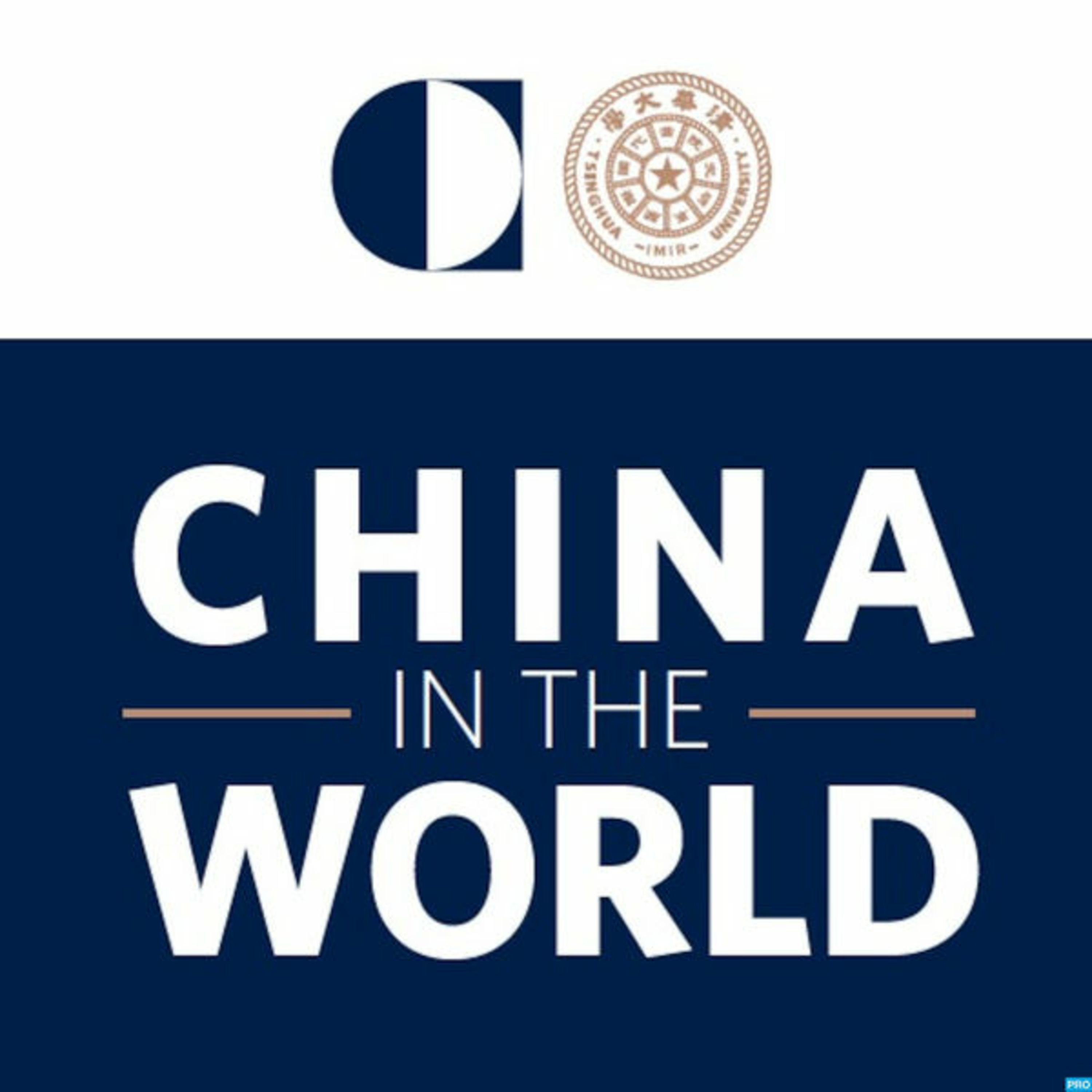
Donald Trump's election in the 2016 U.S. presidential race ushers in a period of considerable uncertainty in regard to the future of U.S. policies in the Asia-Pacific and vis-a-vis its relationship with China. In this podcast, Paul Haenle spoke with Dr. Zhao Hai, a research fellow at the National Strategy Institute at Tsinghua University, about China’s initial reactions to Donald Trump’s election and the implications for U.S.-China relations.
Law of the Sea and the US Elections with John Bellinger
27 perc
11. rész
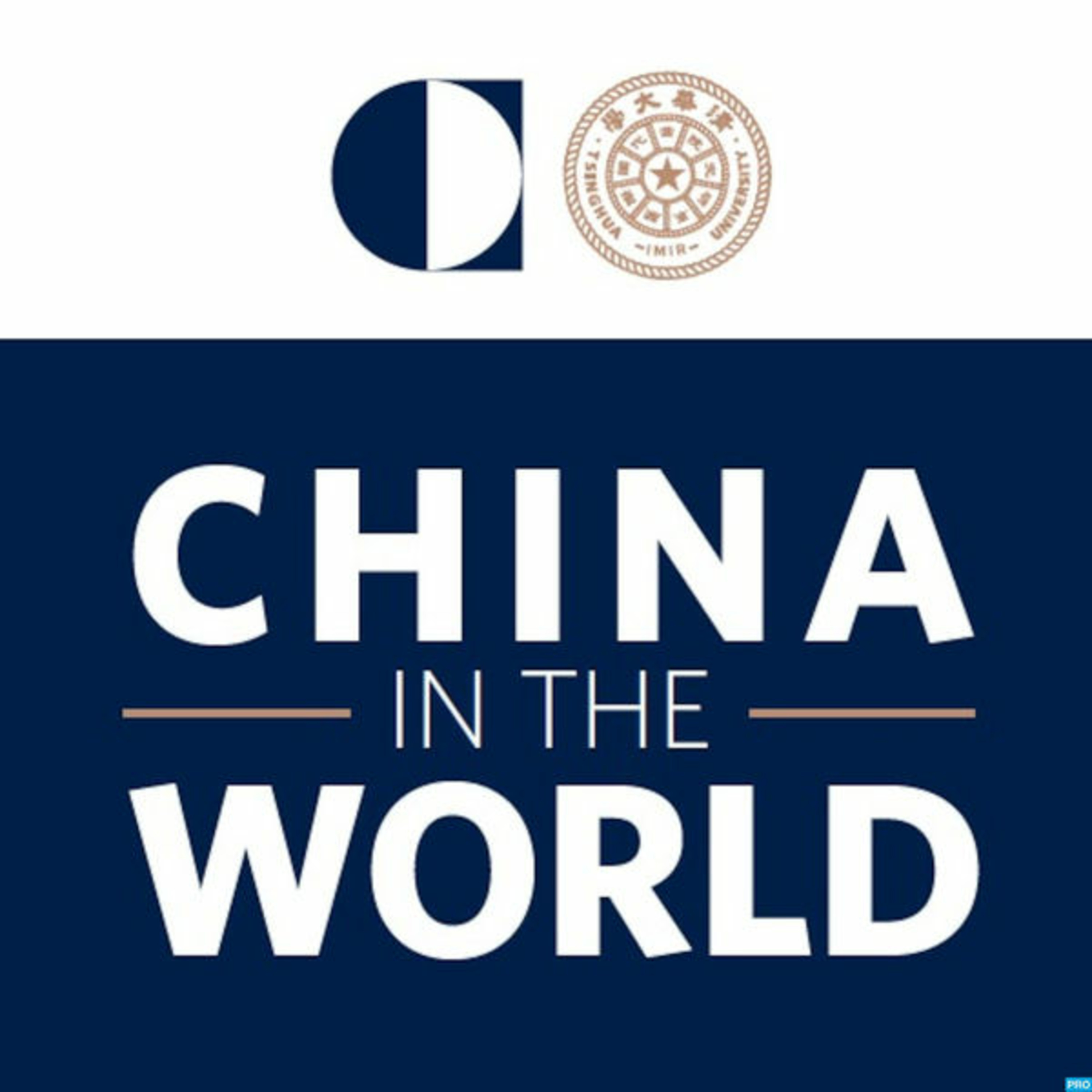
The South China Sea has been a central point of tension in the U.S.-China relationship under the Obama administration. In this podcast, Paul Haenle speaks with John Bellinger, the most senior international lawyer in the George W. Bush administration, about the implications of the July international tribunal ruling on the Philippines vs. China case, and why the U.S. is not a party to the Law of the Sea convention despite the support of consecutive bipartisan administrations. Bellinger also offers his thoughts on the upcoming U.S. presidential elections, noting that the threat of terrorism from actors such as ISIS, an increasingly assertive Russia in Europe and Syria, and developments in the North Korean nuclear program would be among the top foreign policy priorities for the next U.S. administration.
Adm. Roughead: What's Next on North Korea & the South China Sea?
20 perc
10. rész
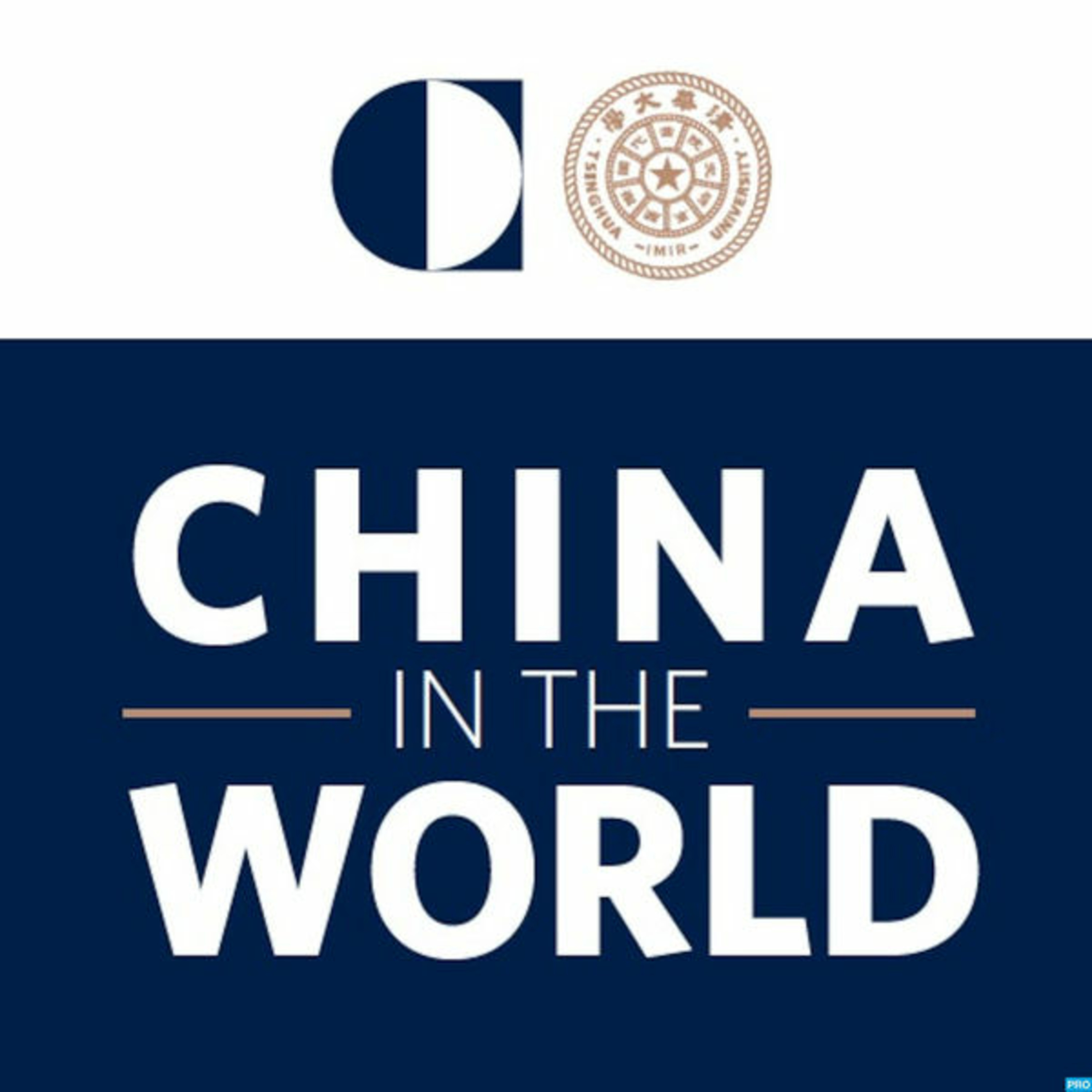
Paul Haenle and Adm. Roughead discuss what the US should do to enforce the tribunal ruling on the South China Sea and why North Korea's latest nuclear and ballistic missile tests are so significant.
America's Future in the Asia-Pacific Following the G20
28 perc
9. rész
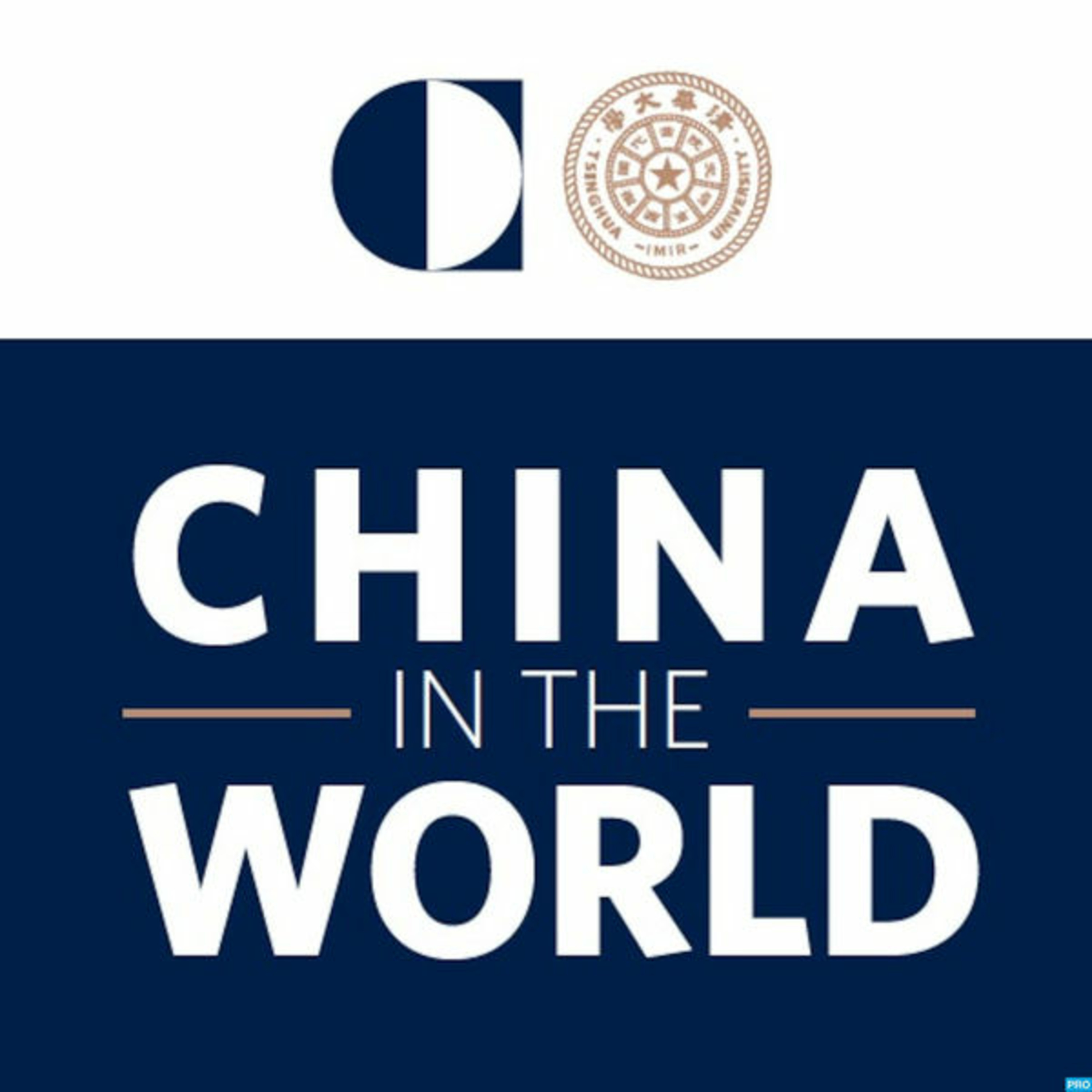
Carnegie-Tsinghua Director Paul Haenle speaks with Dr. Michael J. Green, senior vice president for Asia and Japan Chair at the Center for Strategic and International Studies, on topics such as the successes and failures of Obama's most recent trip to the G20 and ASEAN-U.S. Summit, tensions in the U.S.-Phillipines relationship, and North Korea's most recent nuclear test.
Dennis Wilder on U.S. - China Relations Past and Present Pt. 2
21 perc
8. rész
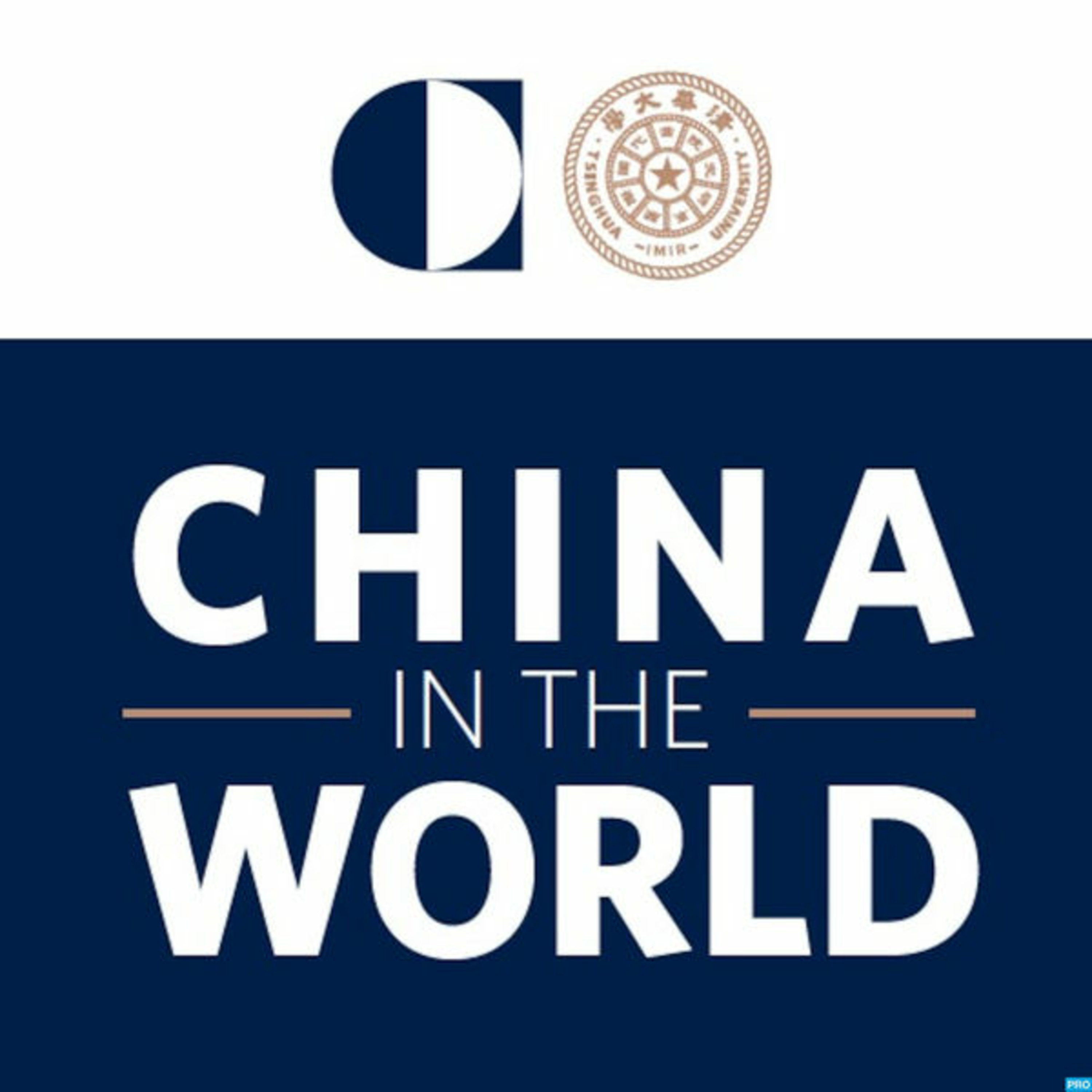
Dennis Wilder on U.S. - China Relations Past and Present Pt. 1
13 perc
7. rész
Elizabeth Economy on the South China Sea Tribunal Ruling
24 perc
6. rész
Uncertainty in China-Europe Relations
15 perc
5. rész
Carnegie-Tsinghua Director Paul Haenle speaks with Carnegie non-resident senior associate Francois Godemont about China's relations with Europe.
View from Moscow: China's Westward March
20 perc
4. rész
Speaking from the 3rd annual Carnegie Global Dialogue in Beijing, China, Carnegie-Tsinghua's Paul Haenle speaks with Carnegie Moscow's Dmitri Trenin about China-Russia relations.
Douglas Paal on China
14 perc
3. rész
Carnegie Endowment Vice President for Asian Studies Douglas Paal discusses the current international environment informing US foreign policy, developments in cross-Strait relations, and prospects for US policy toward China in the next administration.
China's relations with a "Strategic Europe"
23 perc
2. rész
Carnegie-Tsinghua's Paul Haenle speaks with the Director of Carnegie Europe, Dr. Jan Techau, about the future of the European Union, China-EU relations, and how the US factors into the dynamic.
Former Amb Stapleton Roy on U.S.-China Relations
22 perc
1. rész
As part of Carnegie's annual Global Dialogue in Beijing, former U.S. Ambassador to China, J. Stapleton Roy, joins CTC Director Paul Haenle to speak about U.S.-China relations and the South China Sea.
